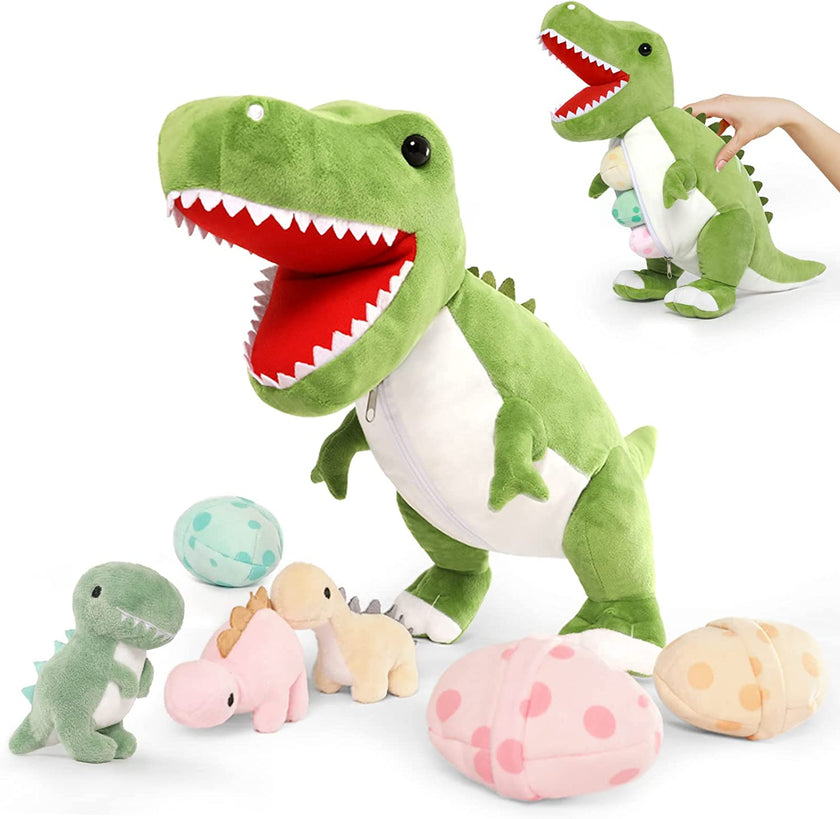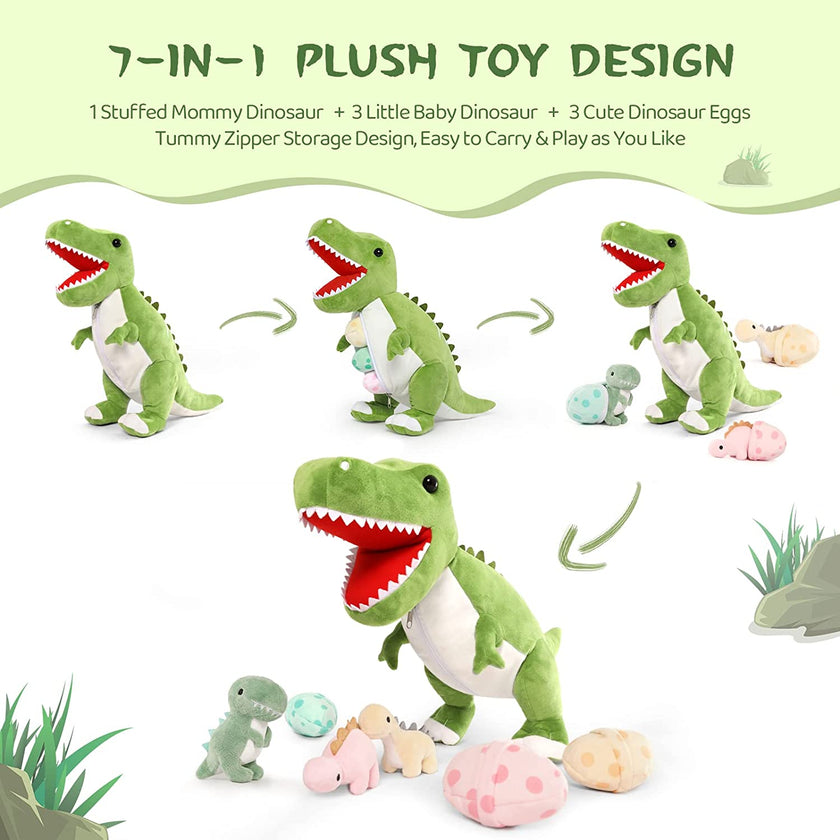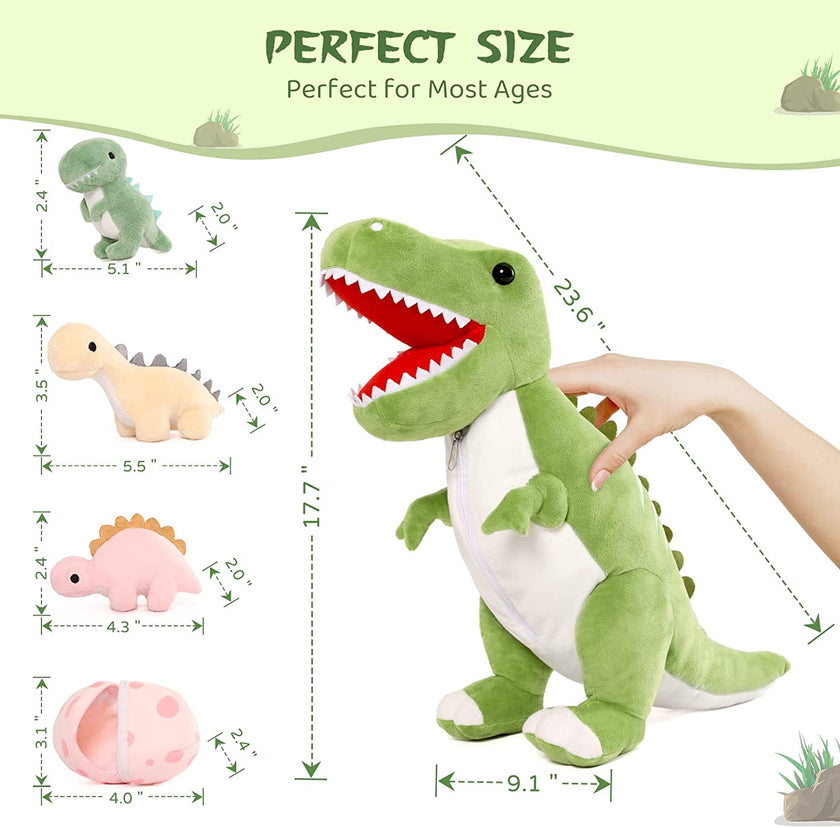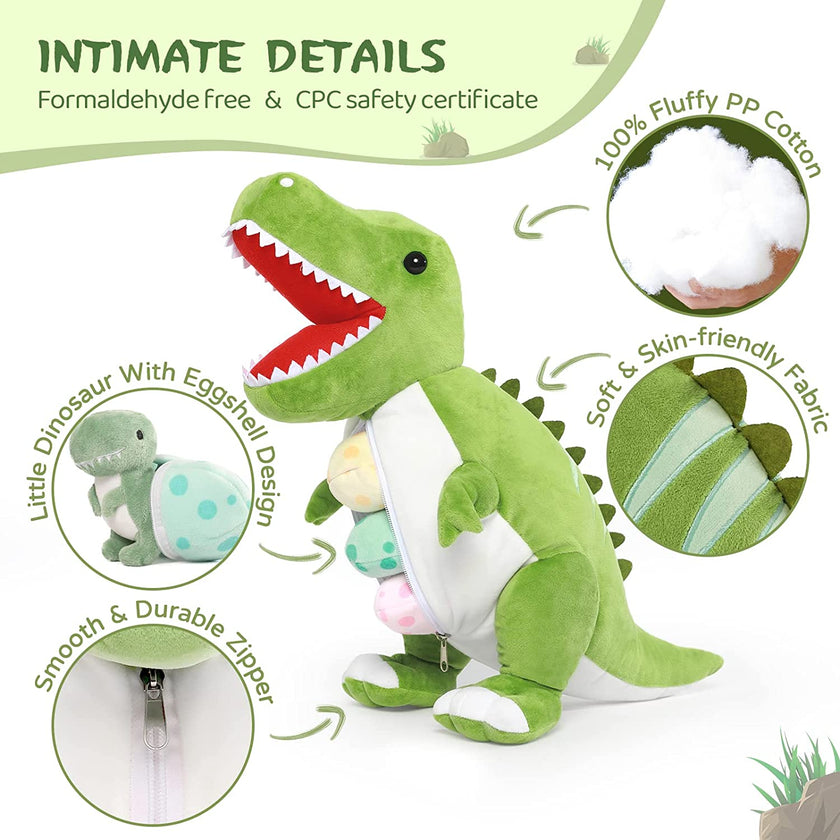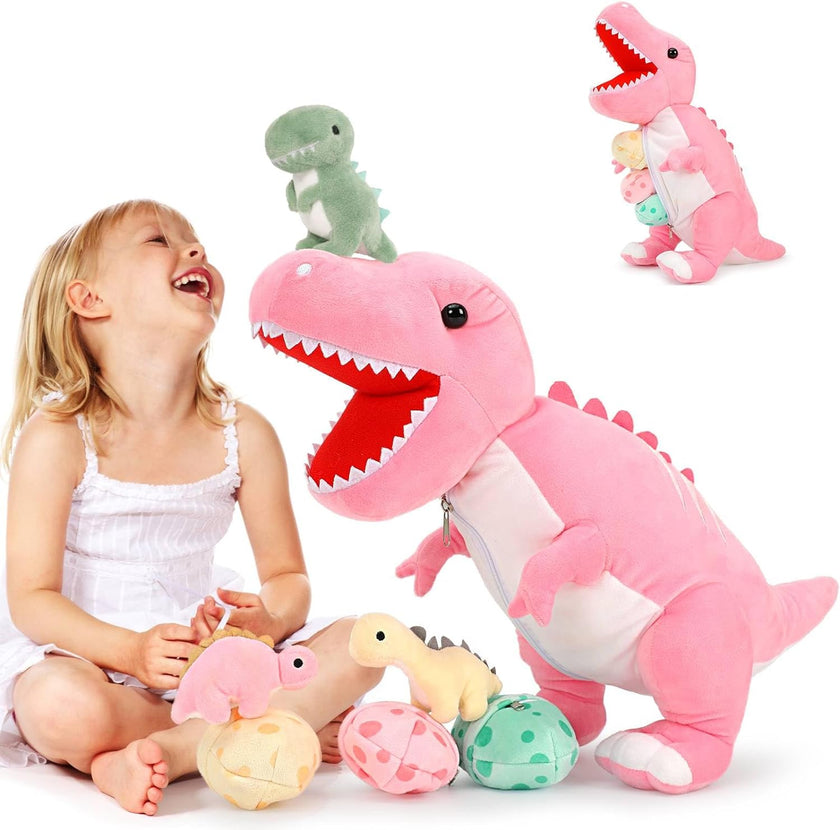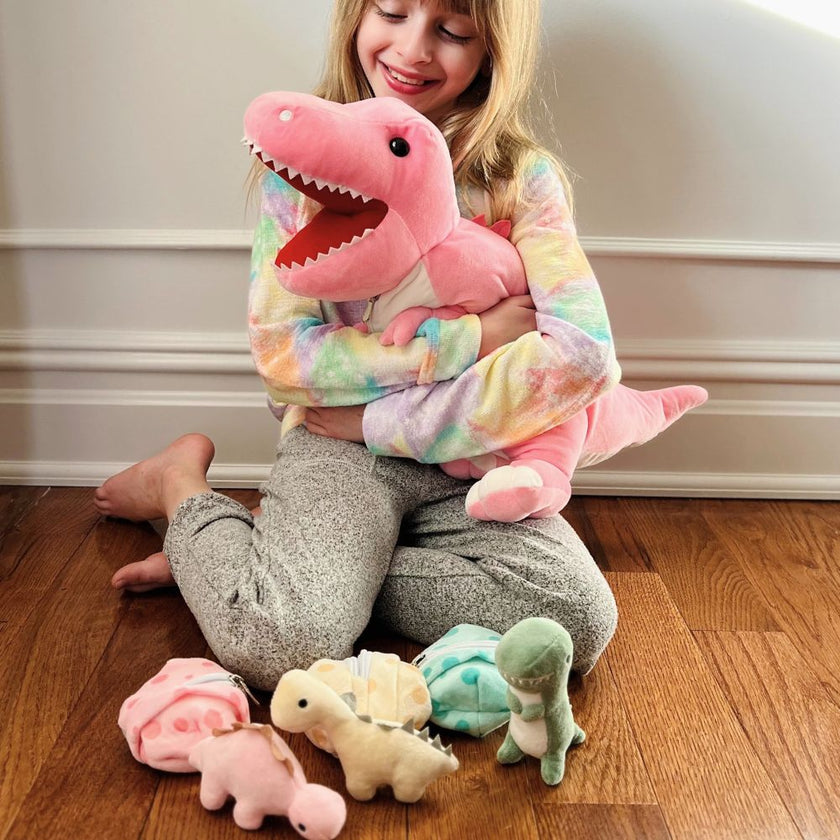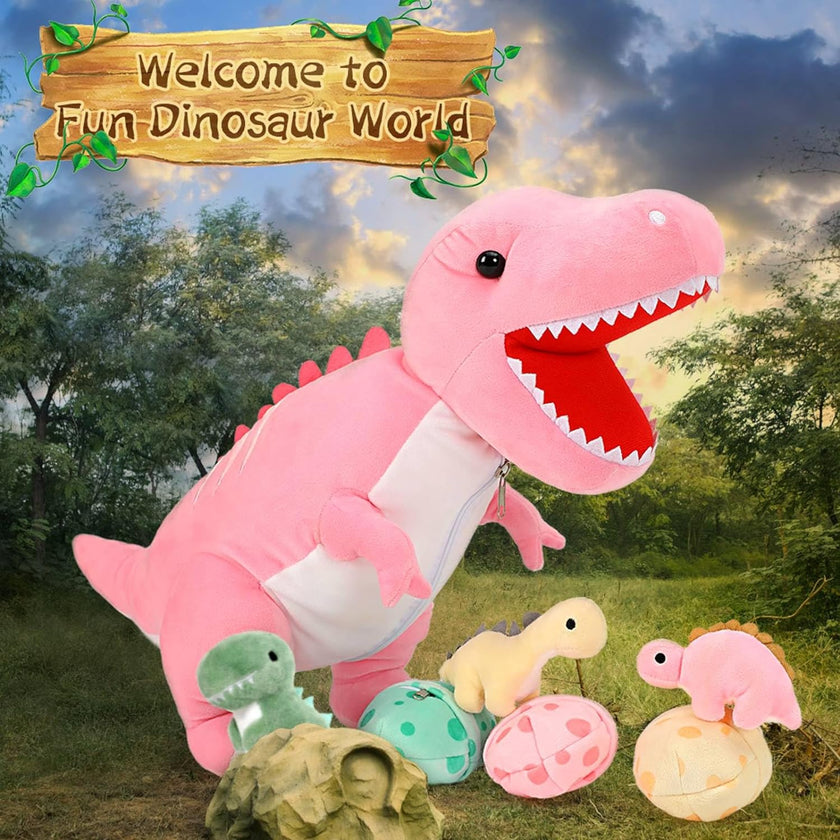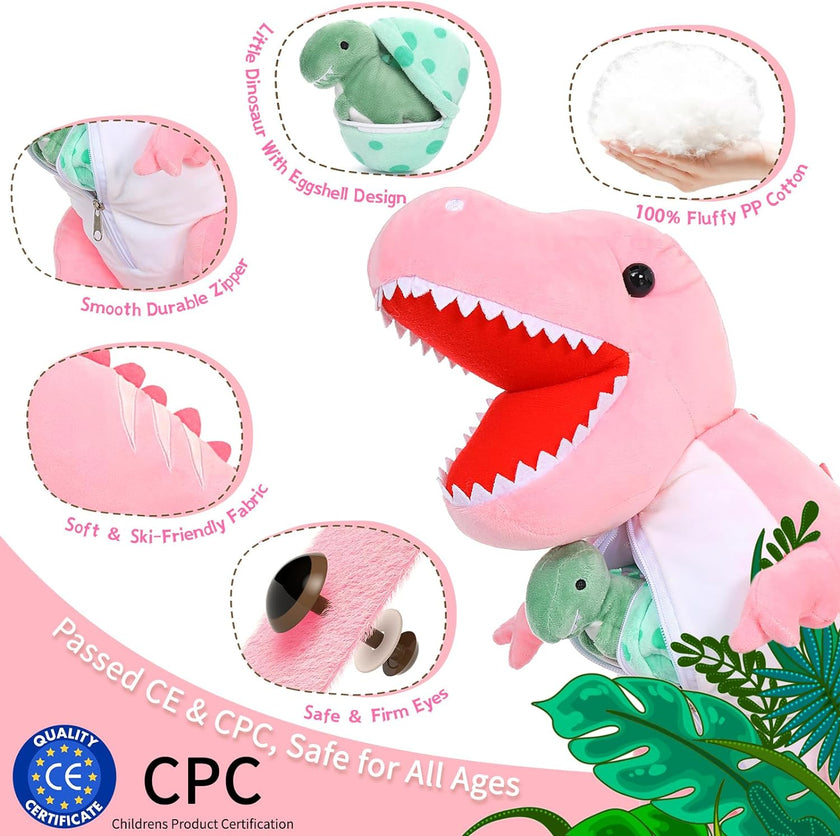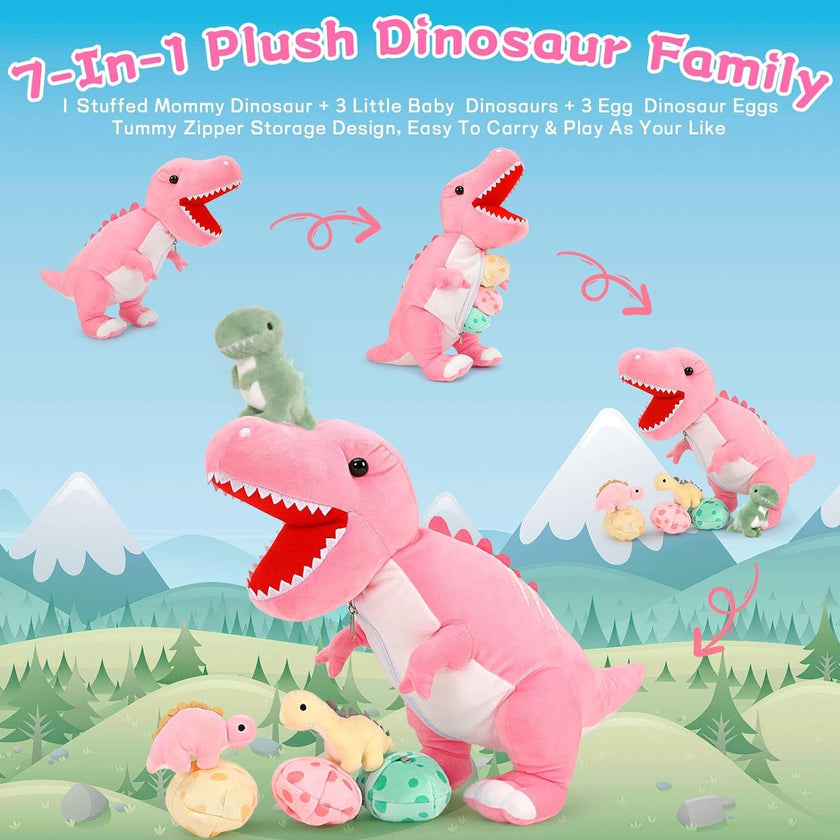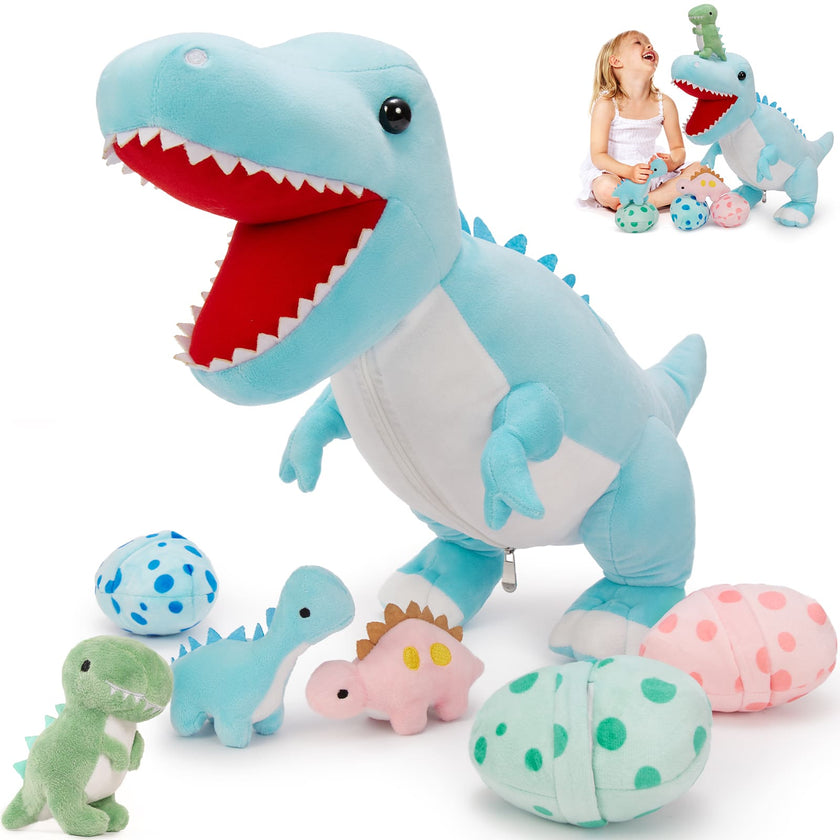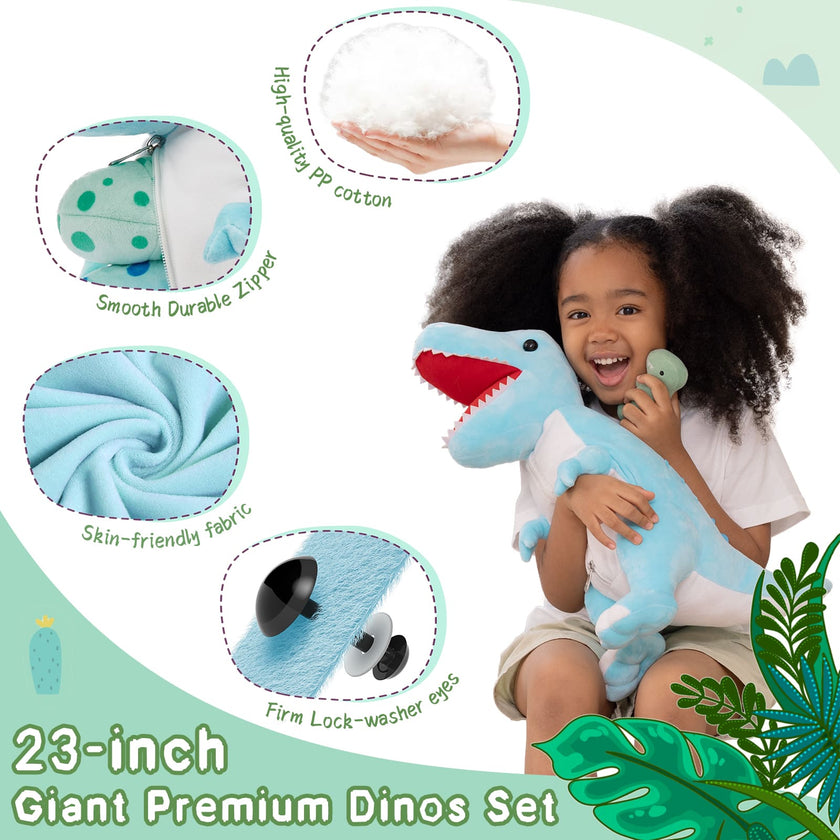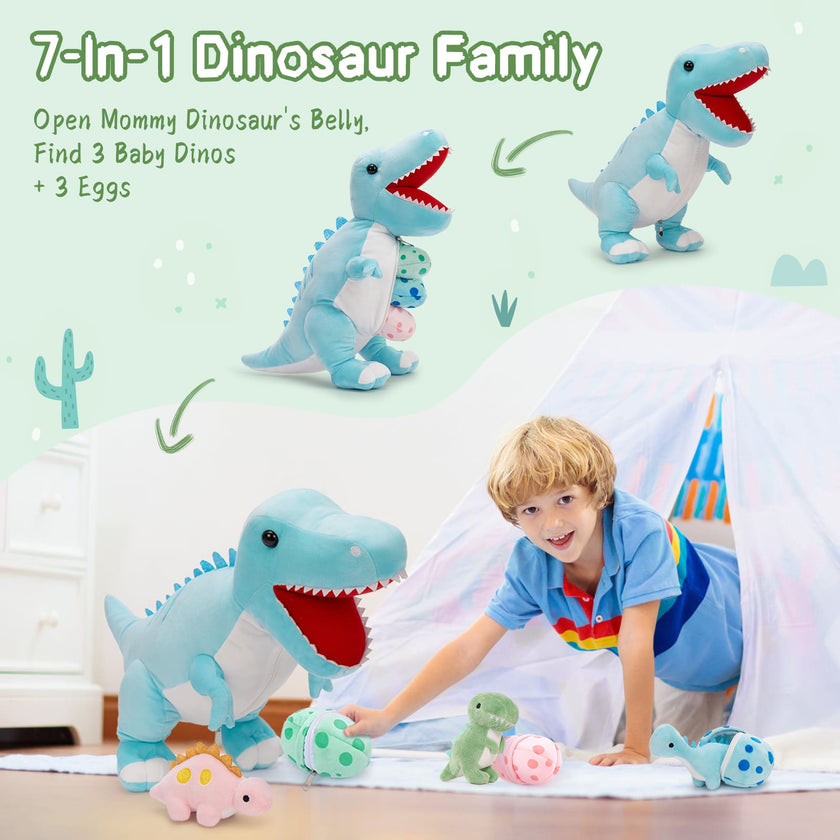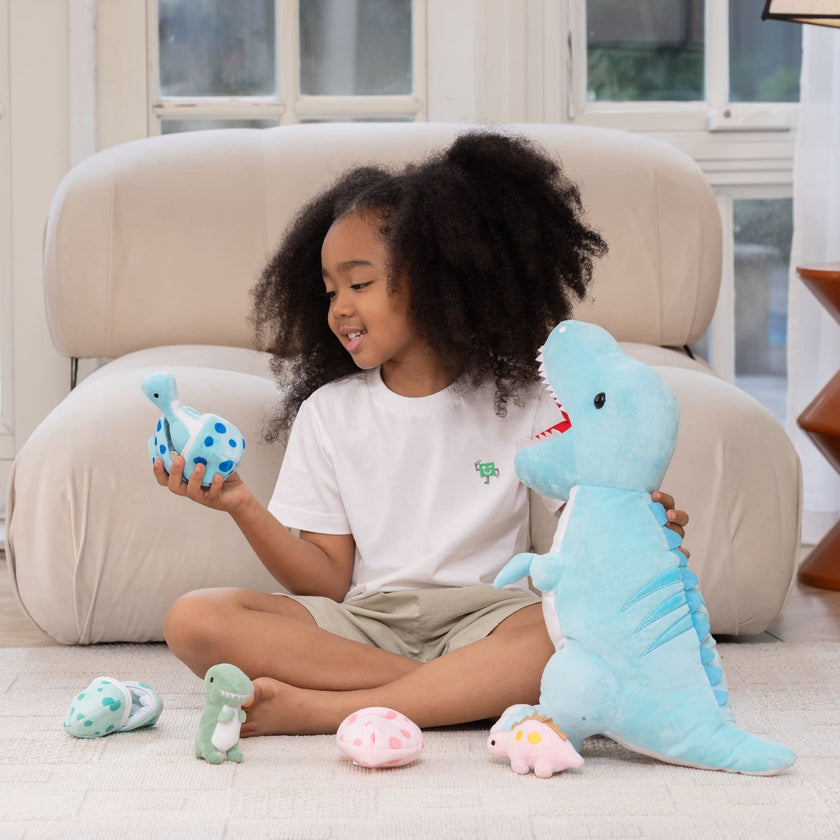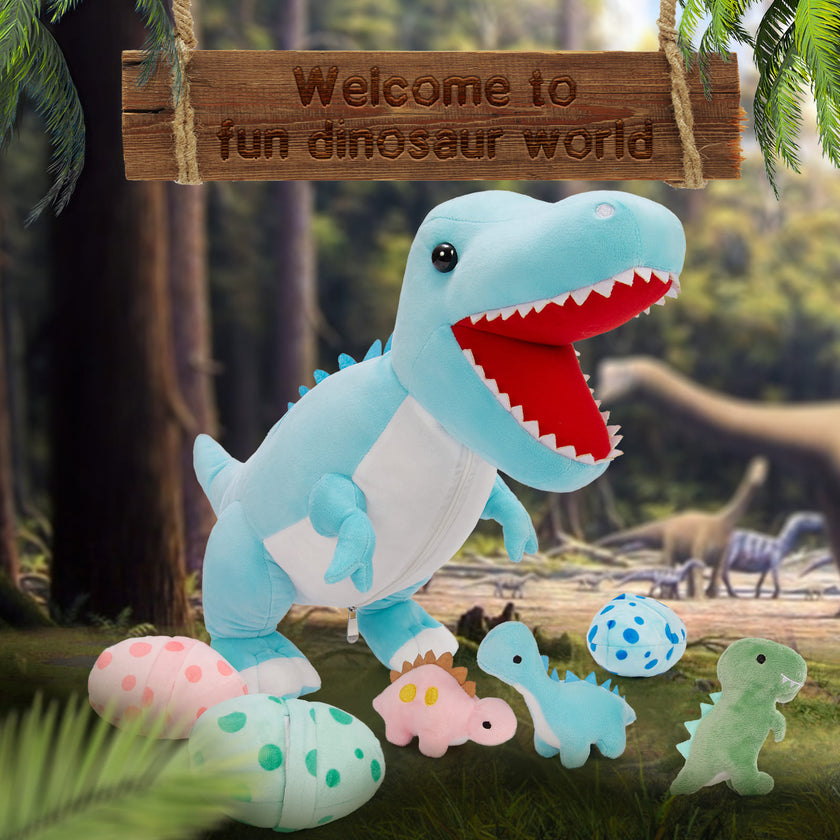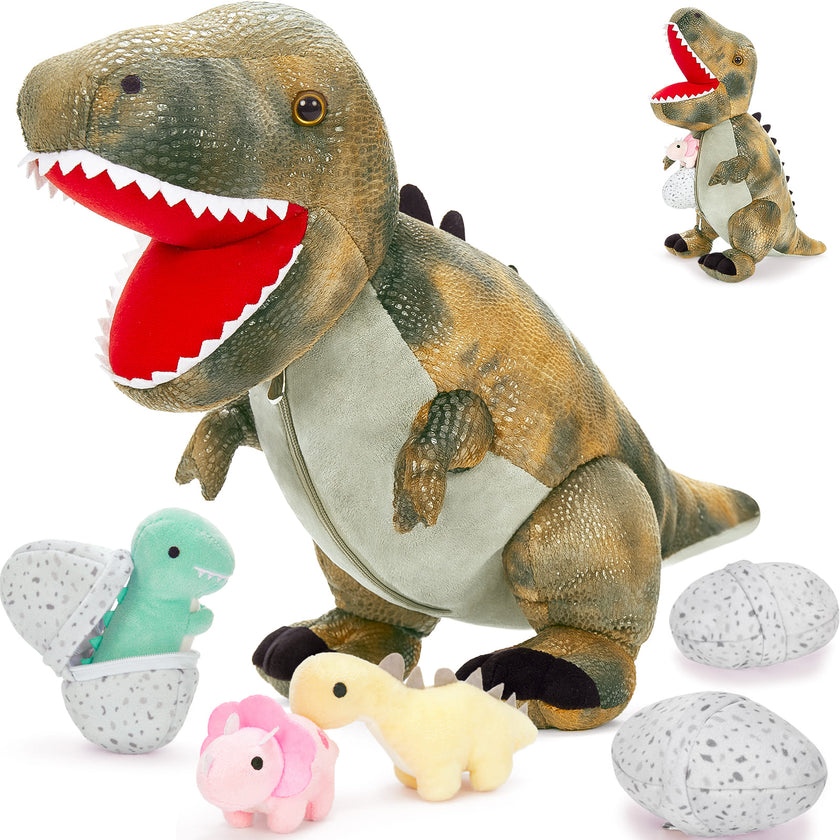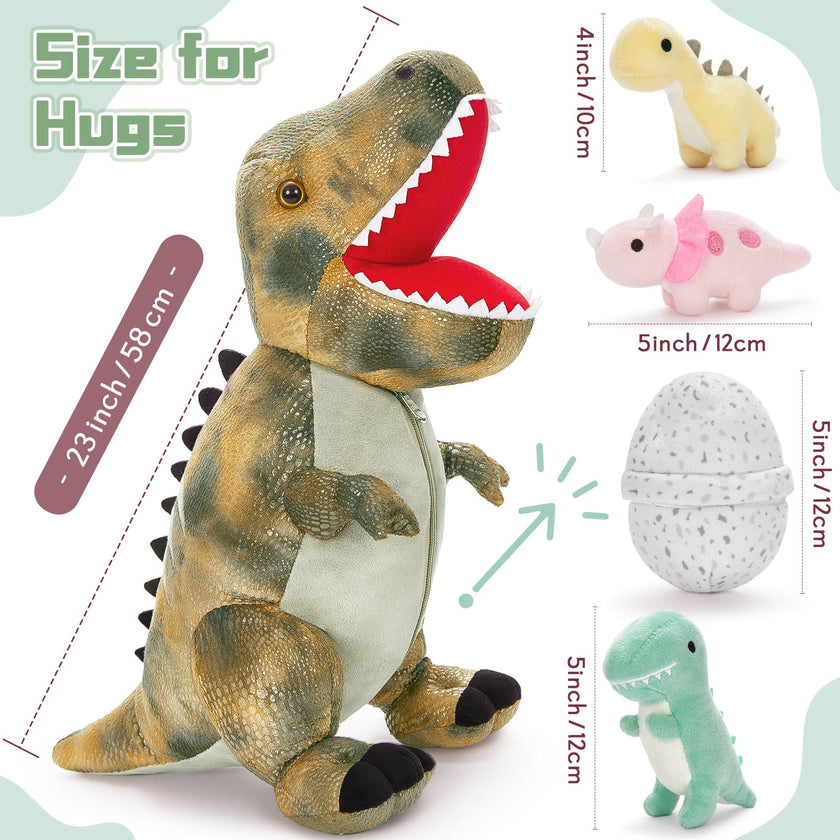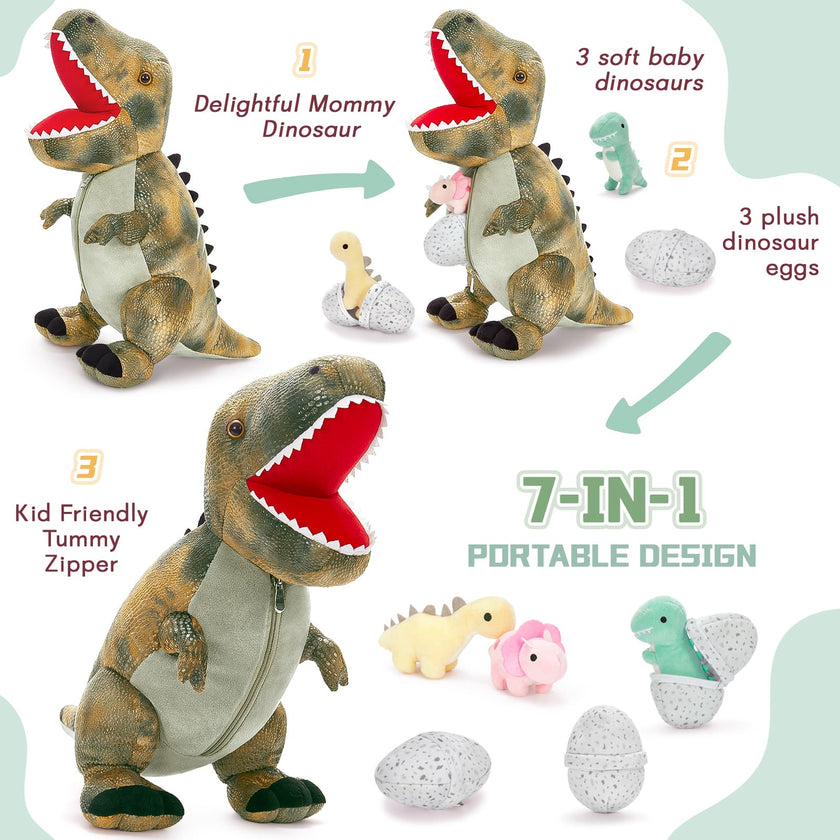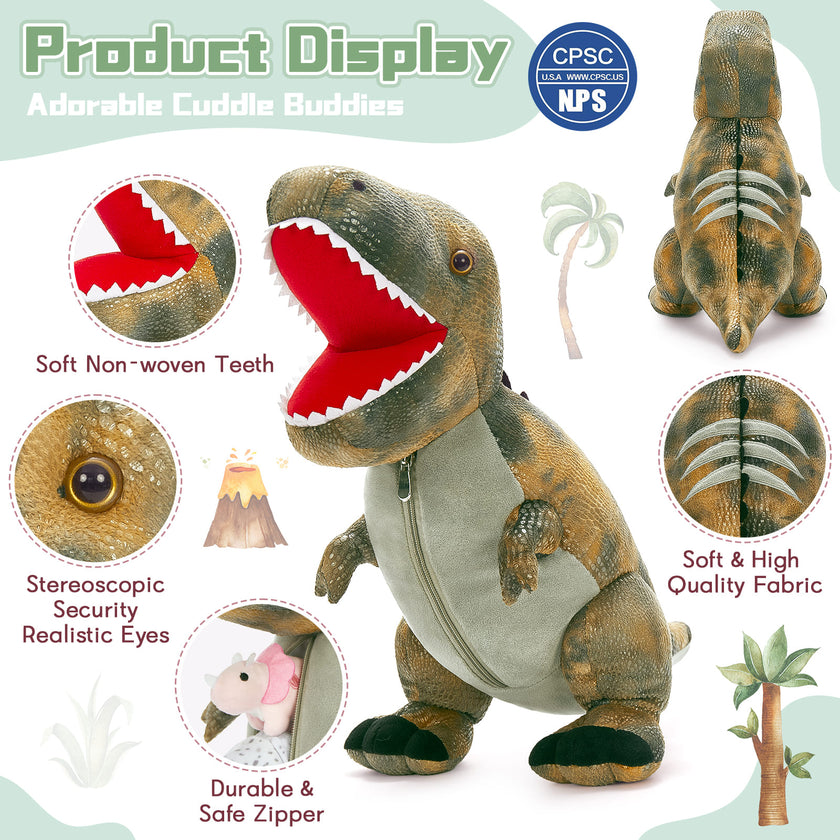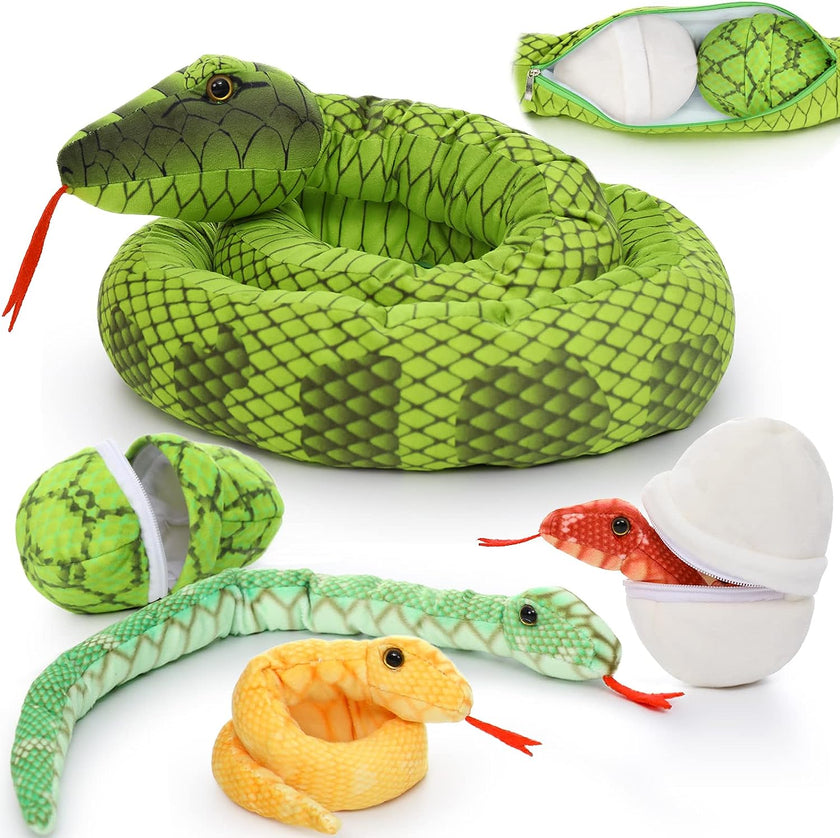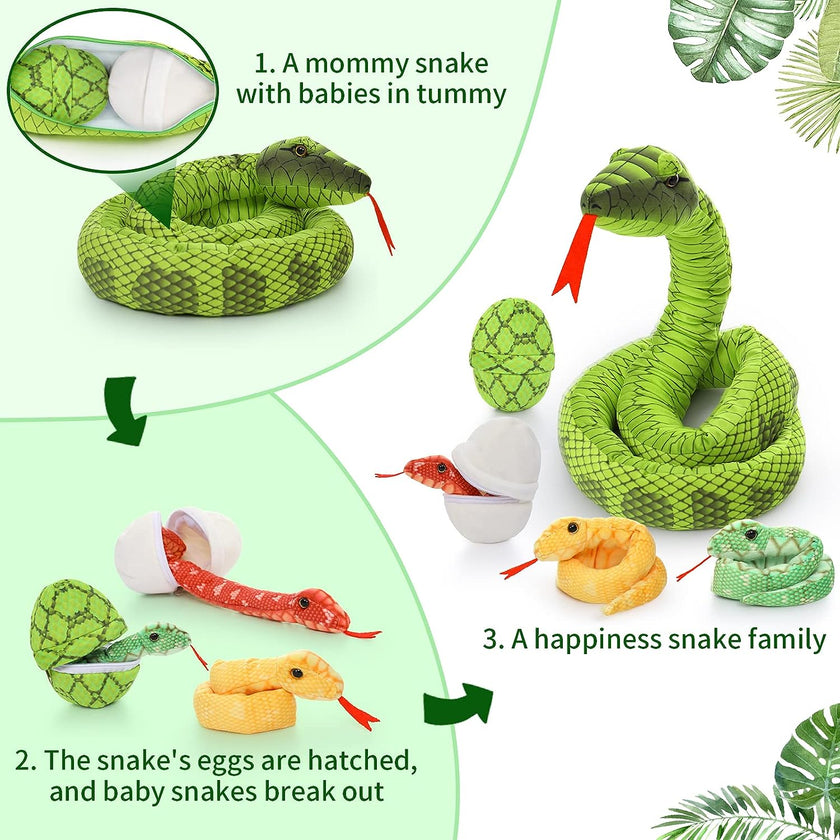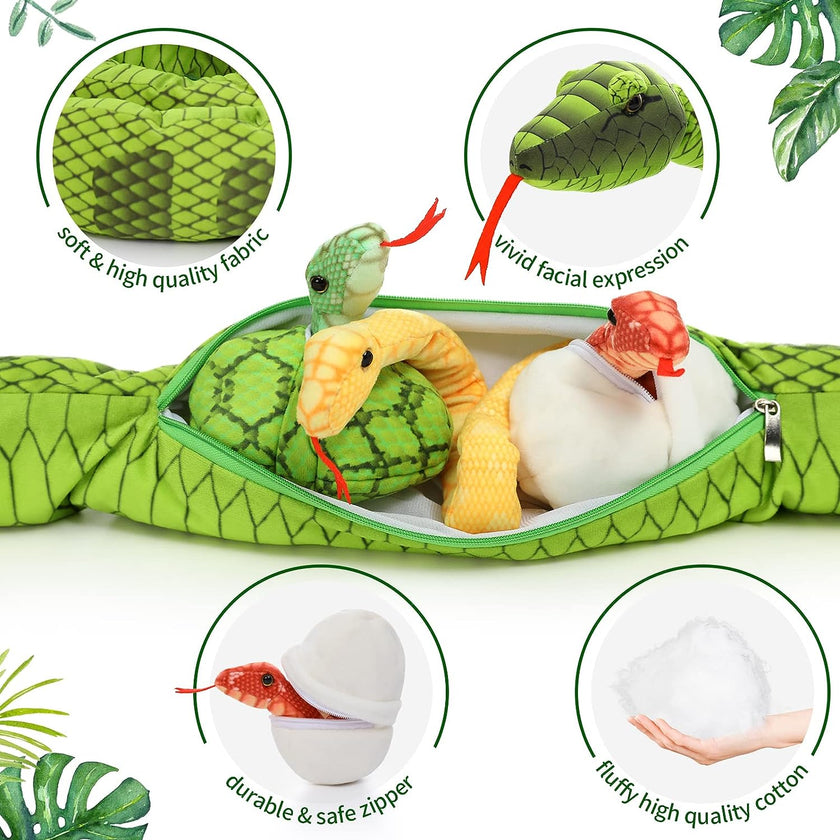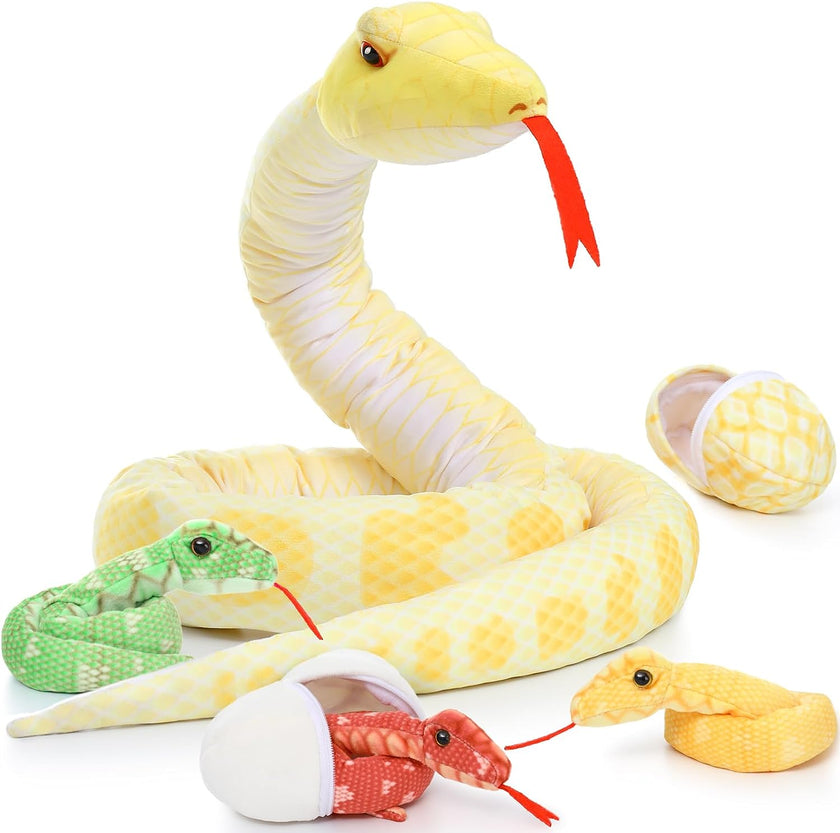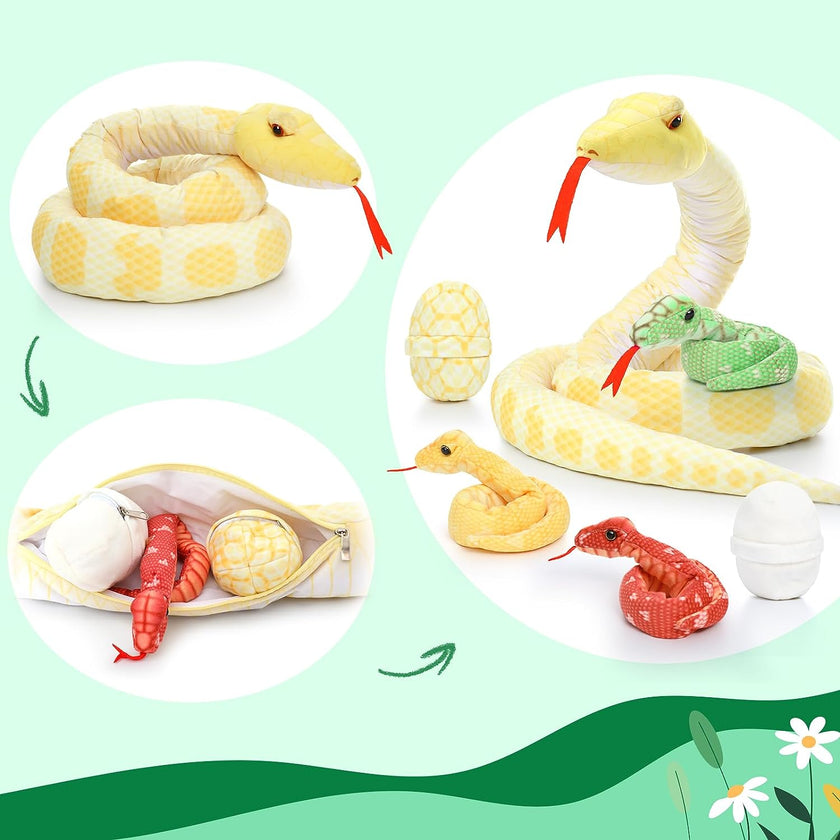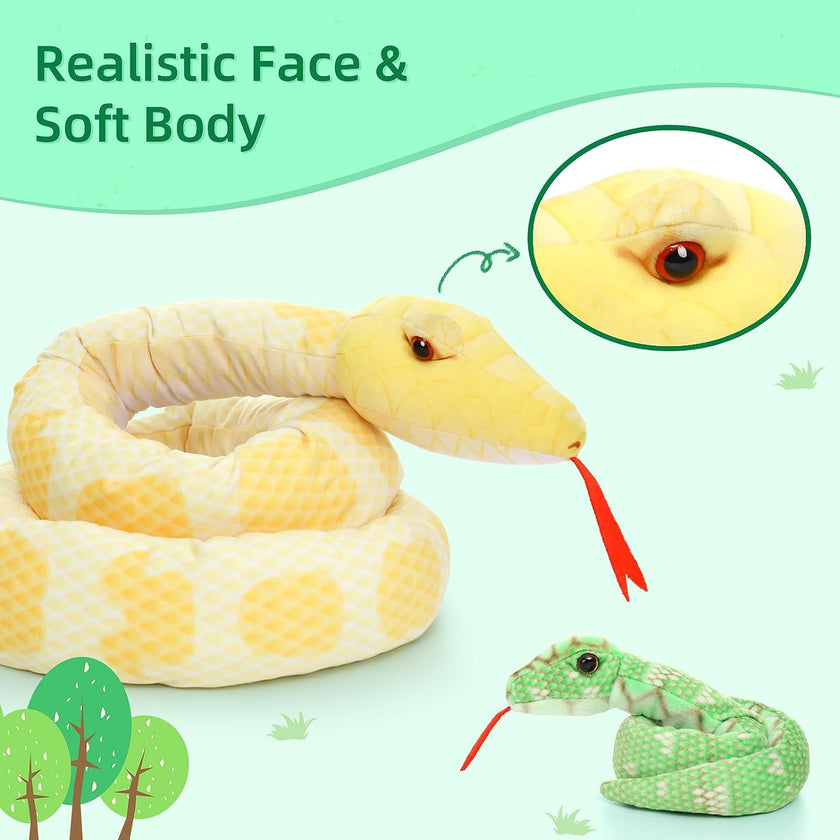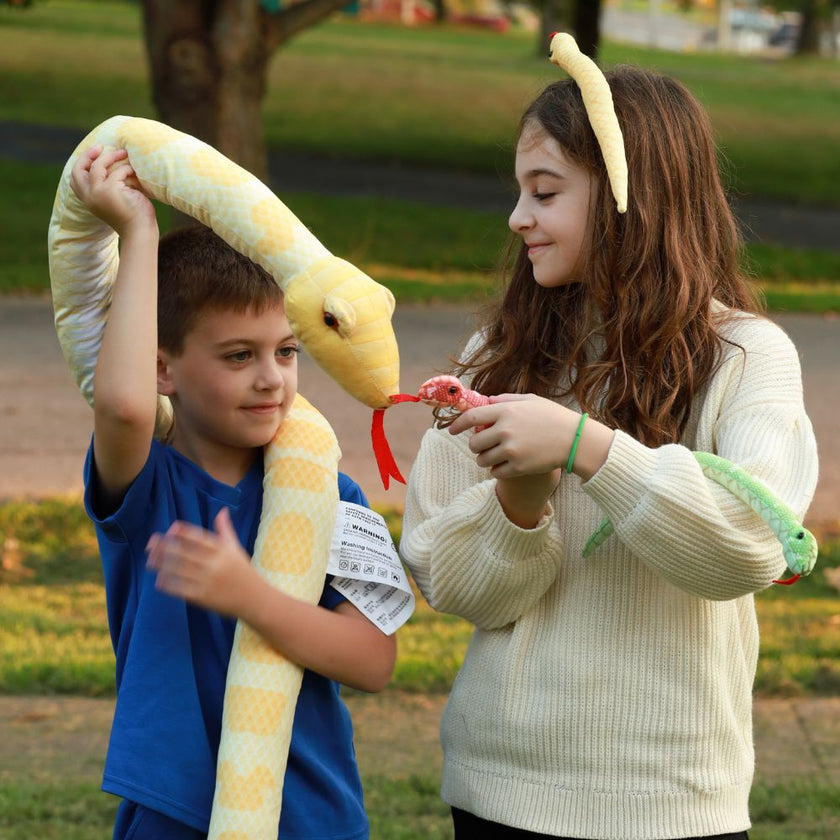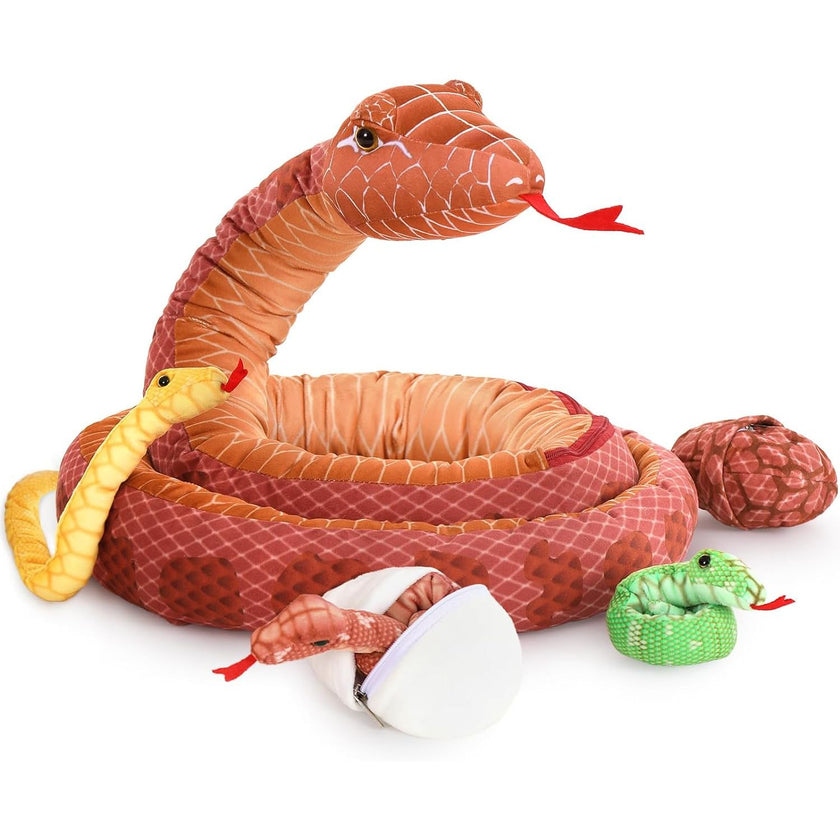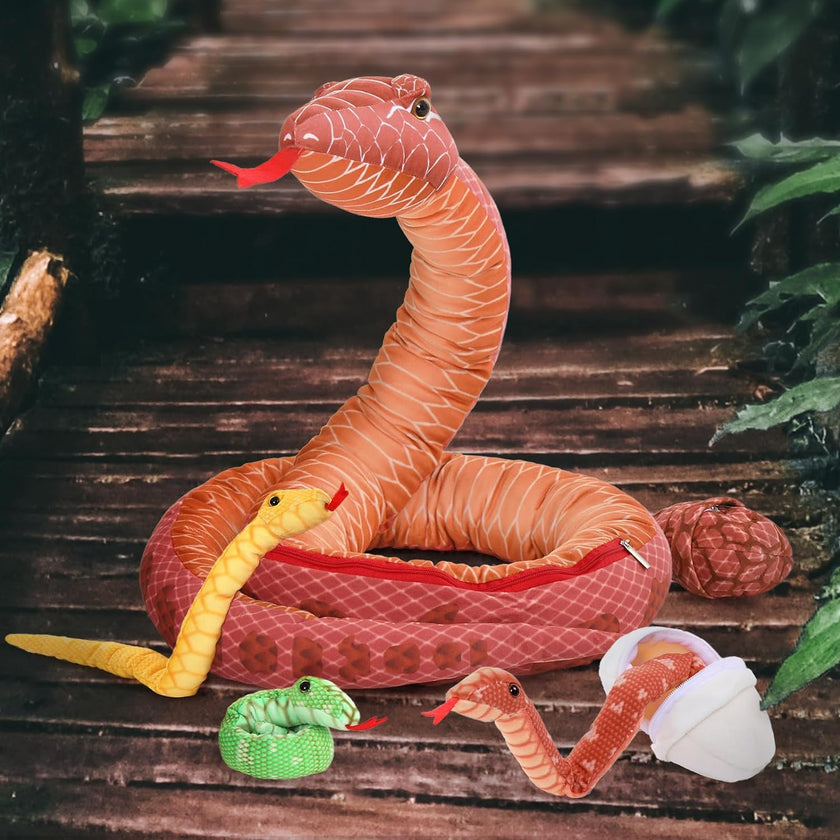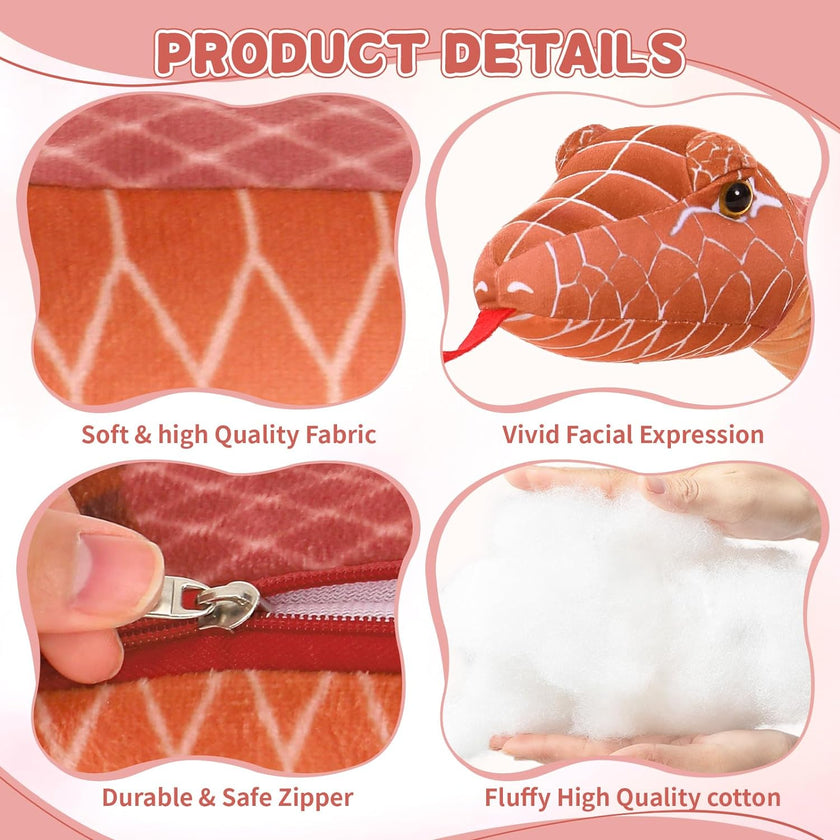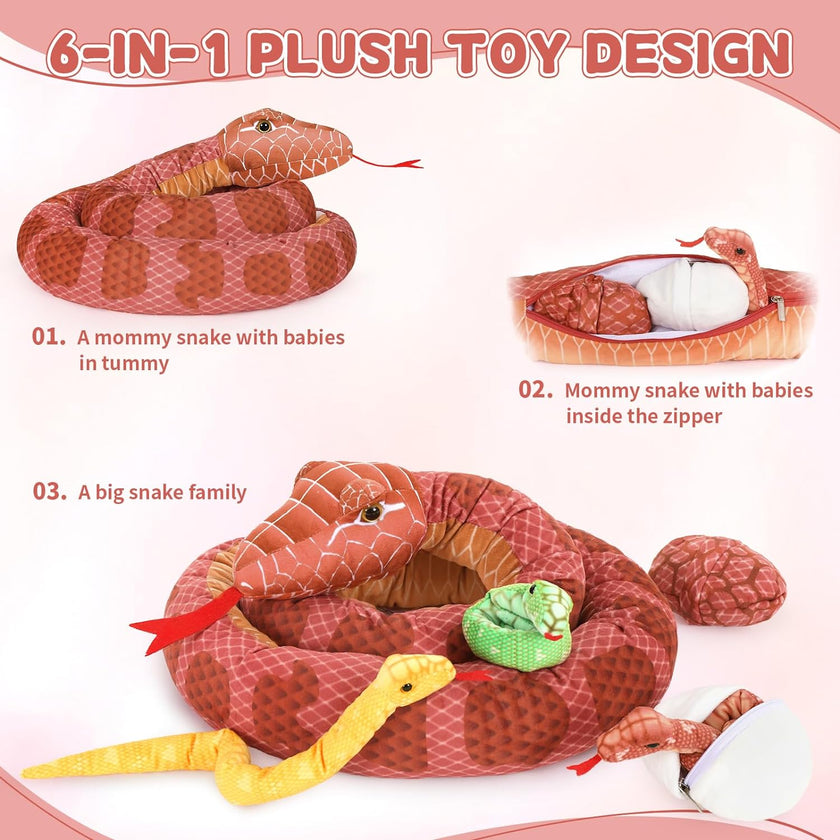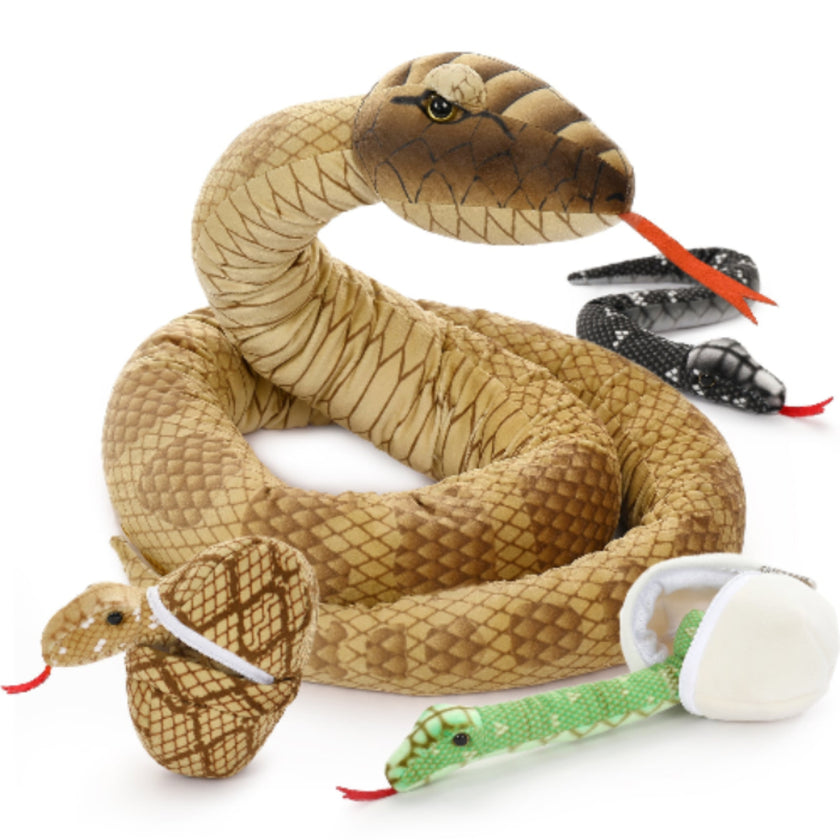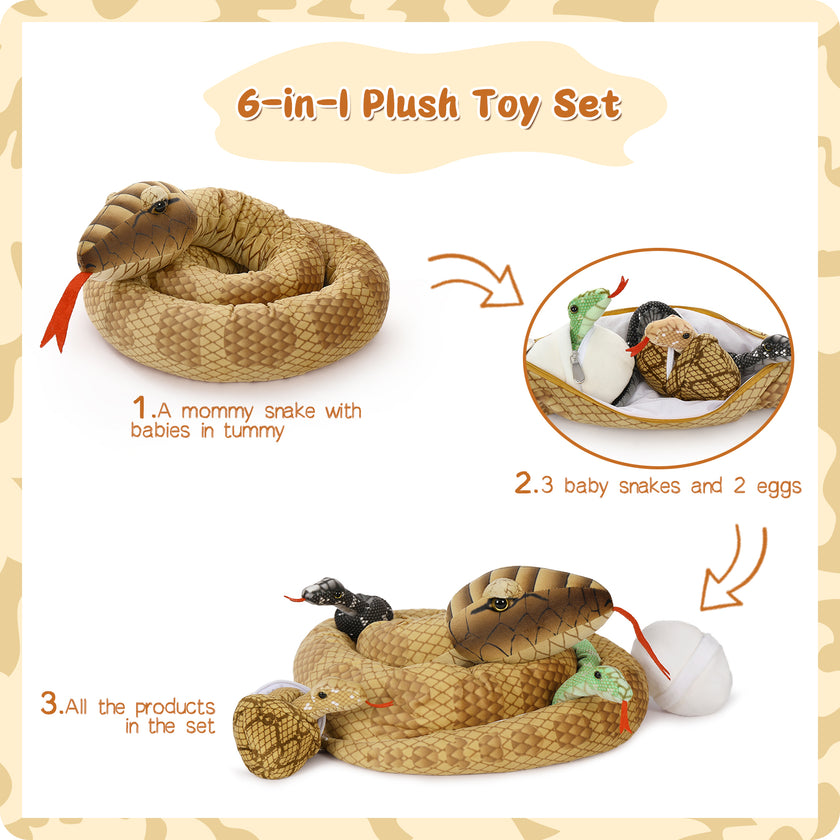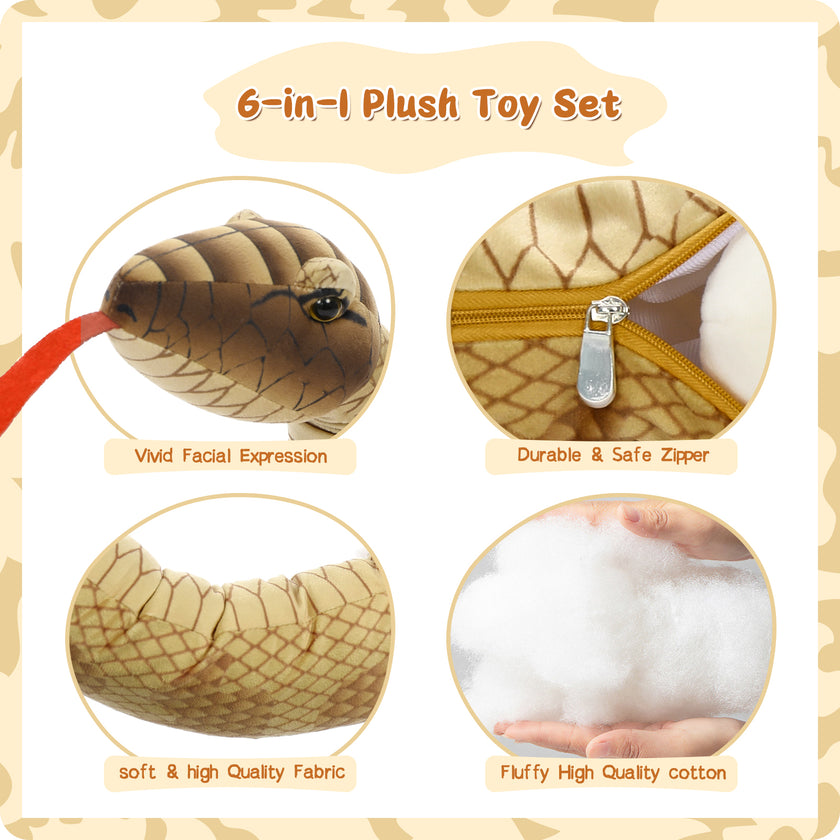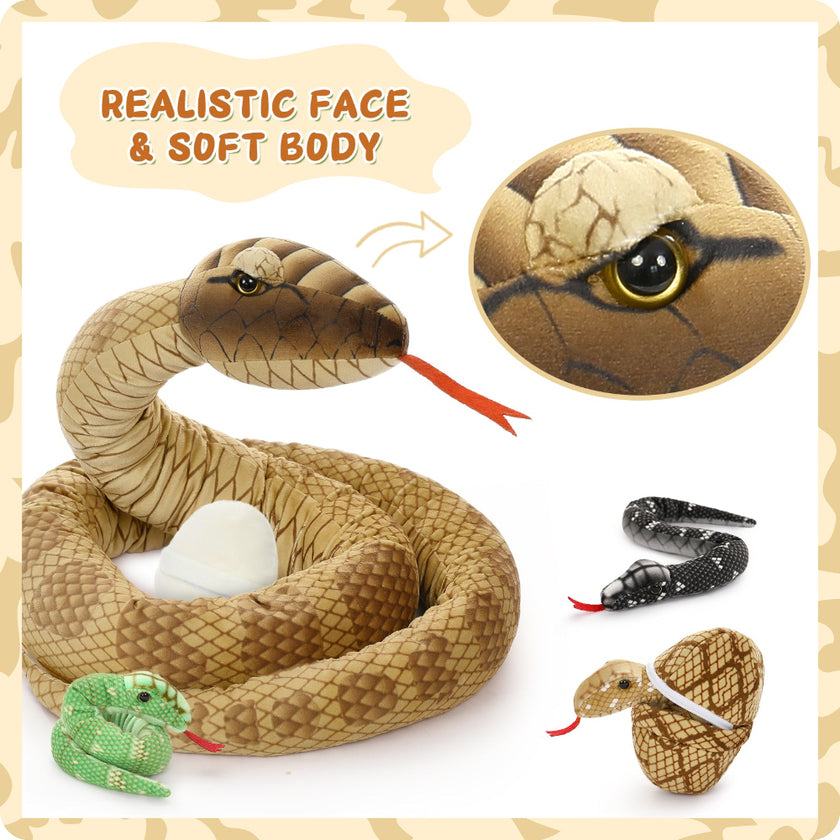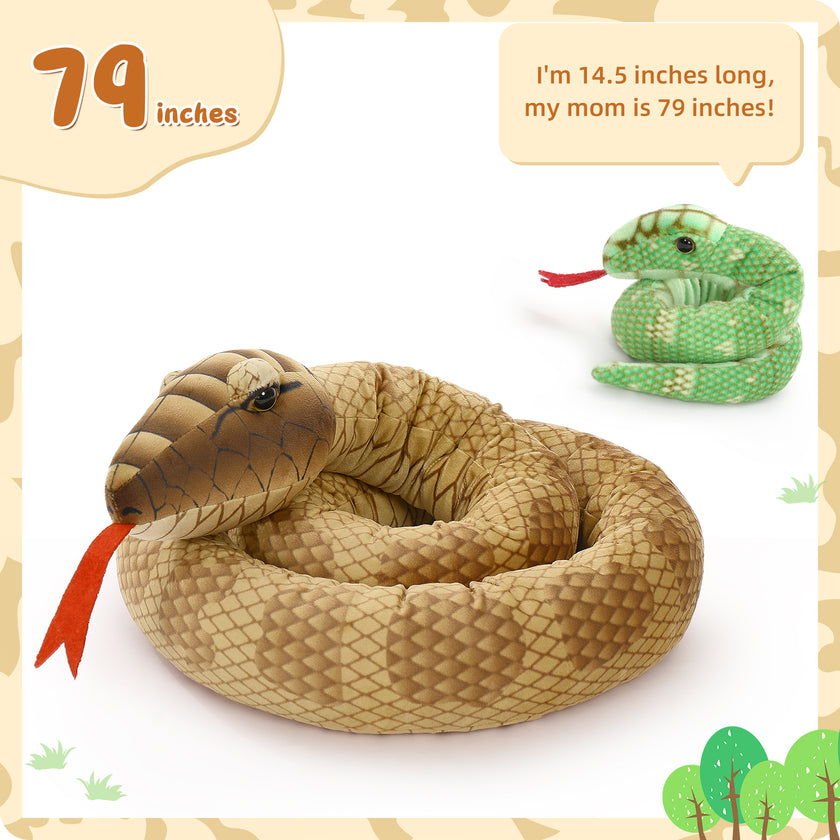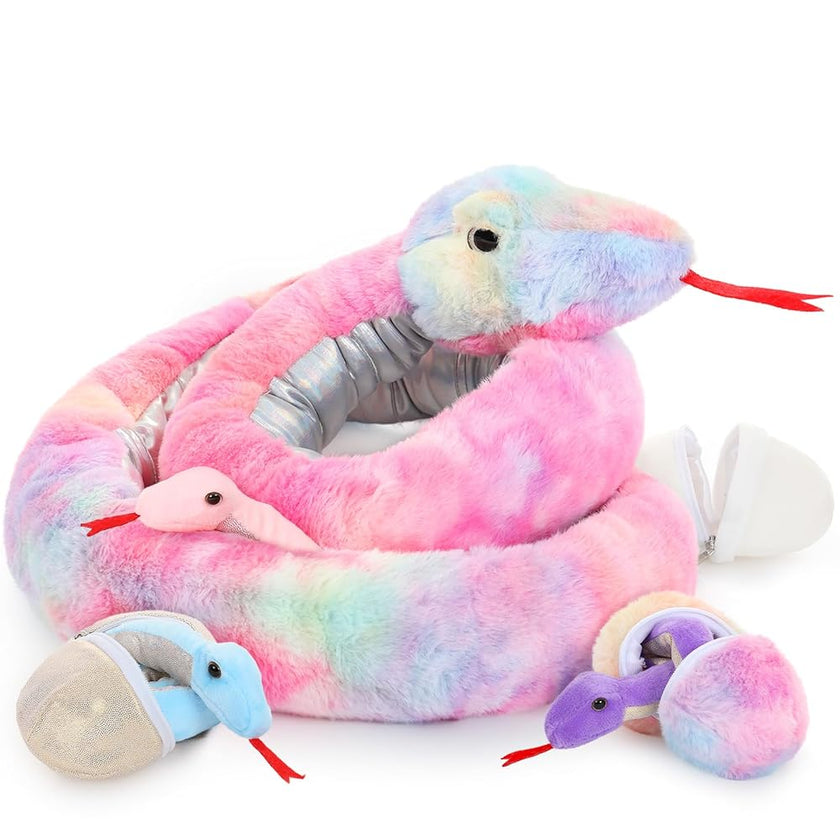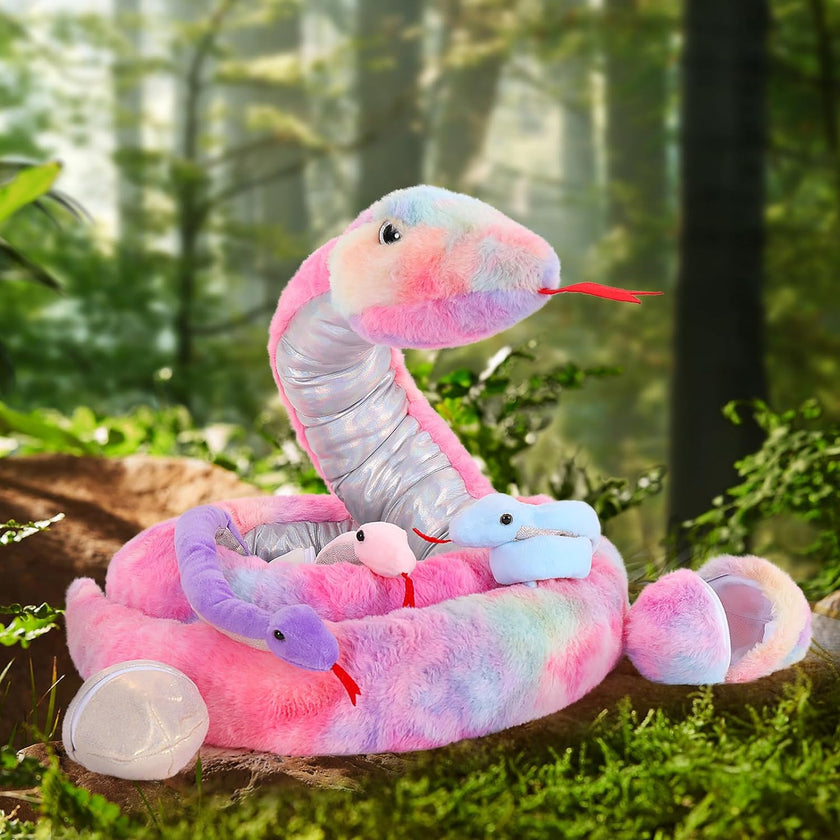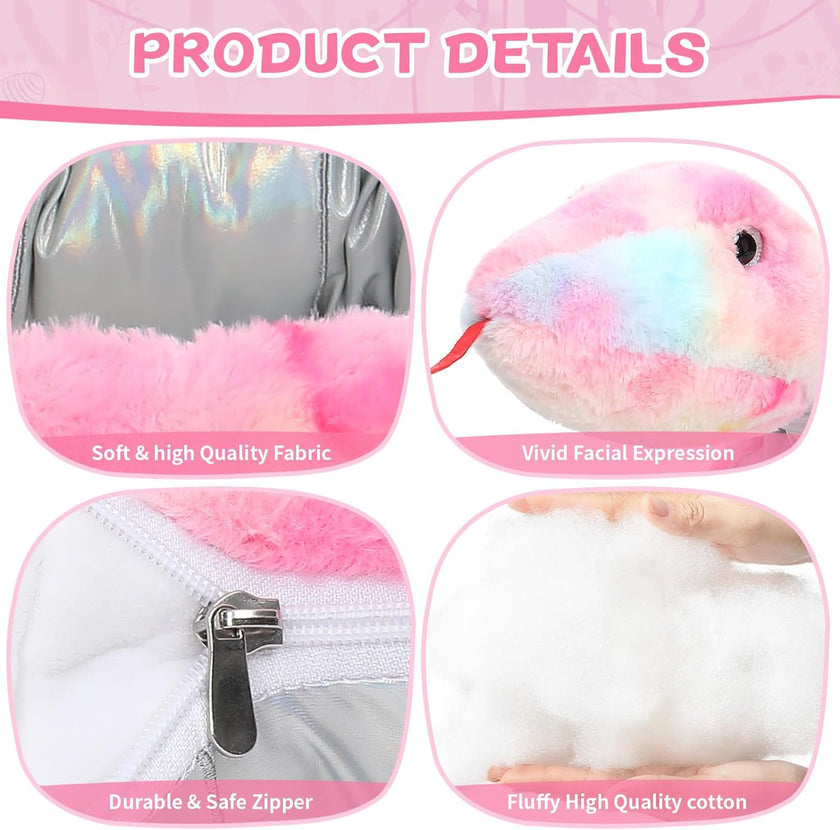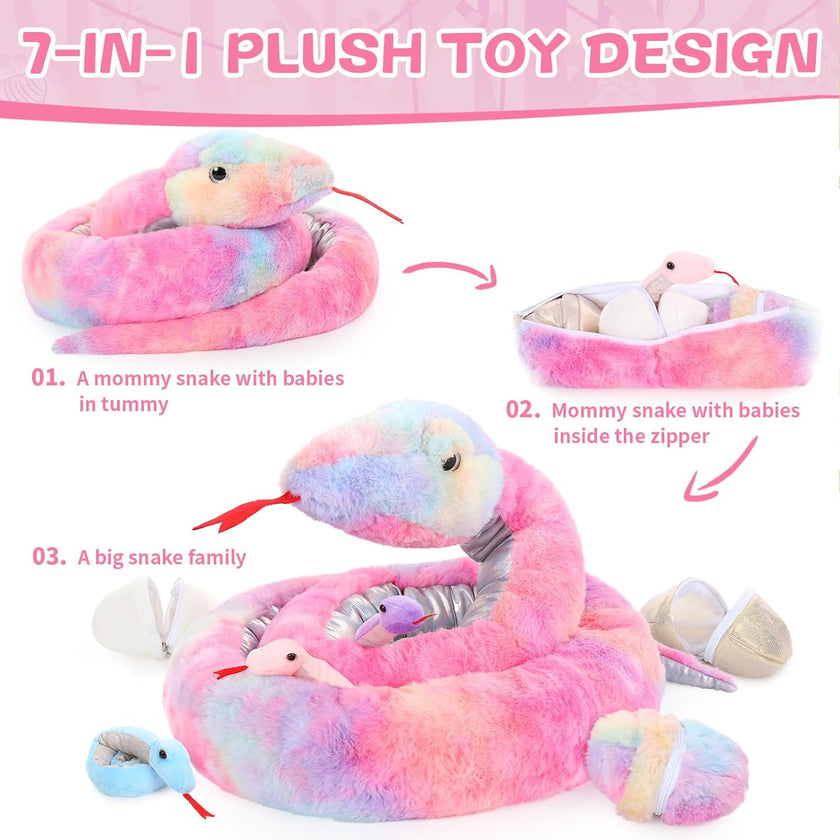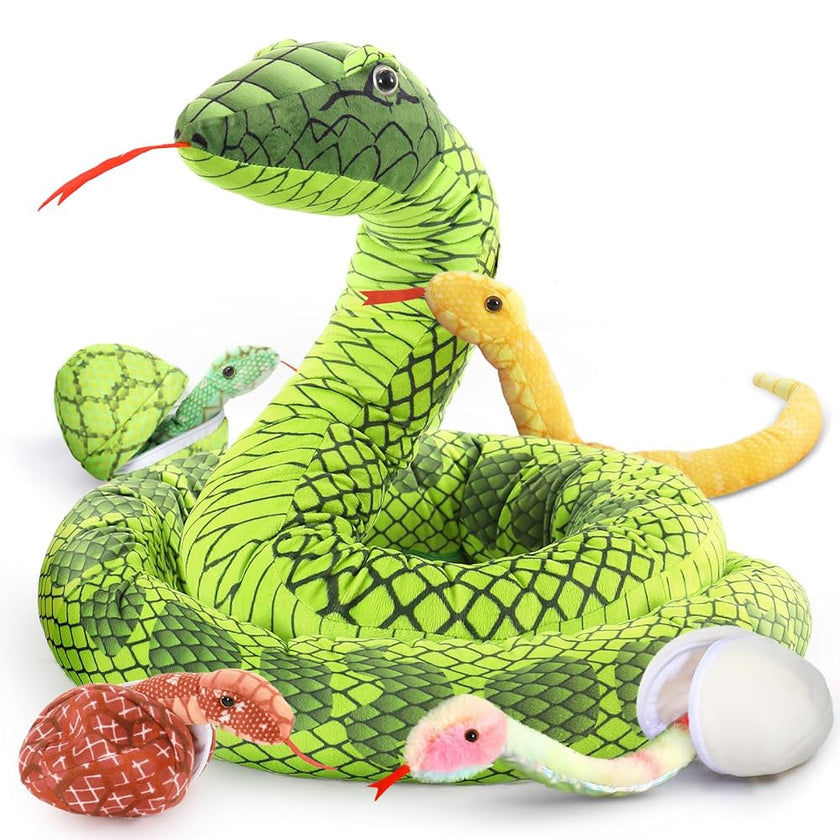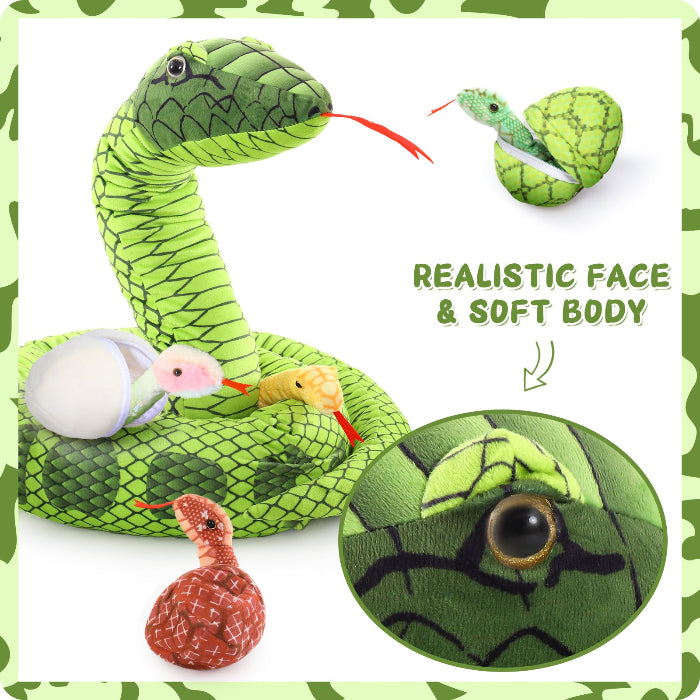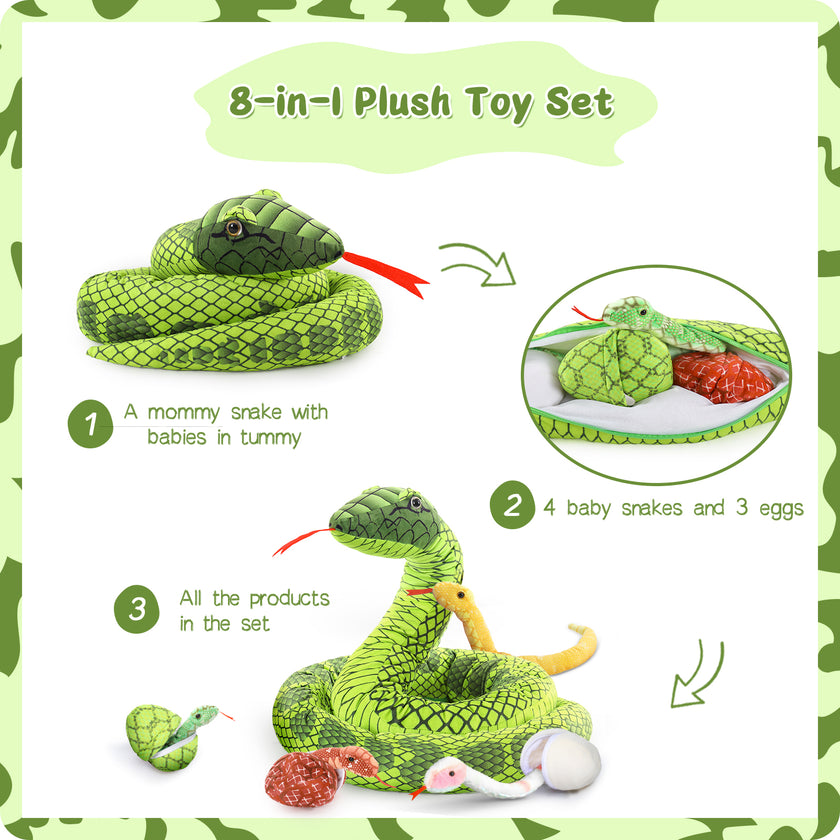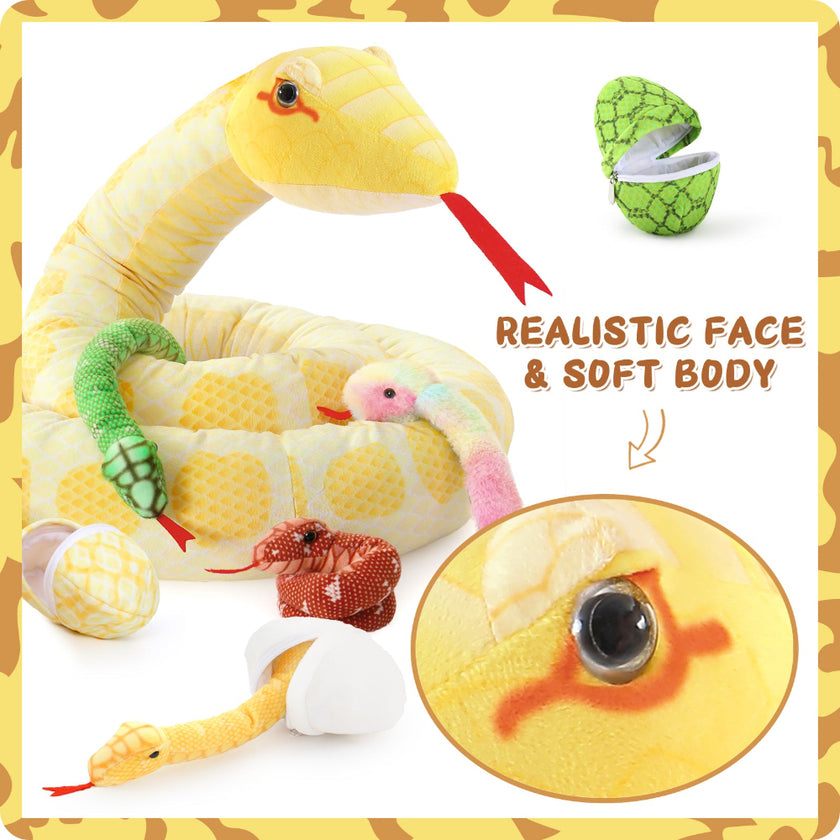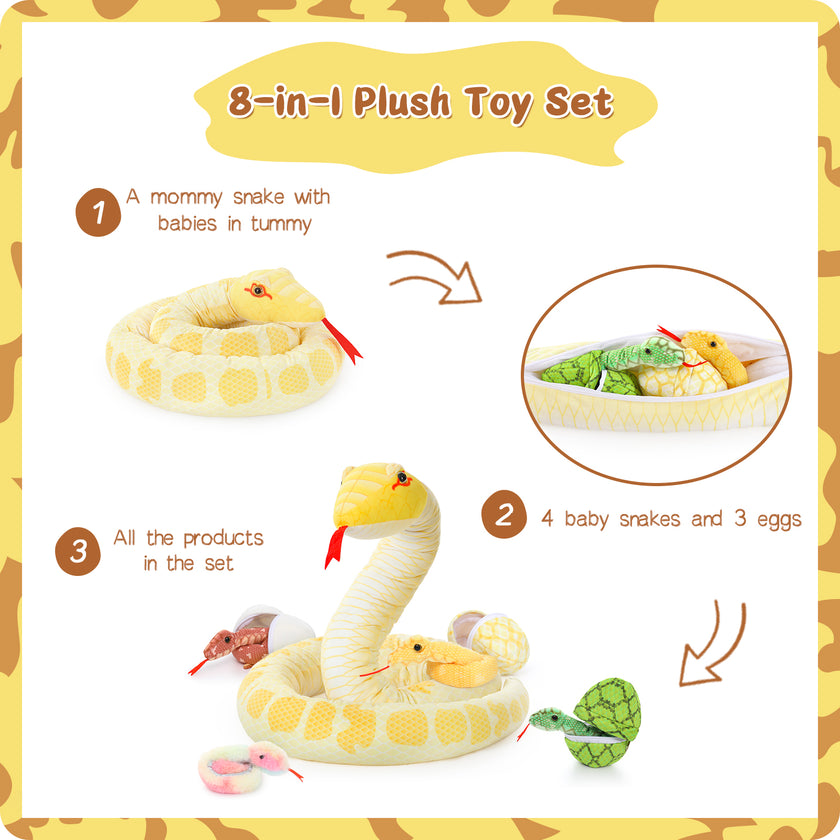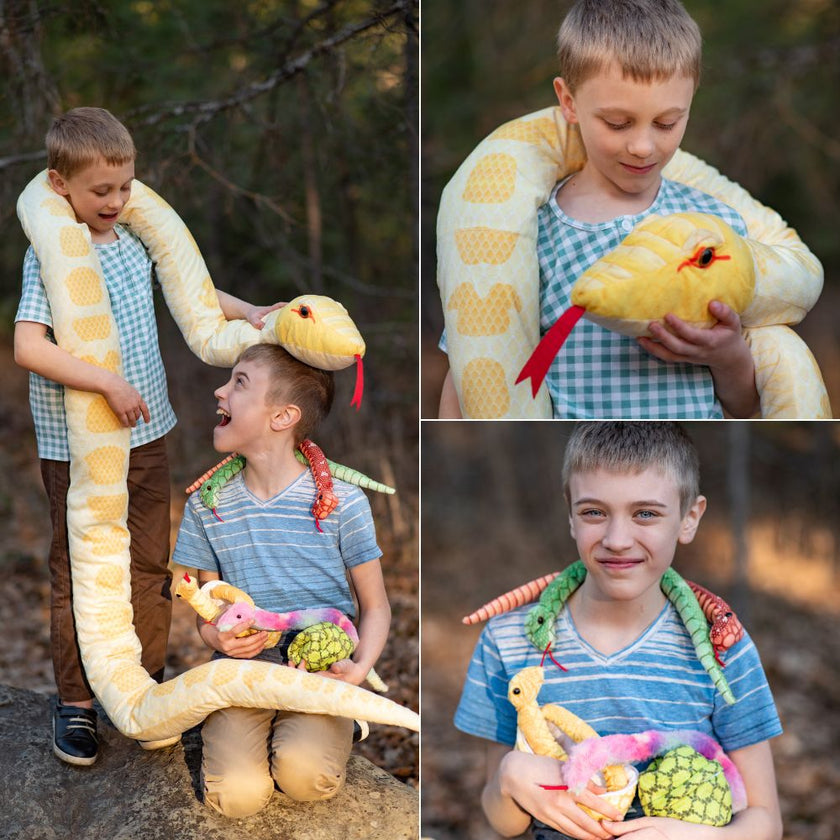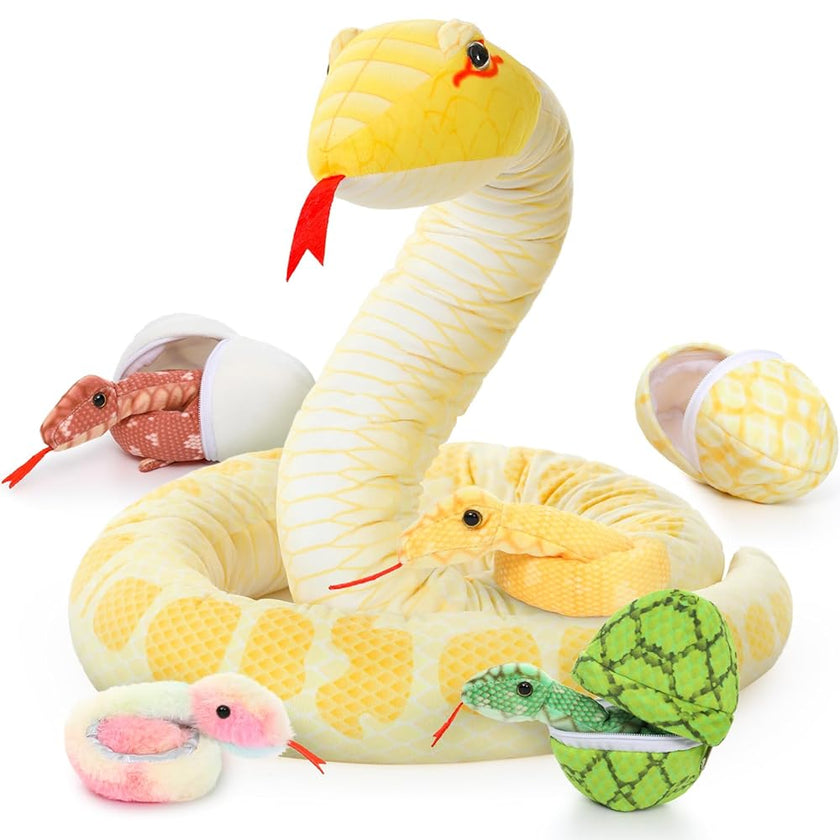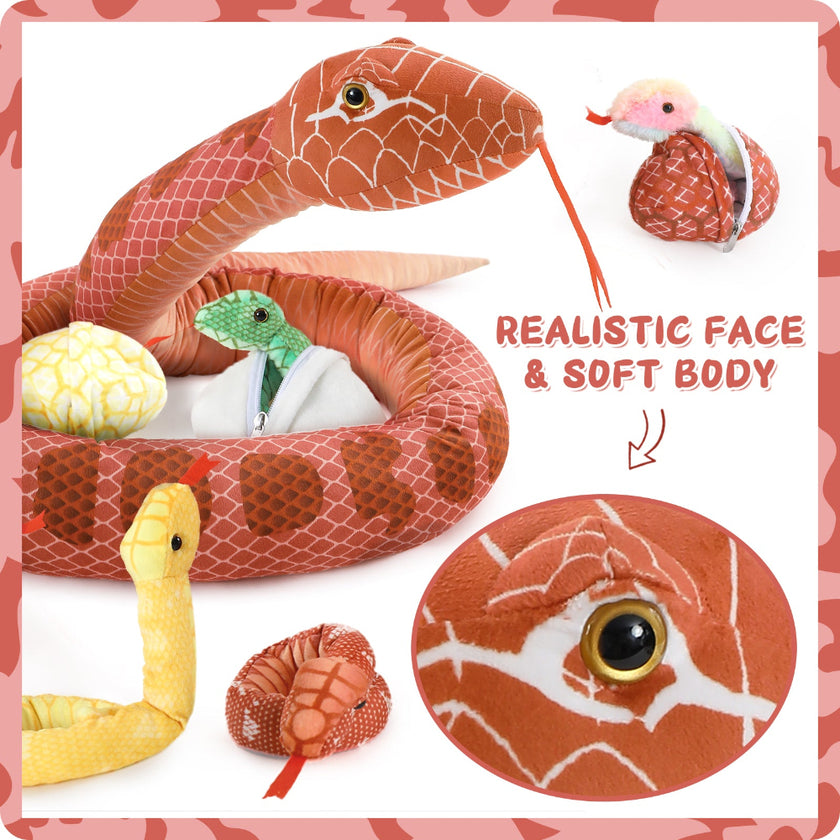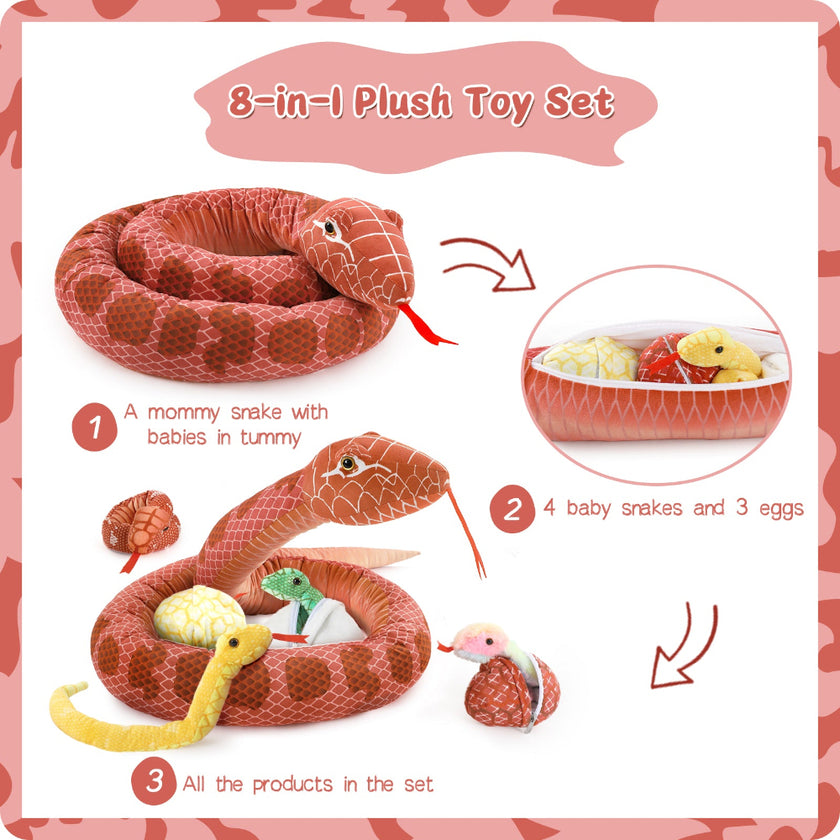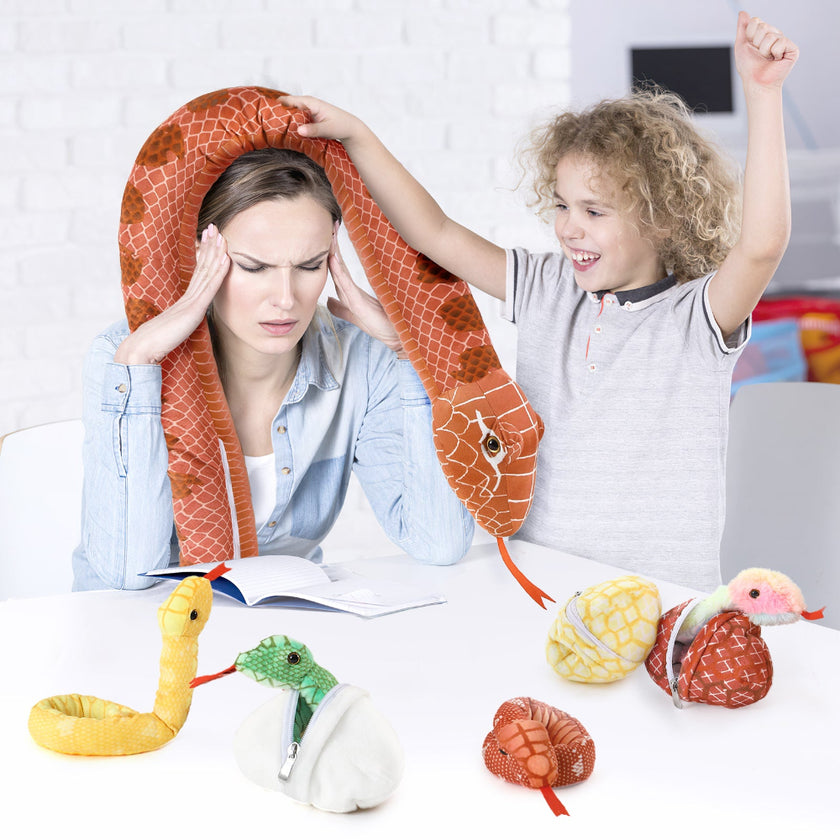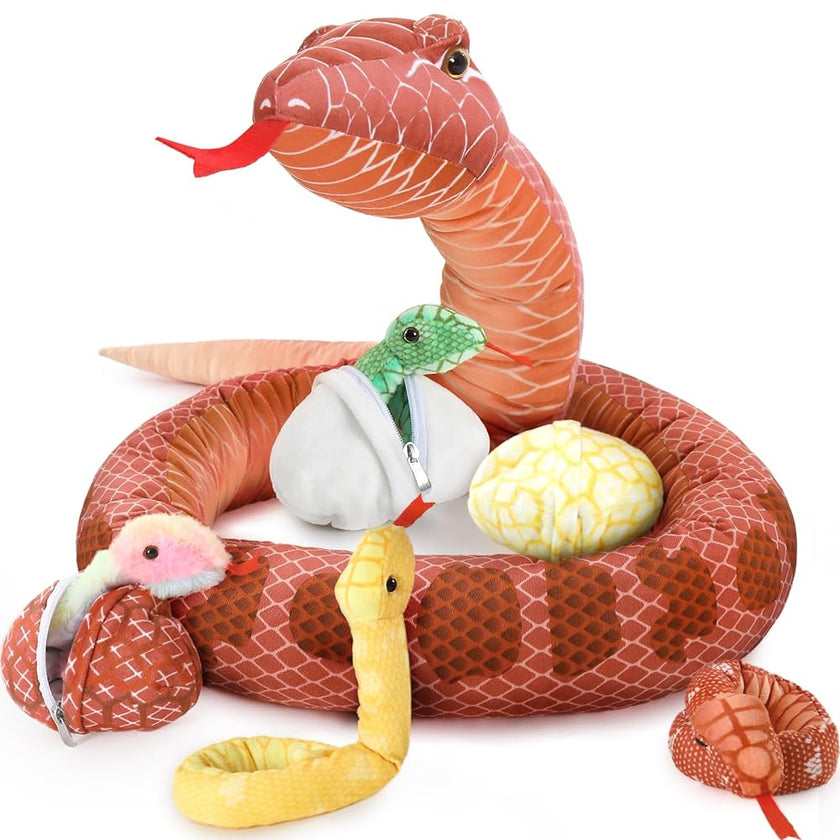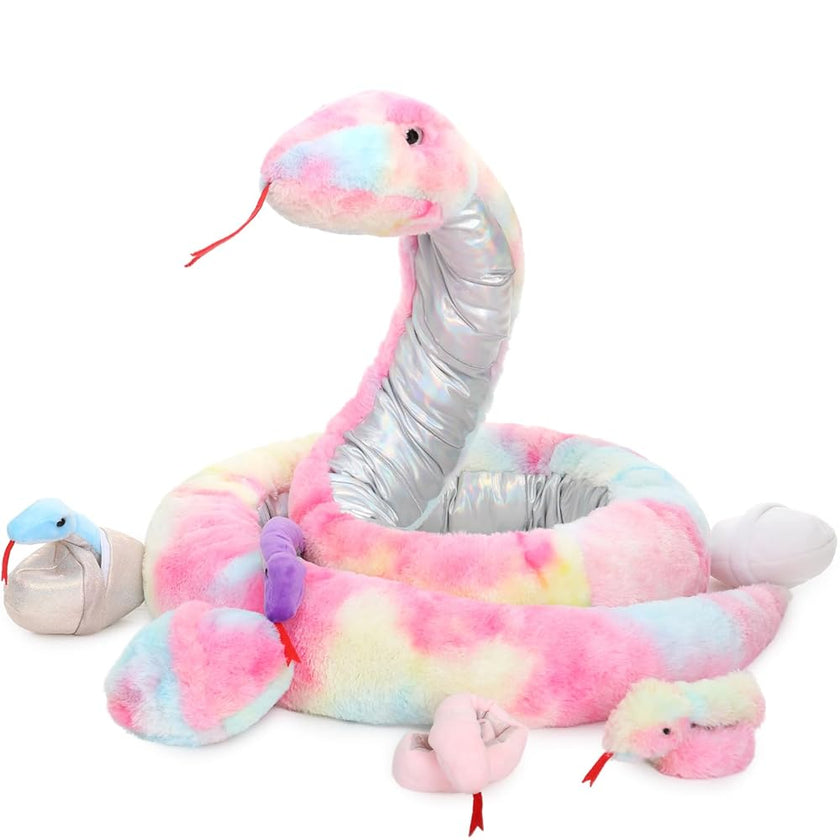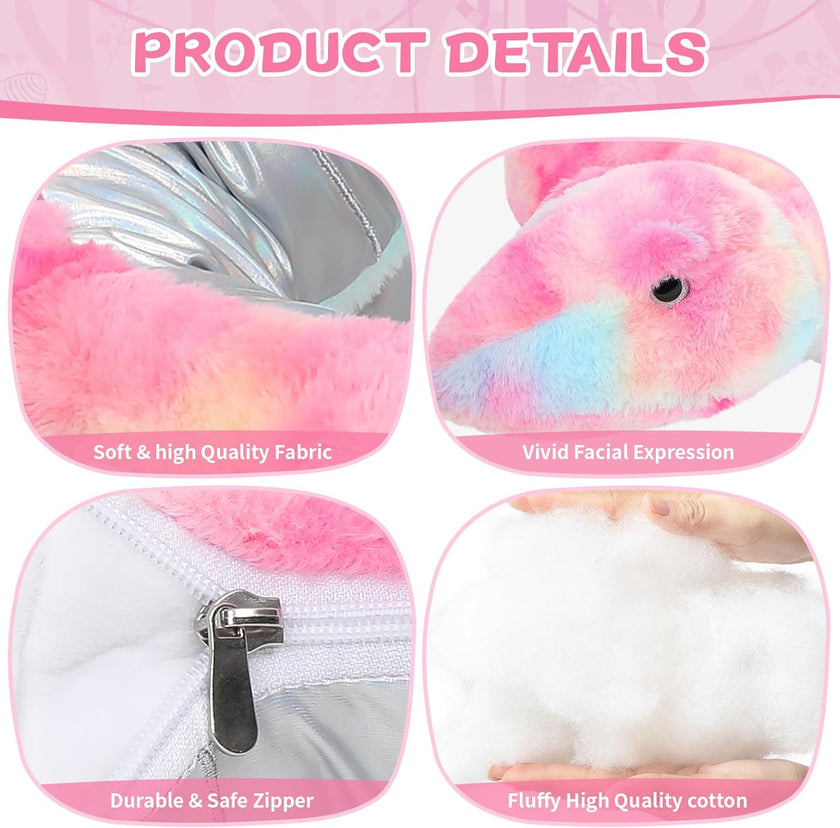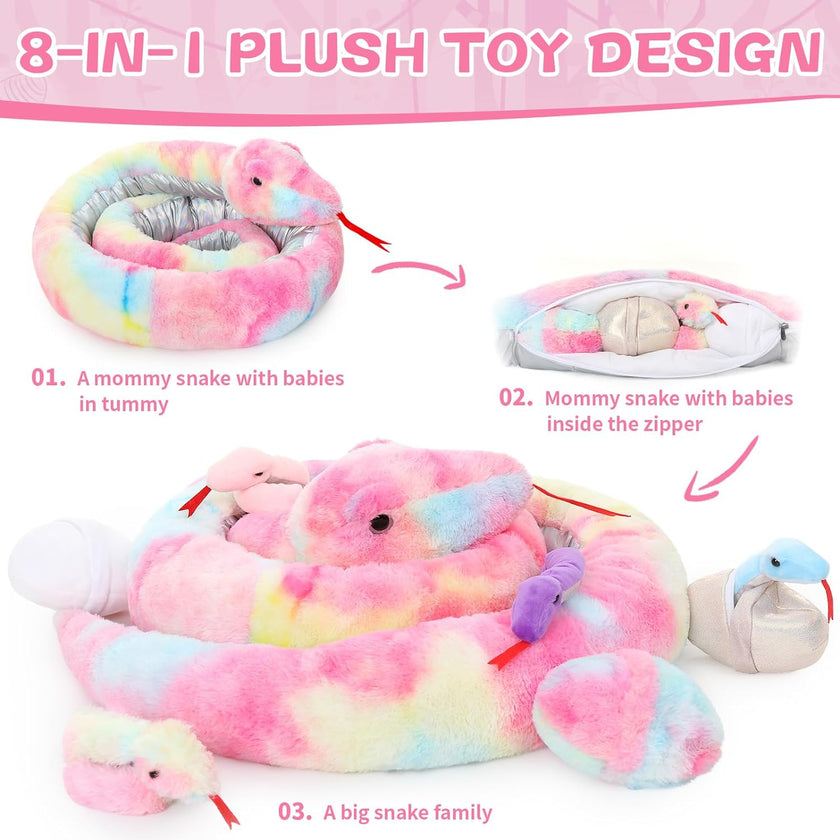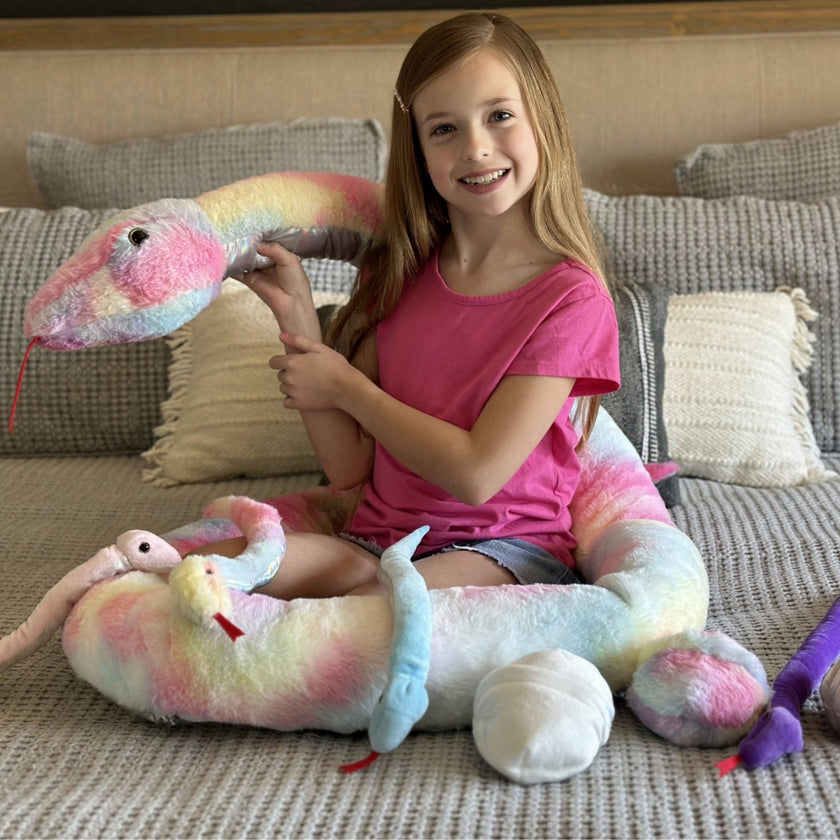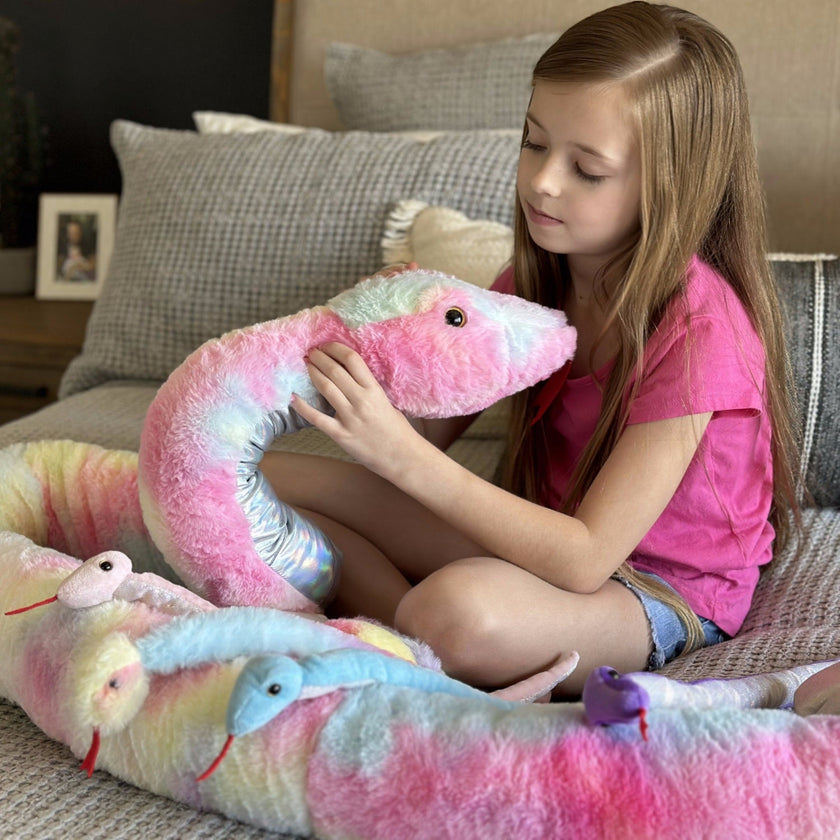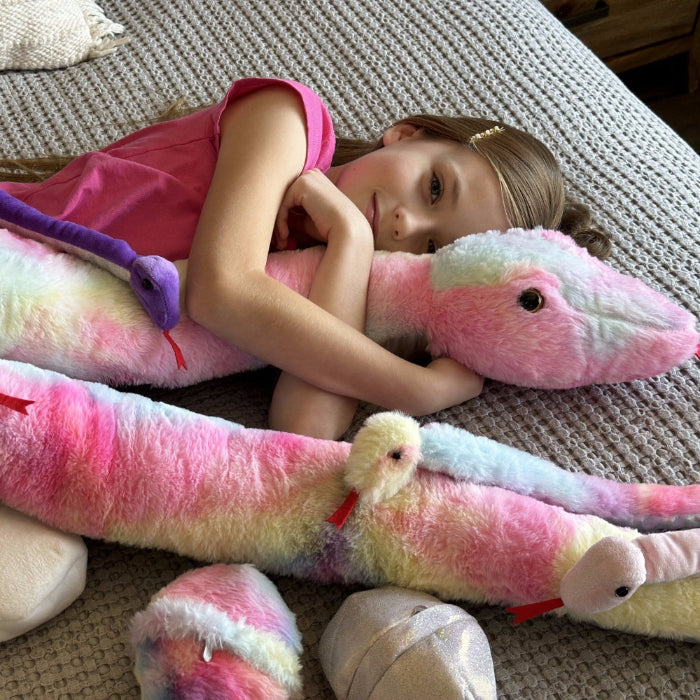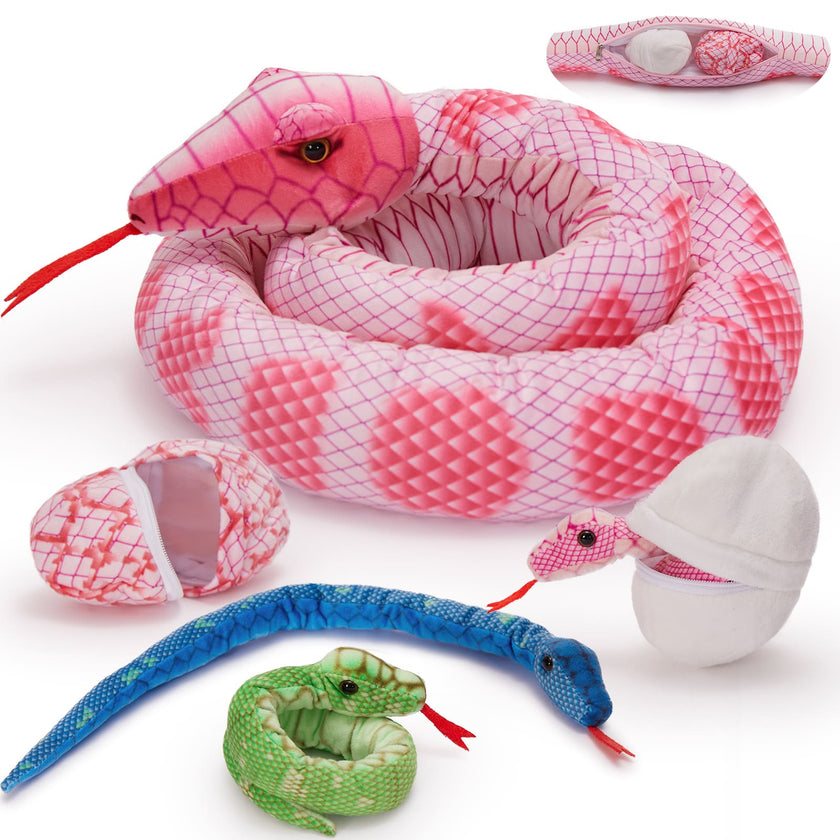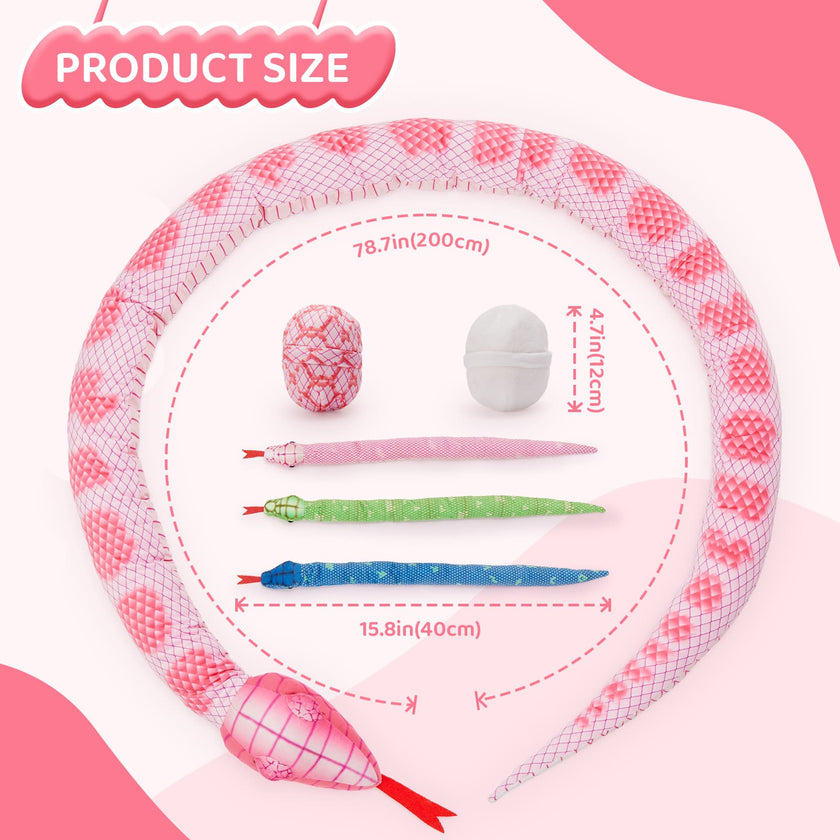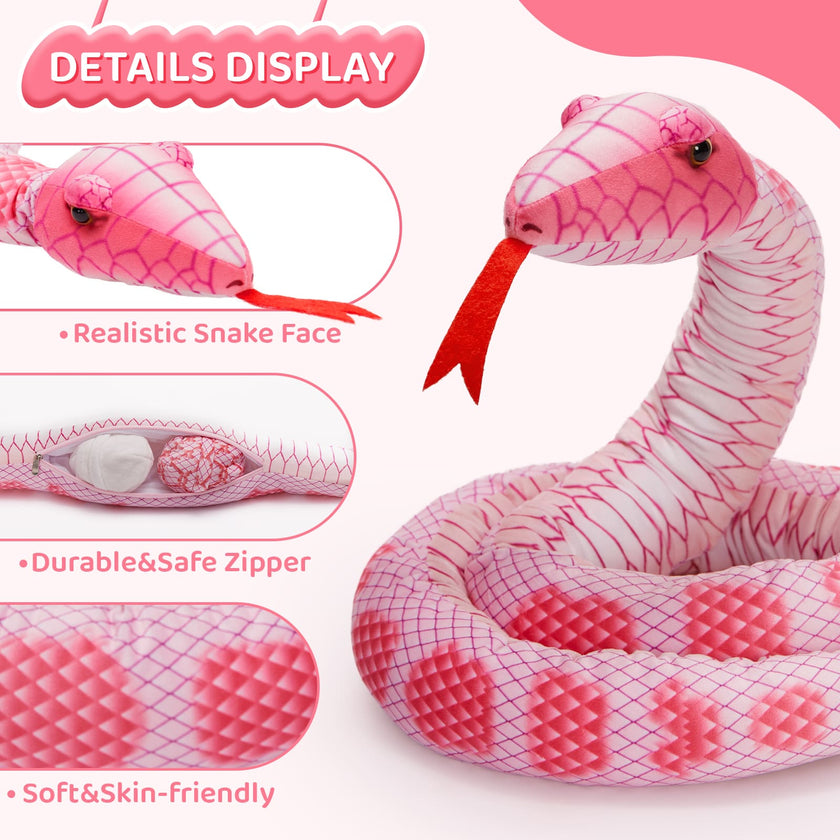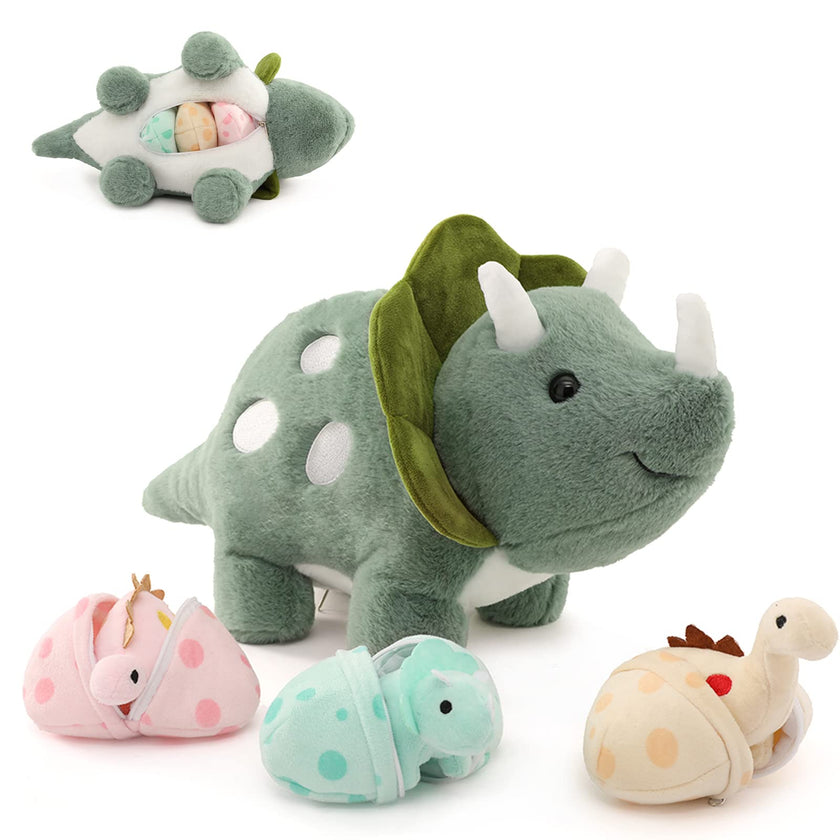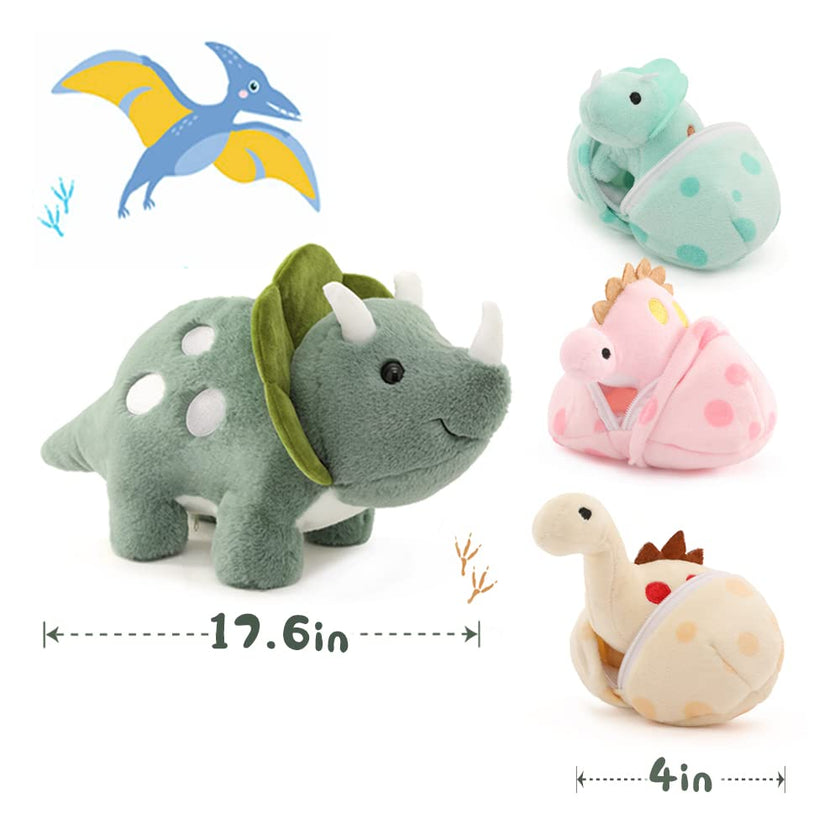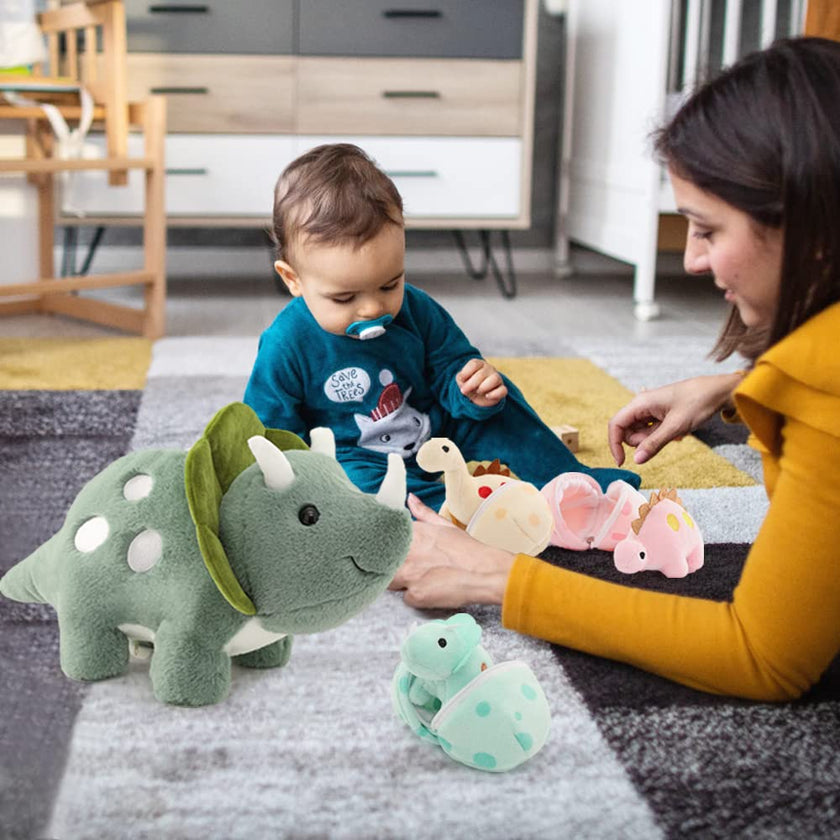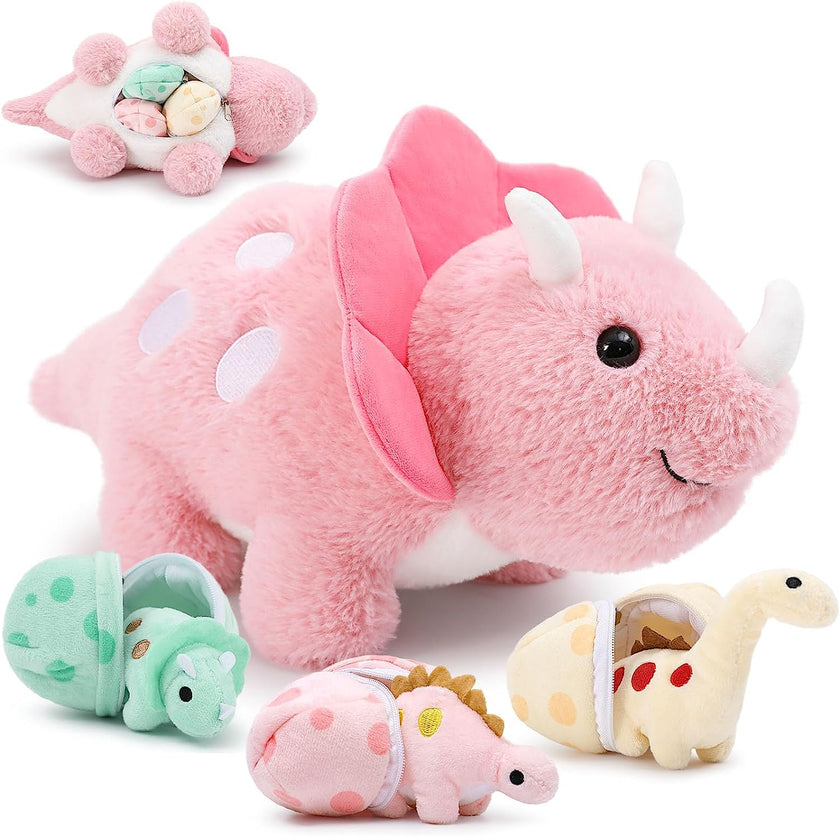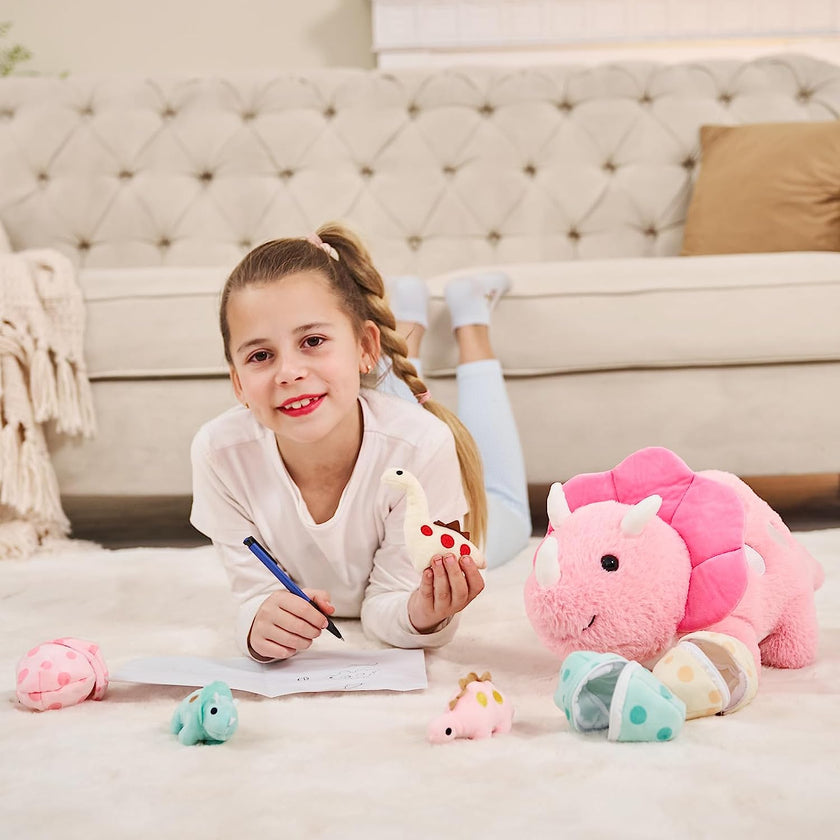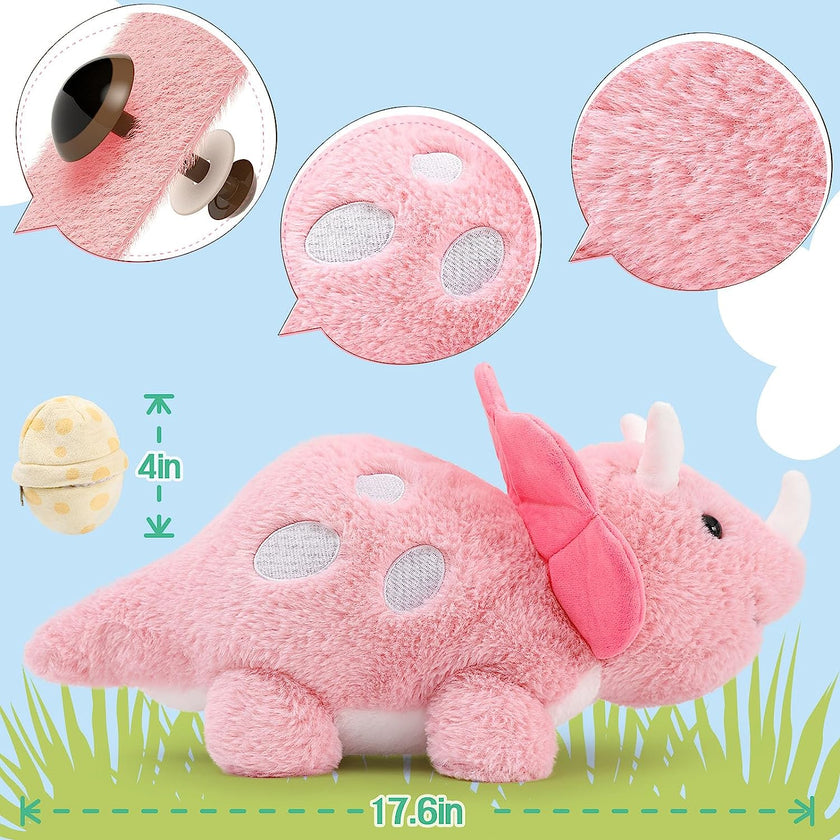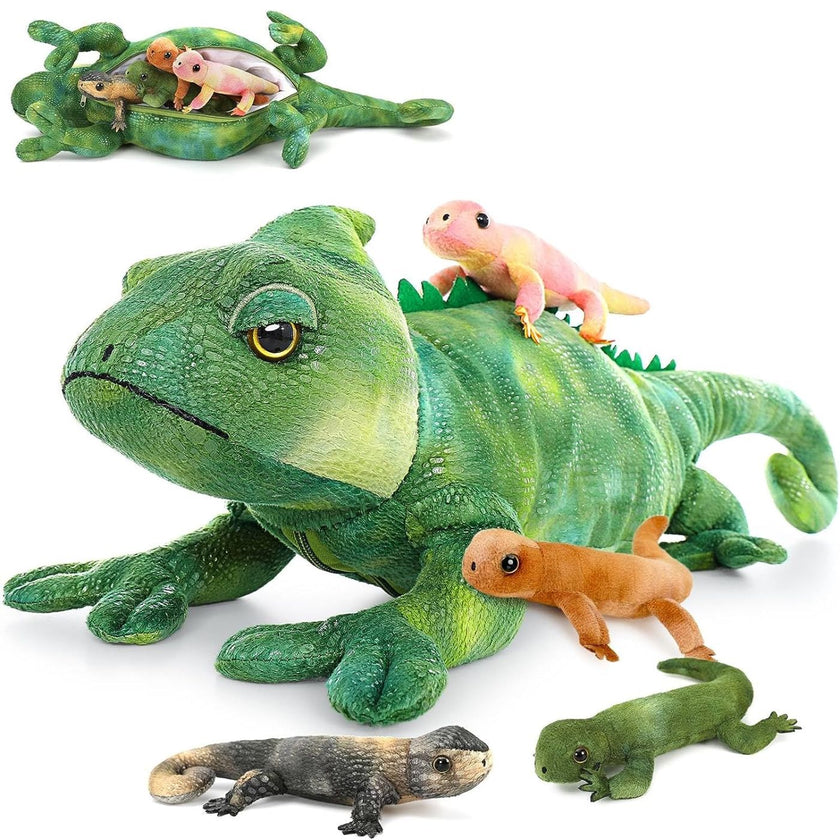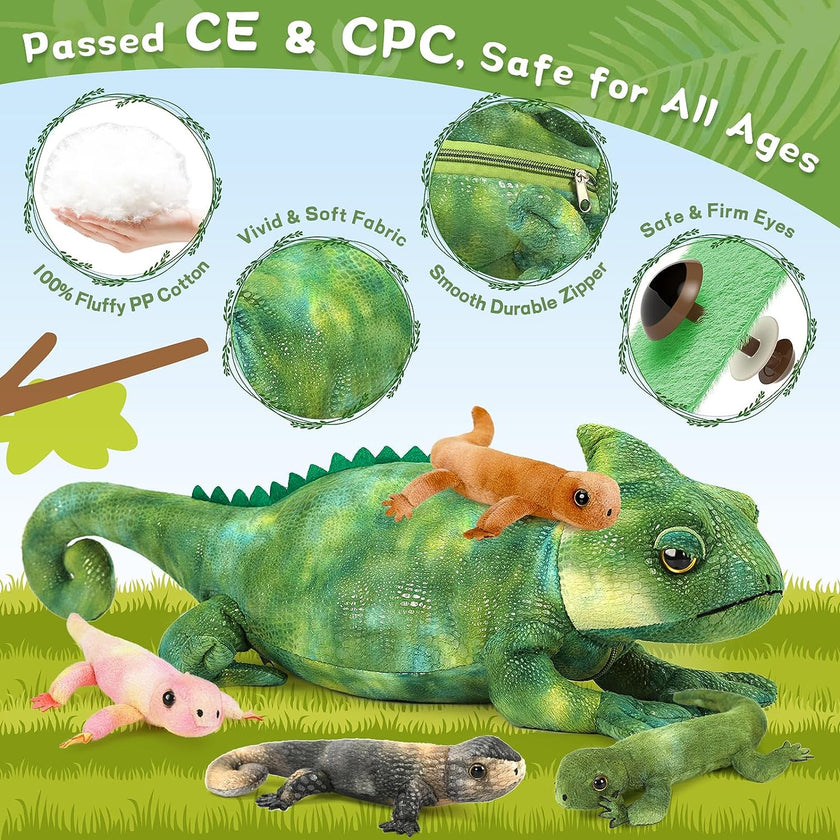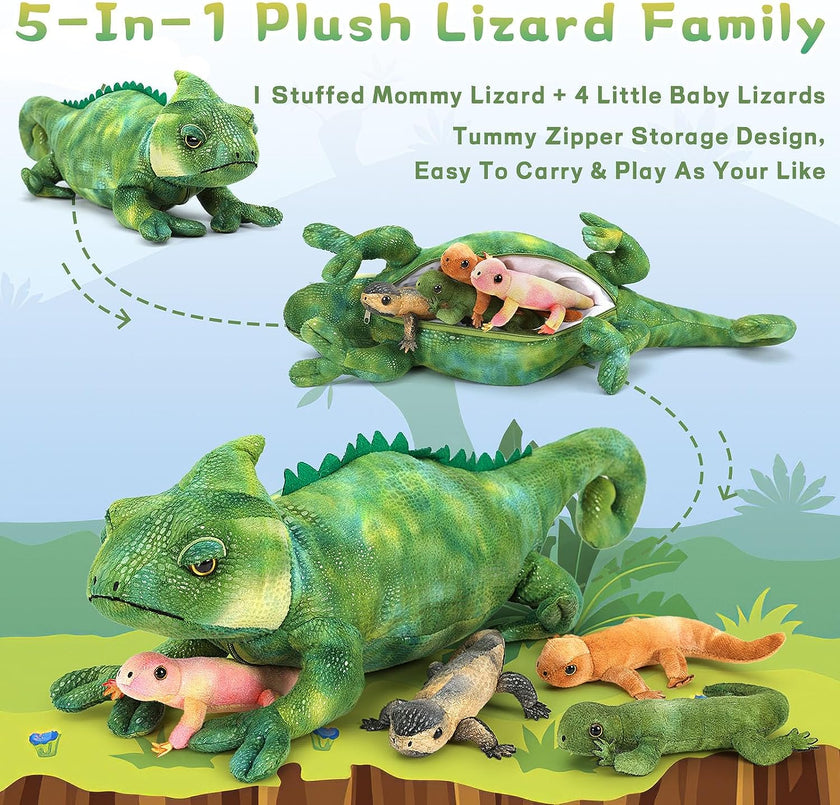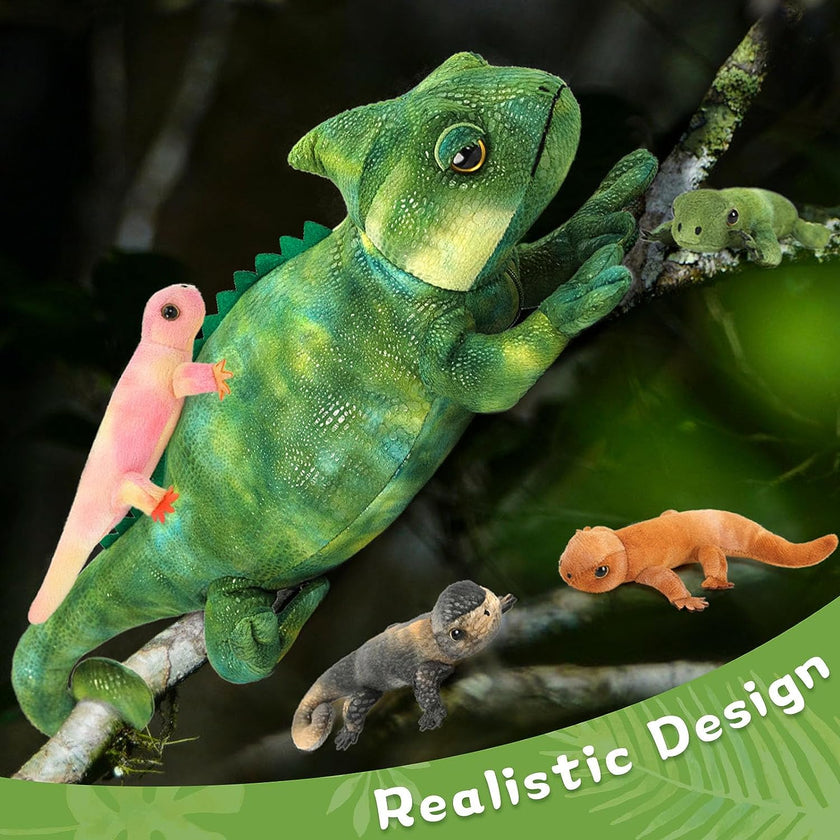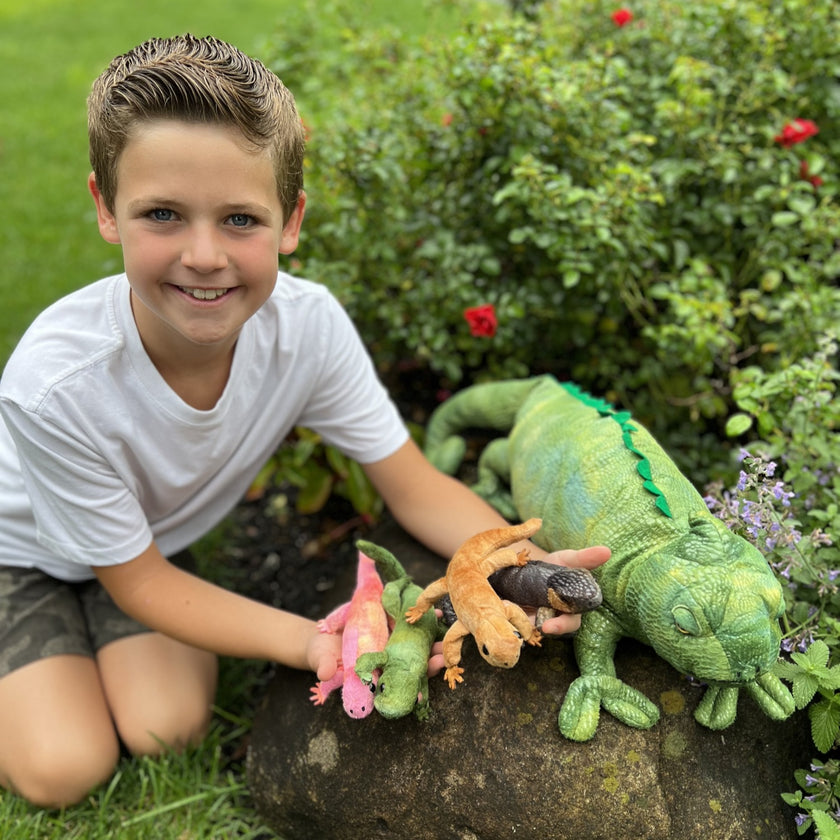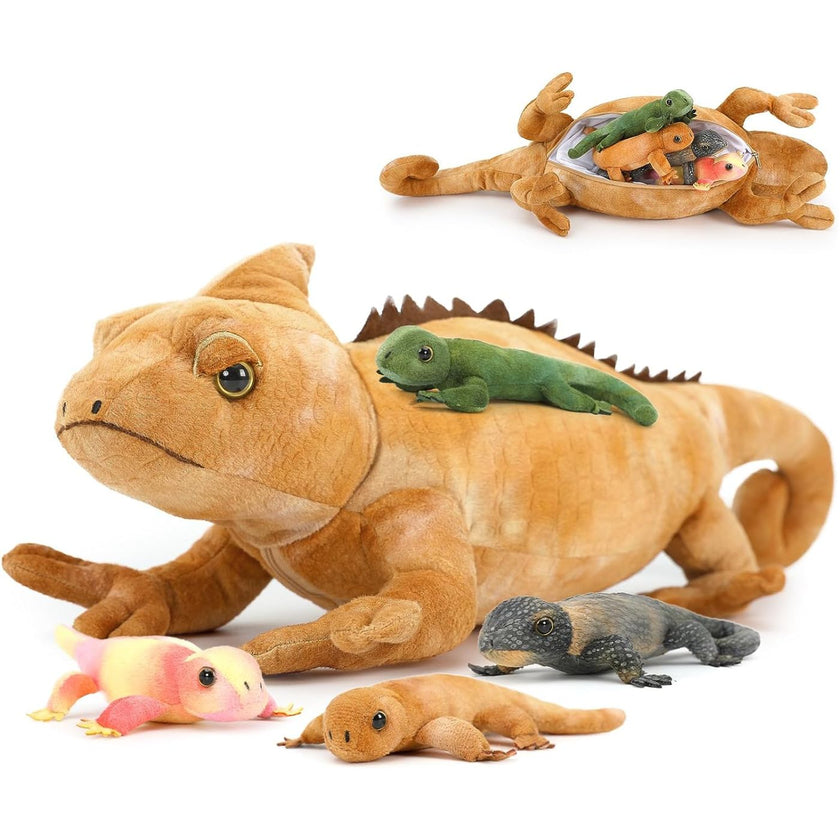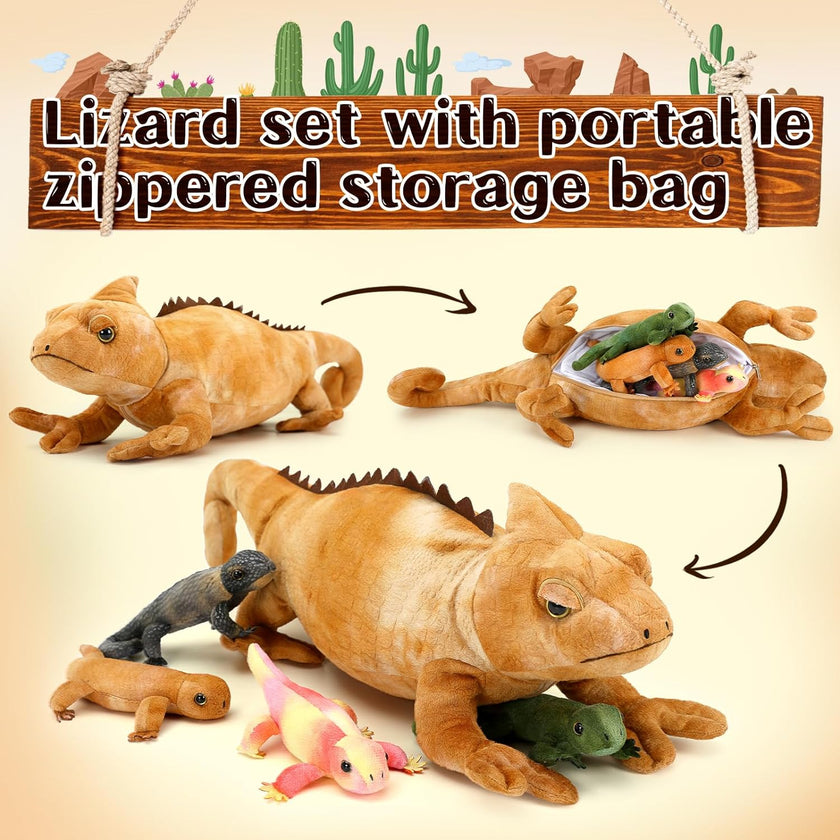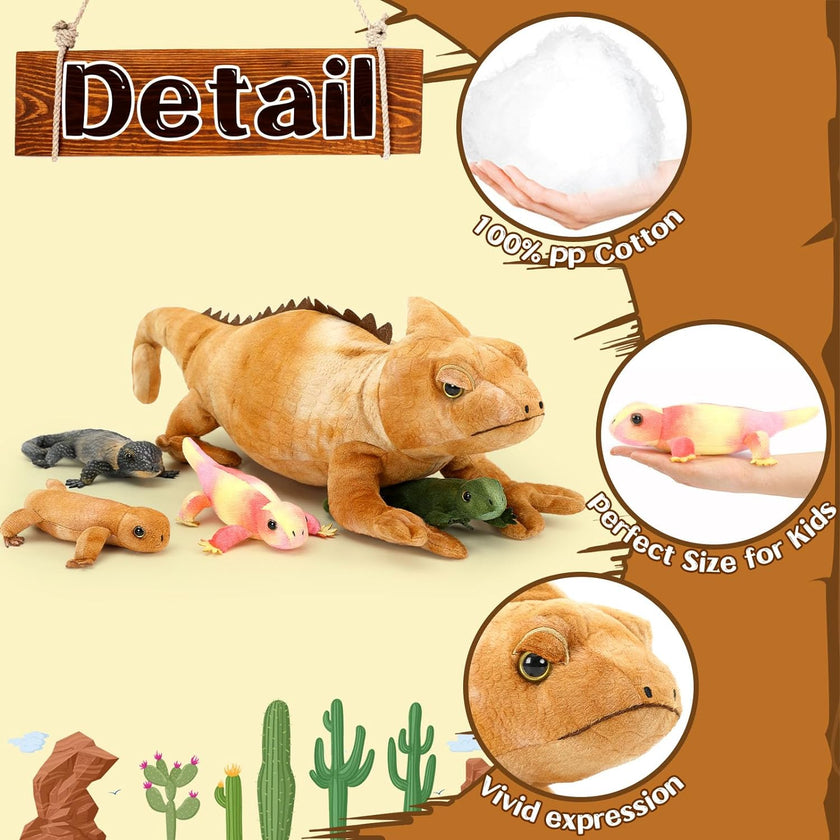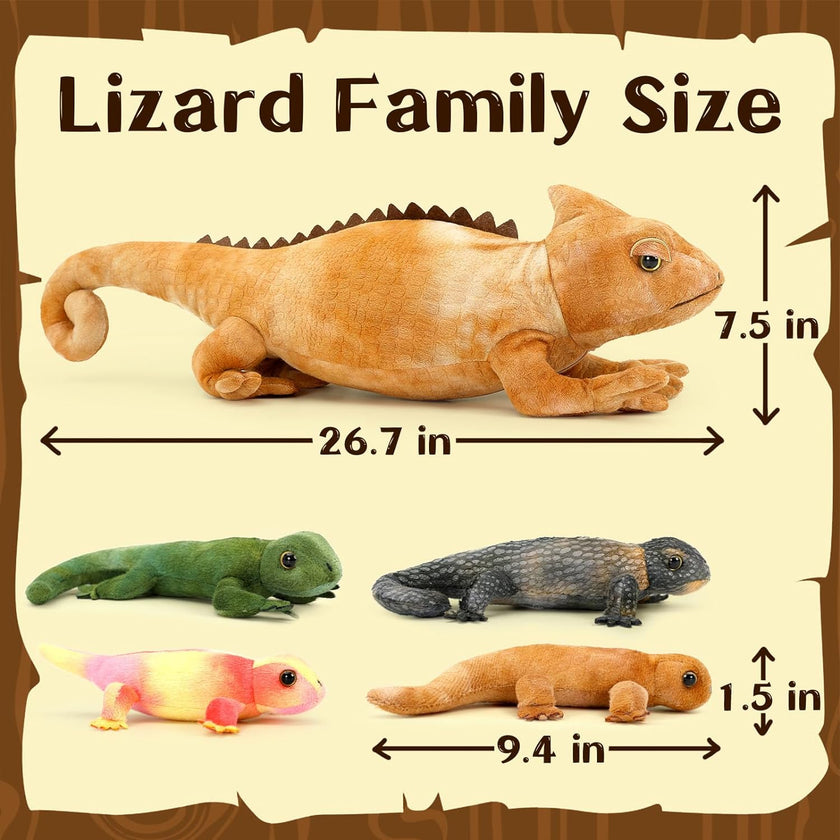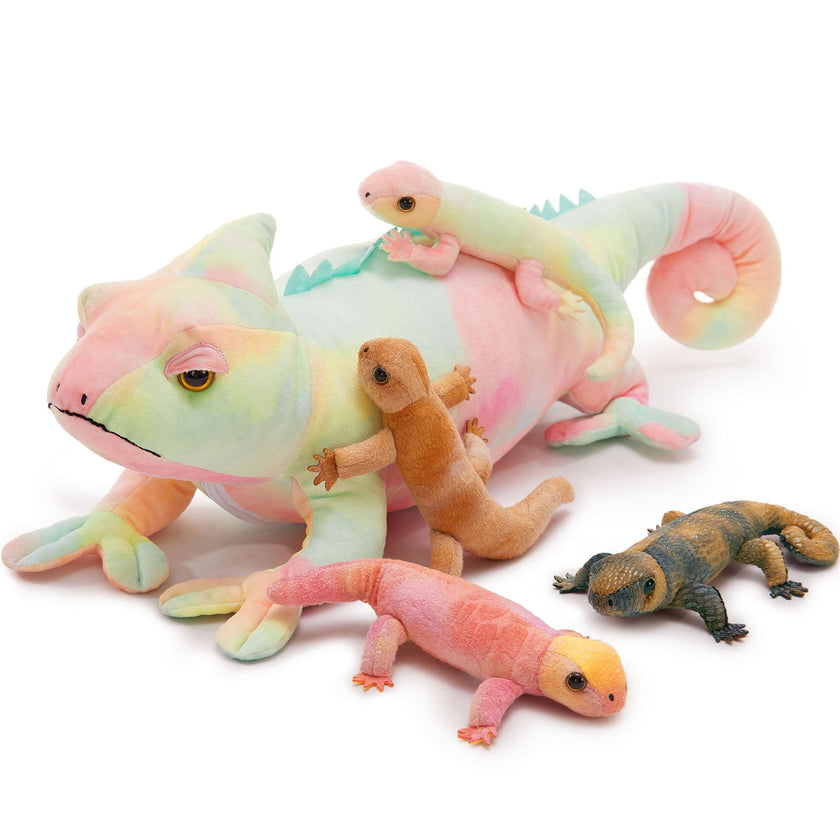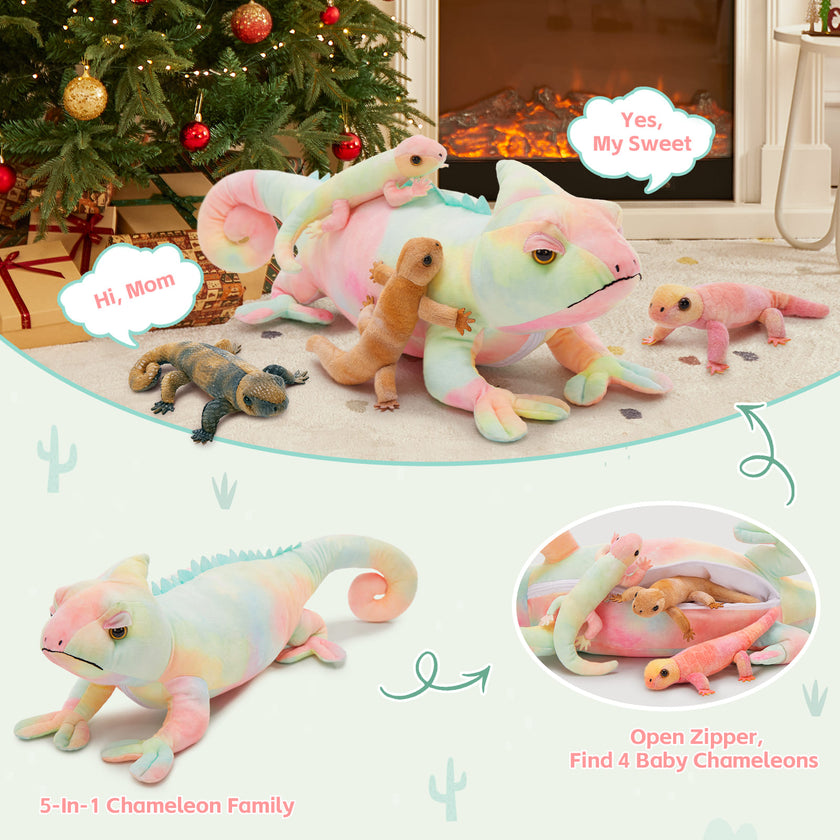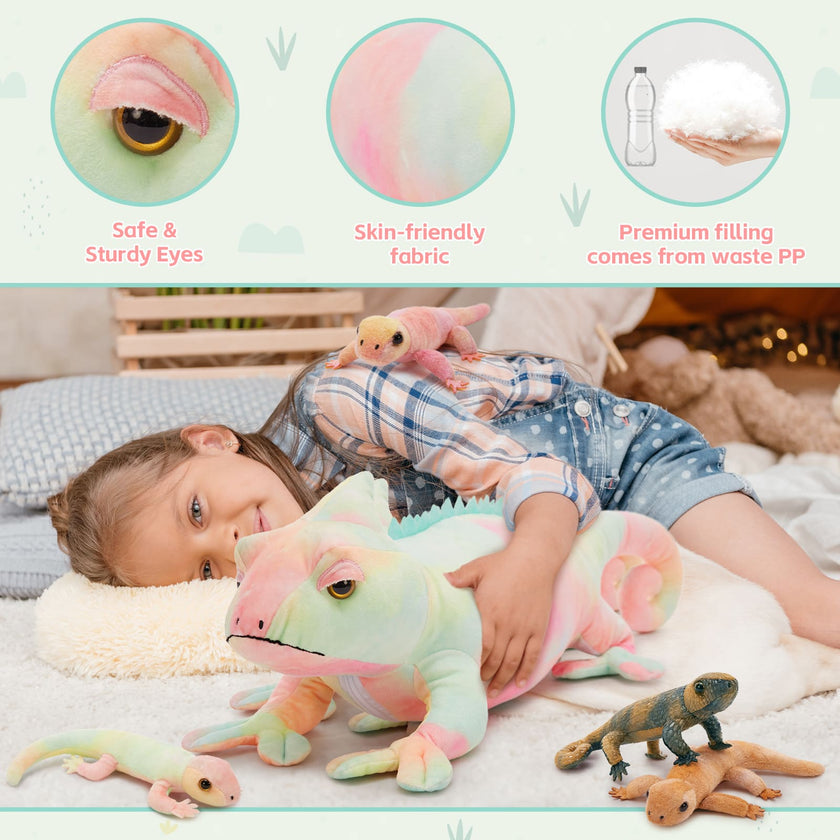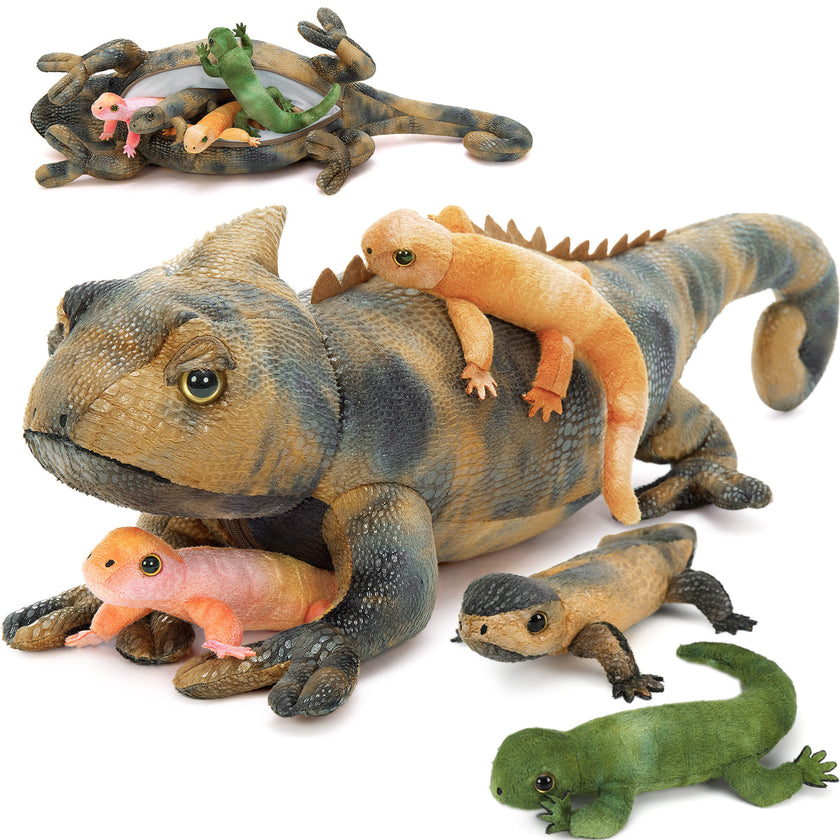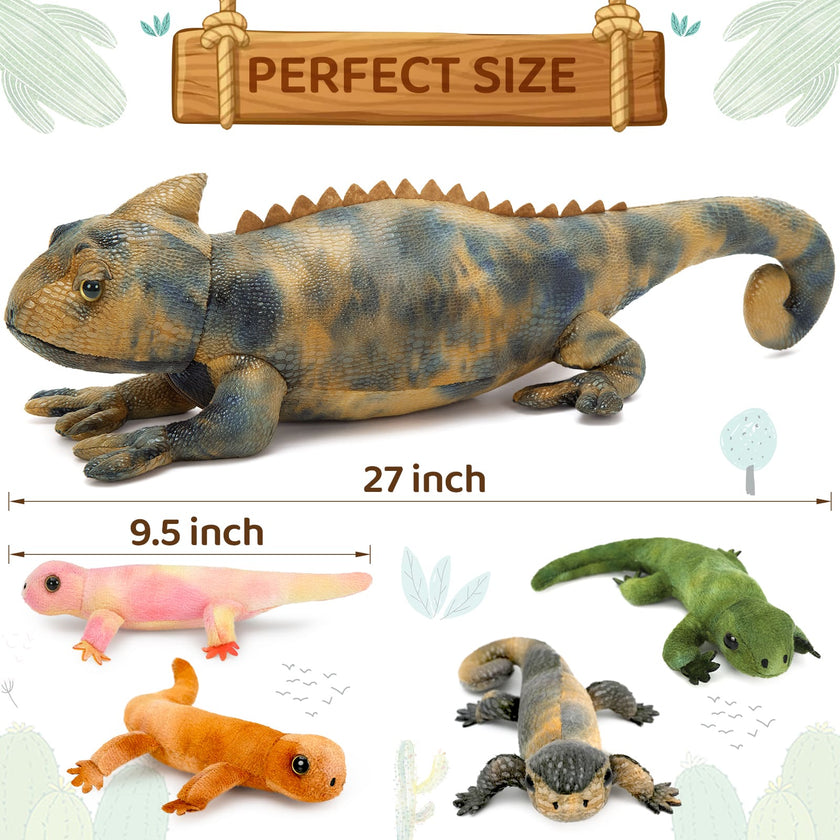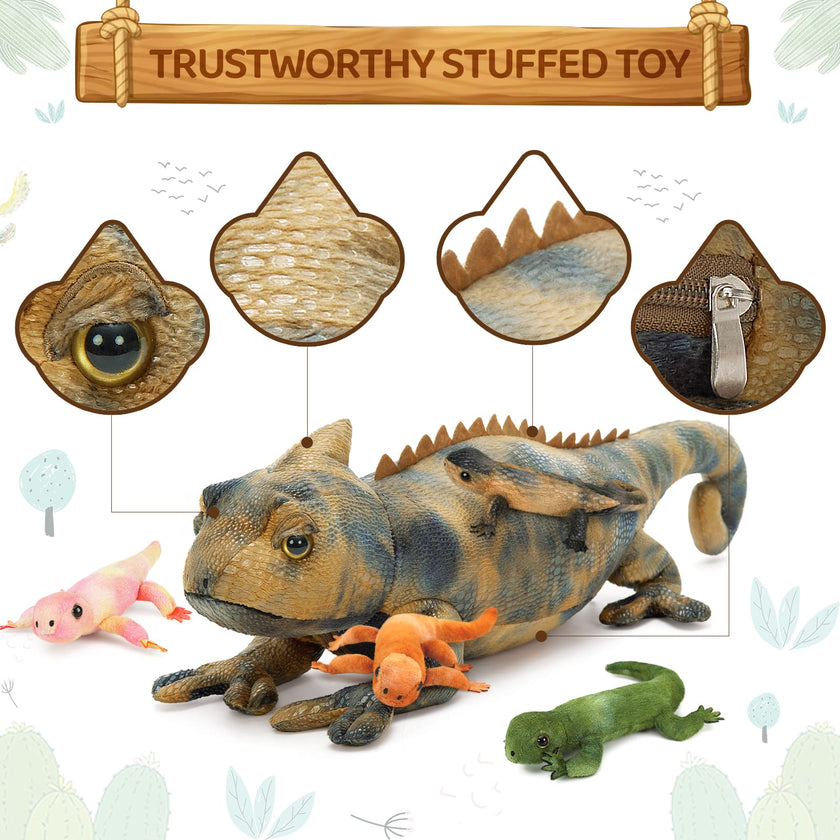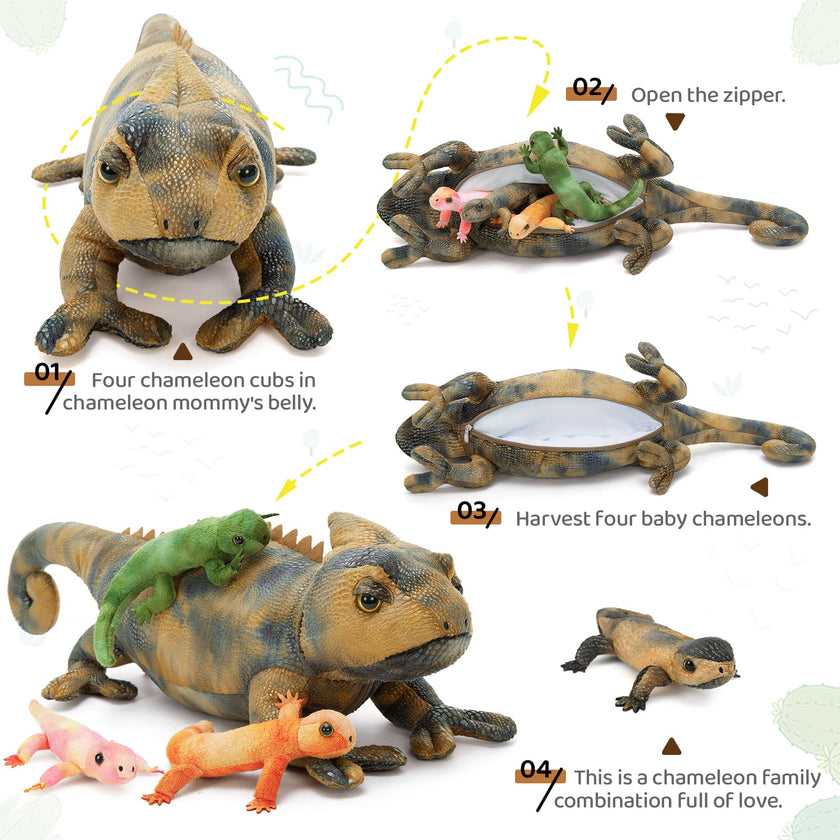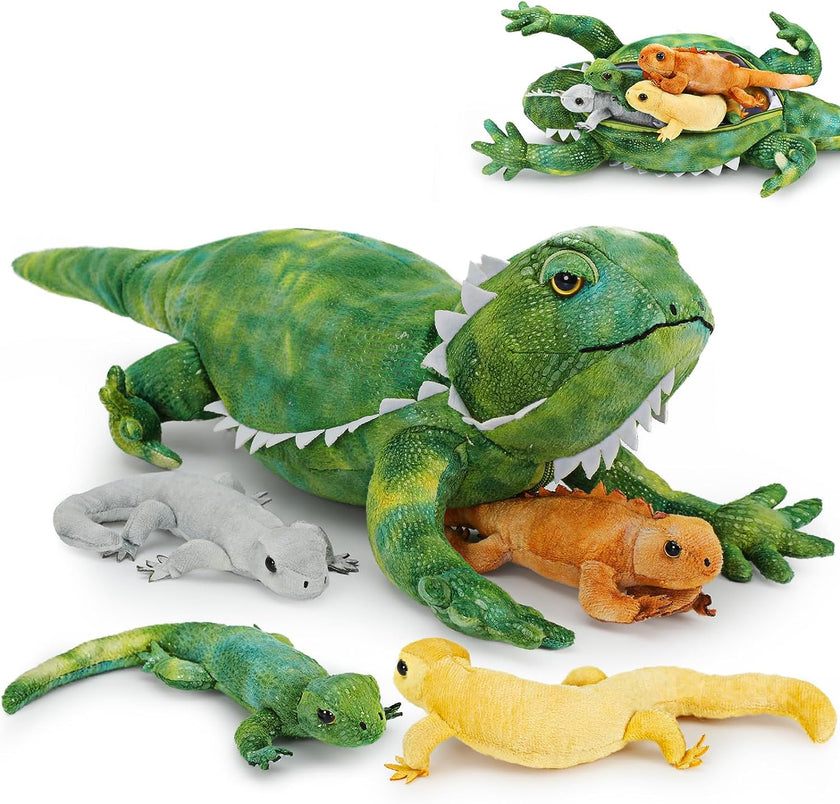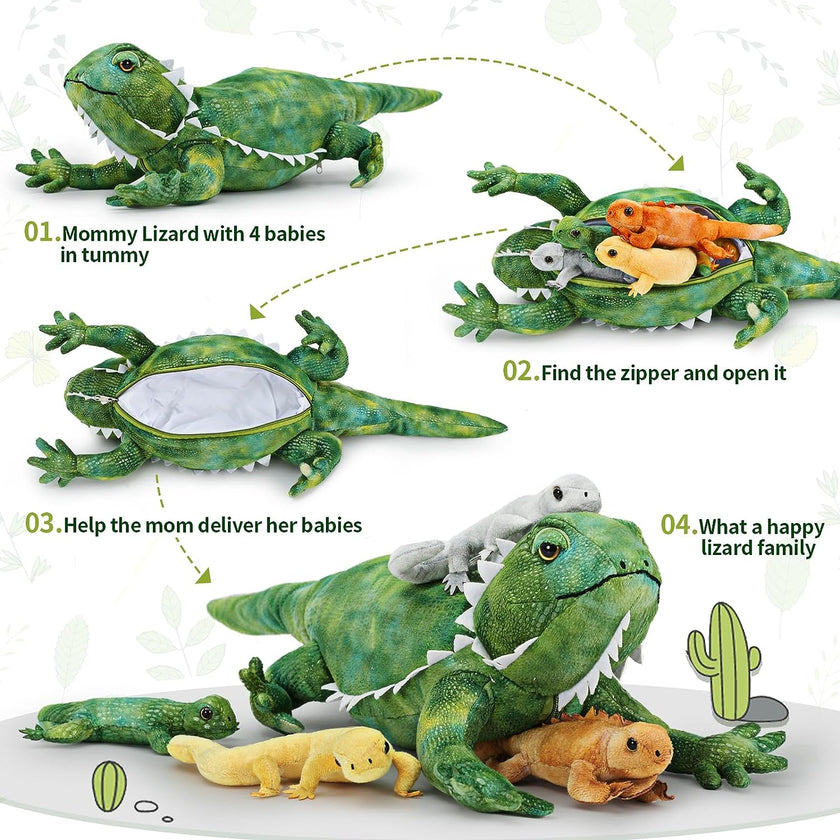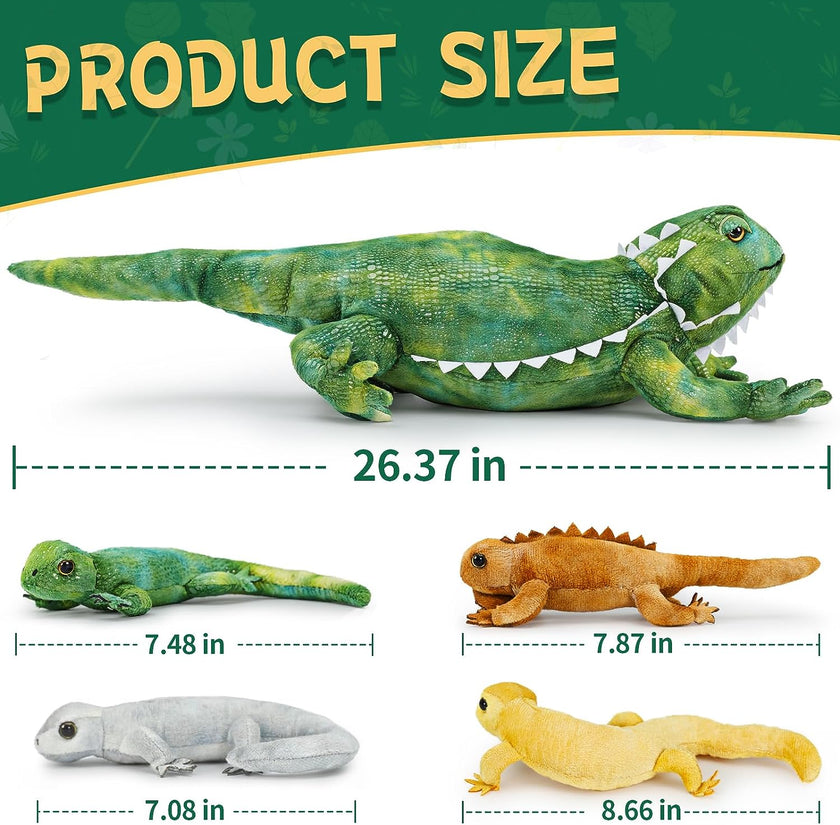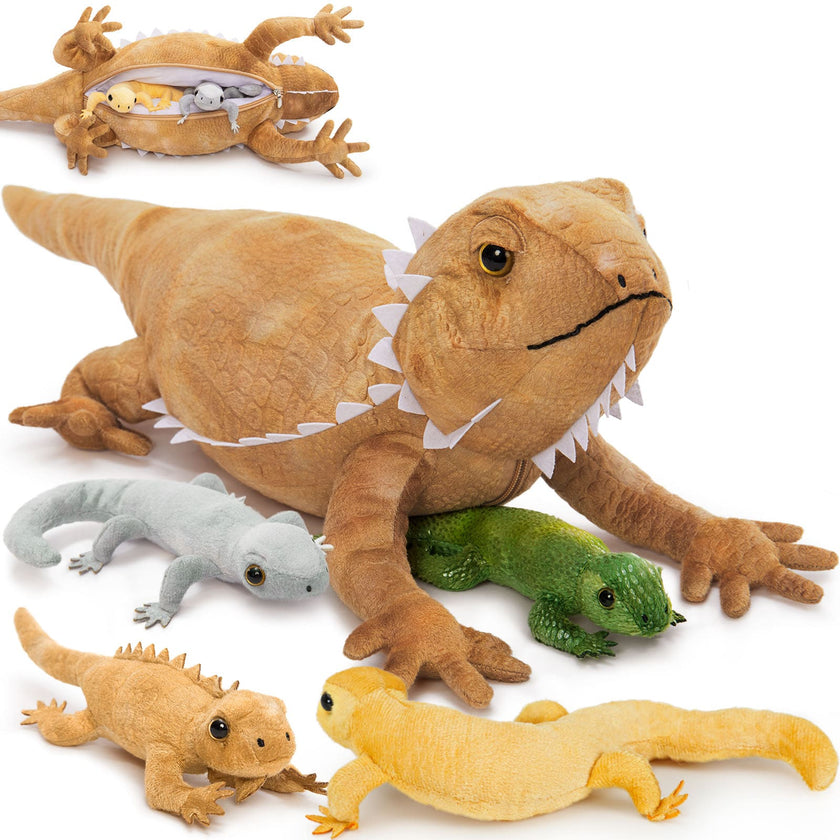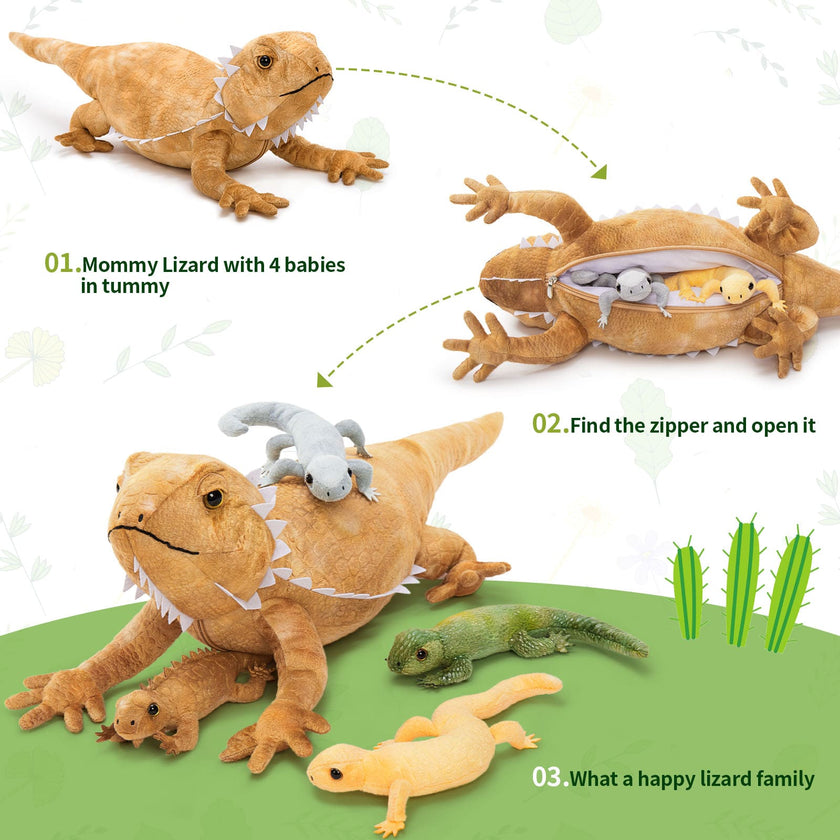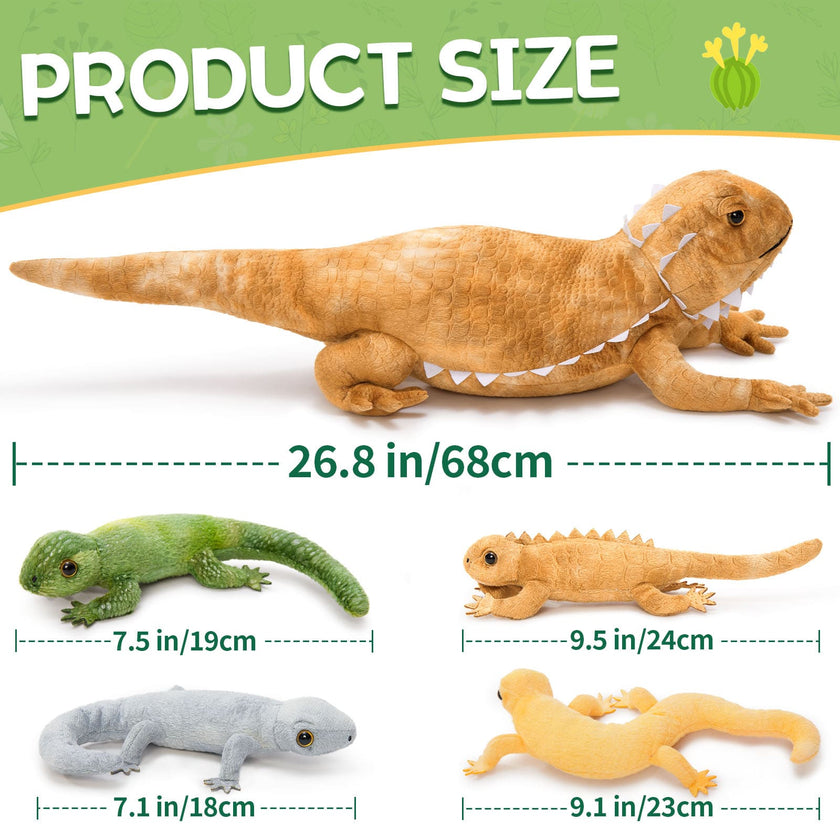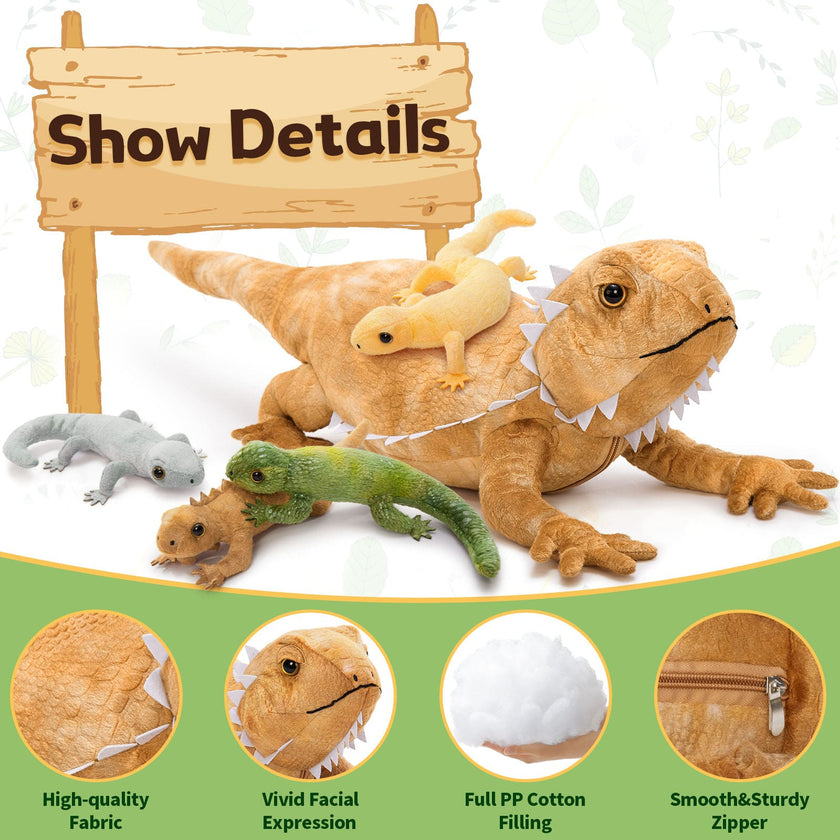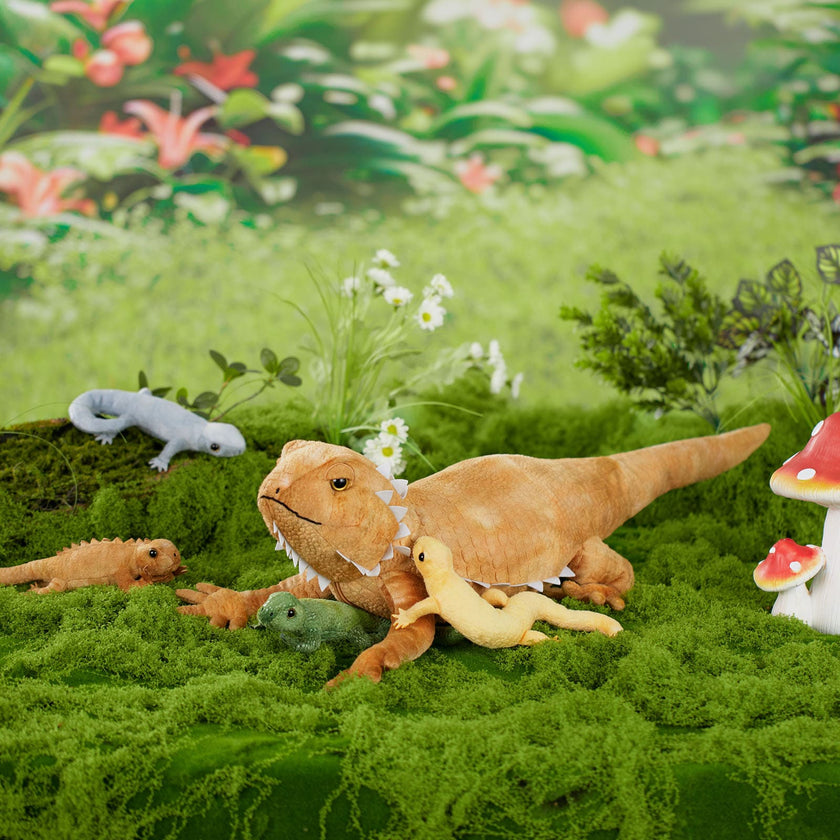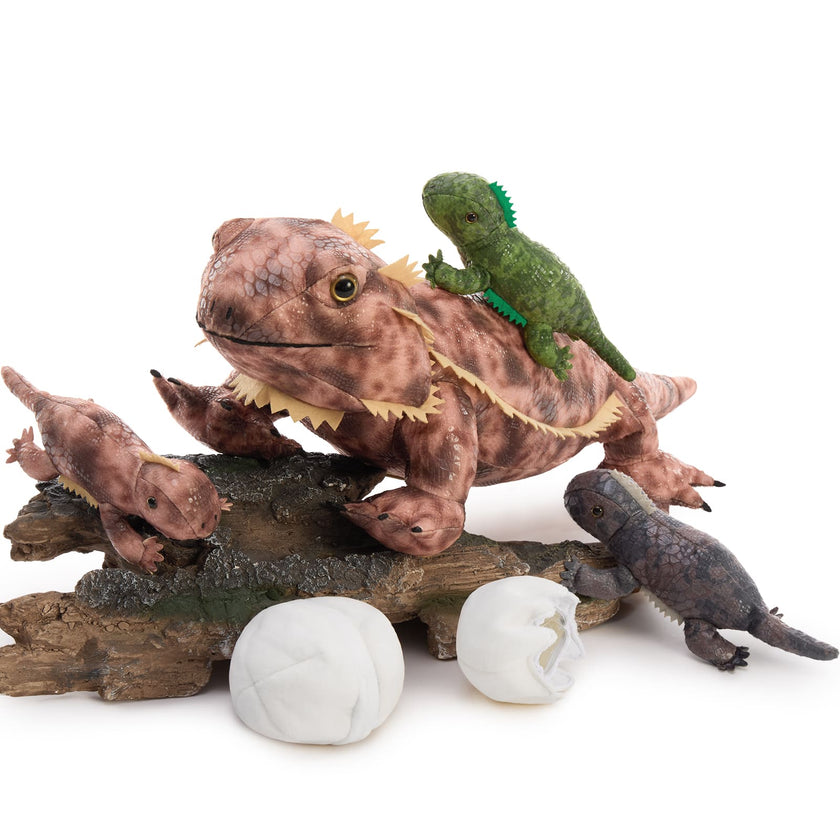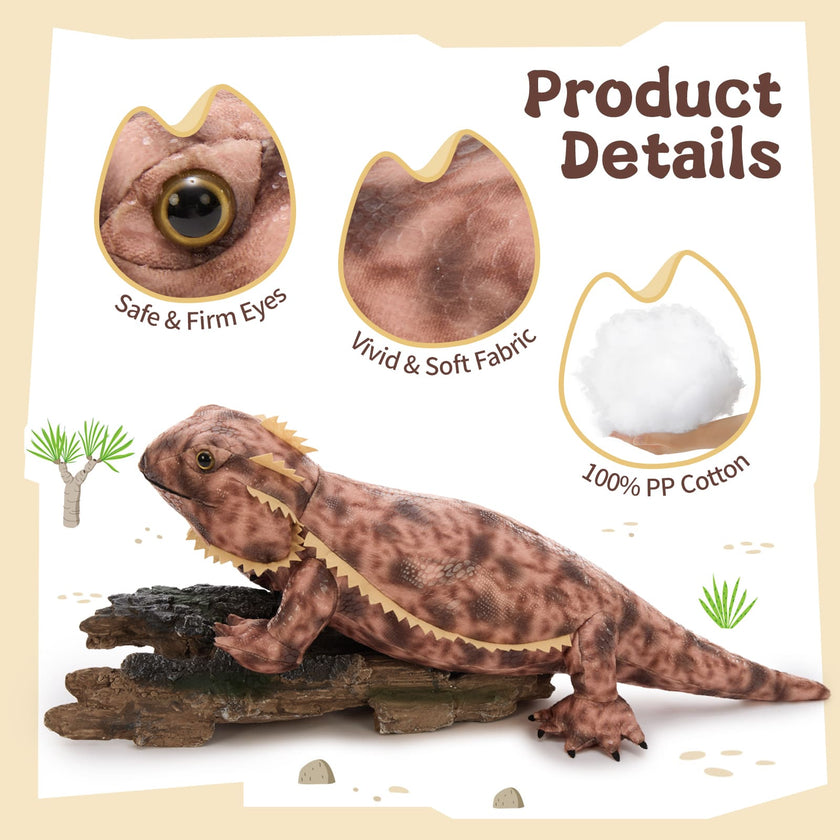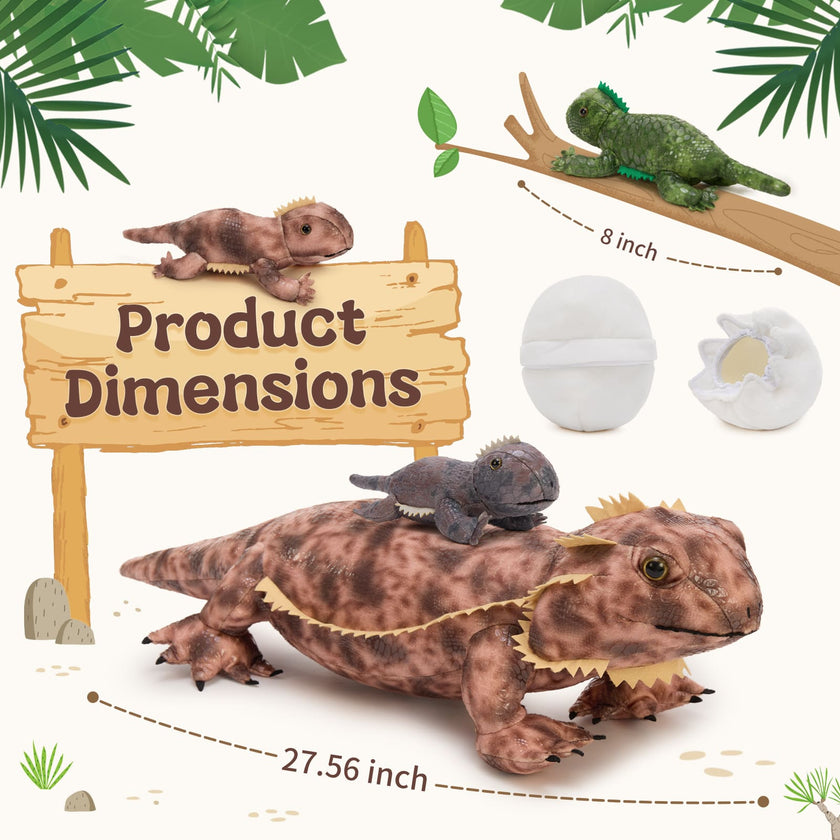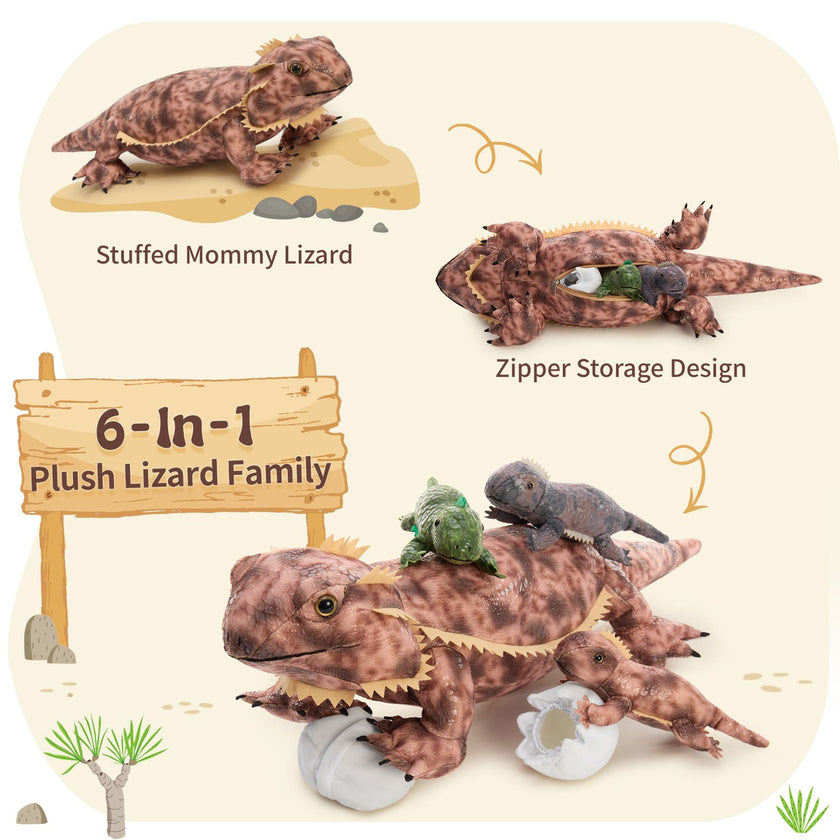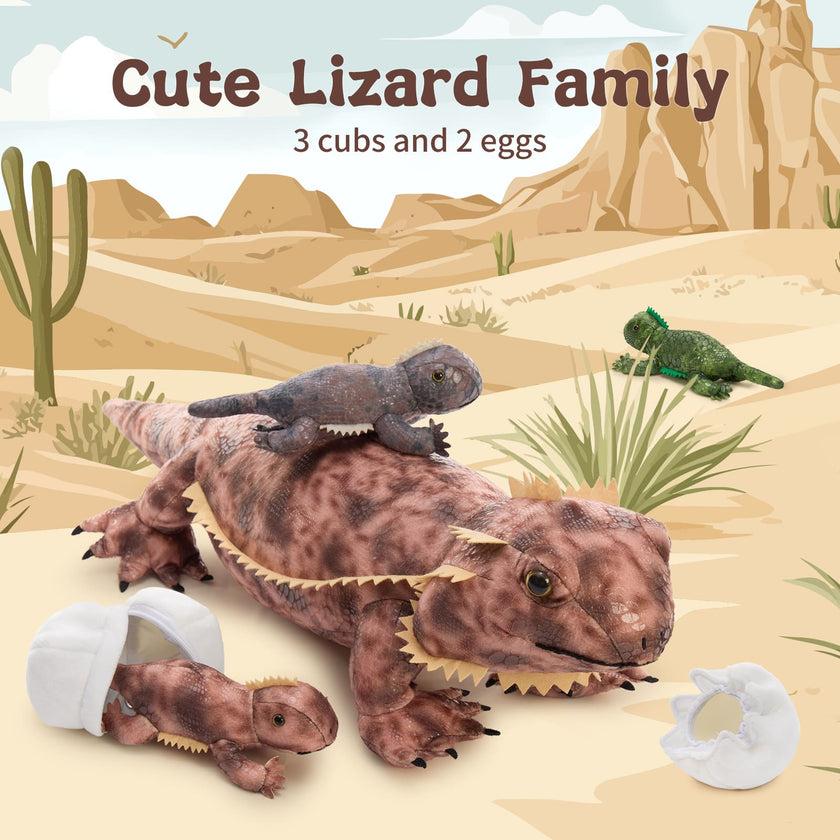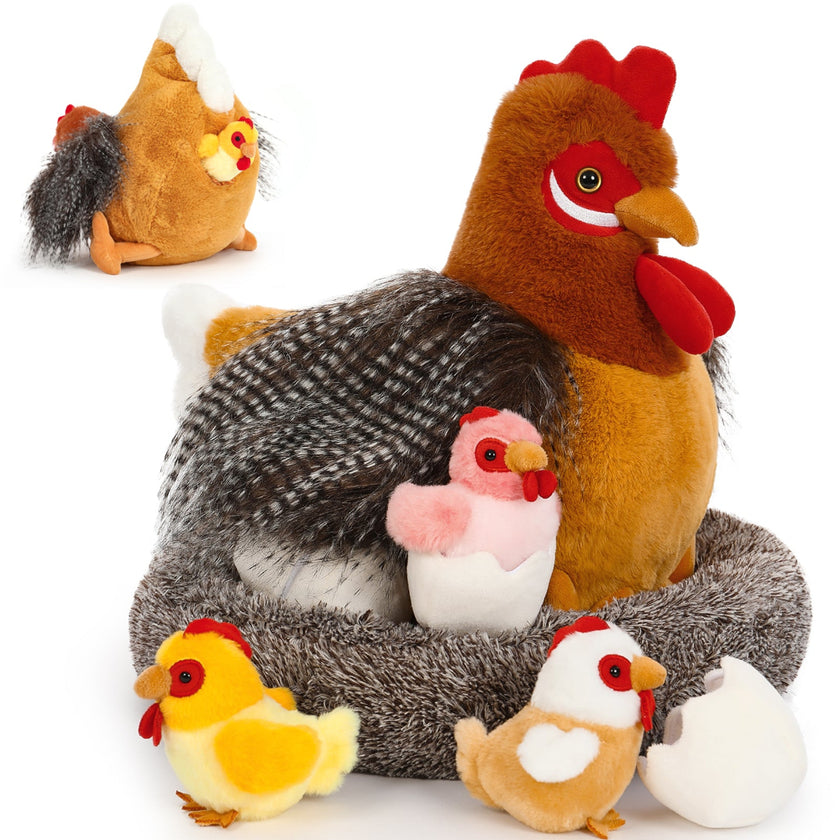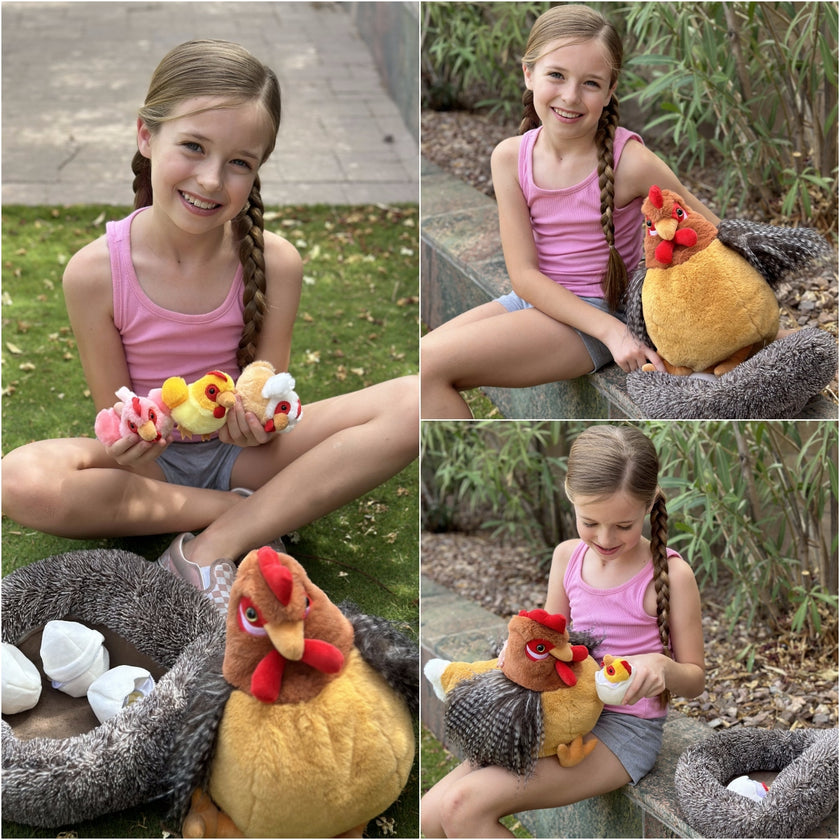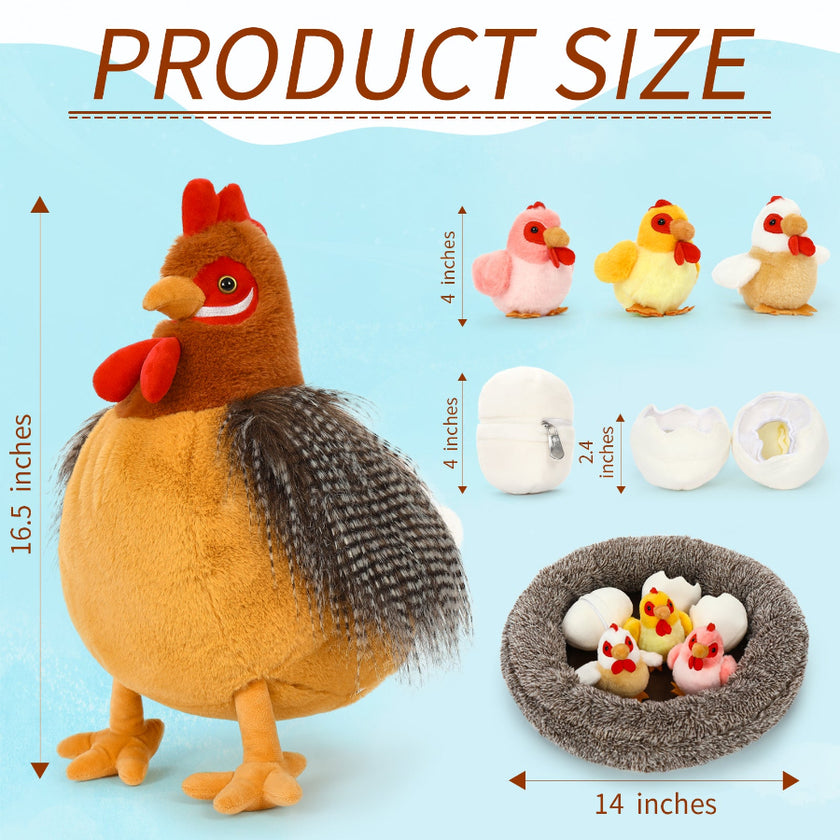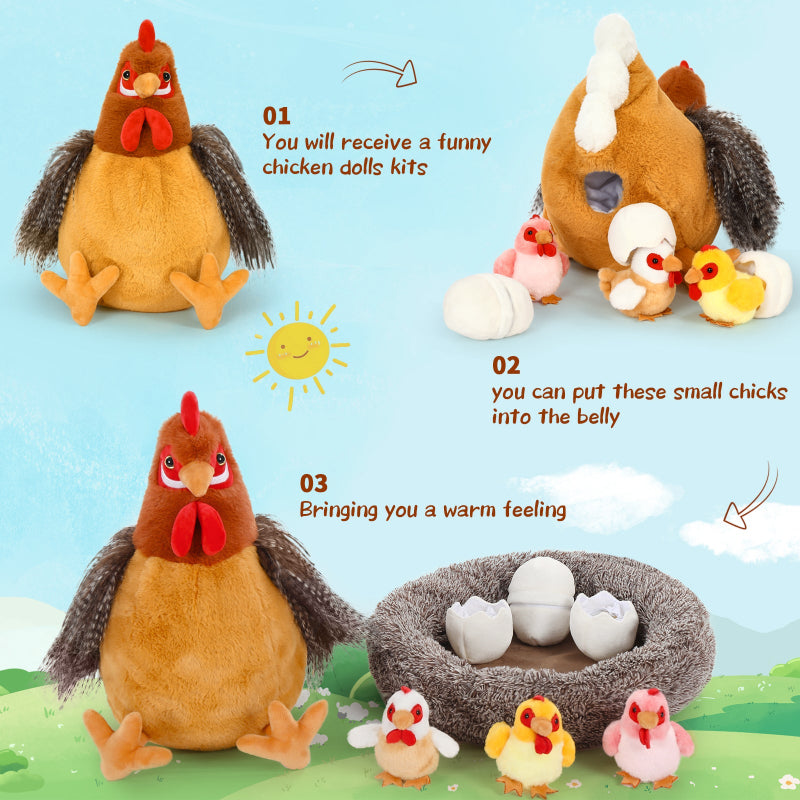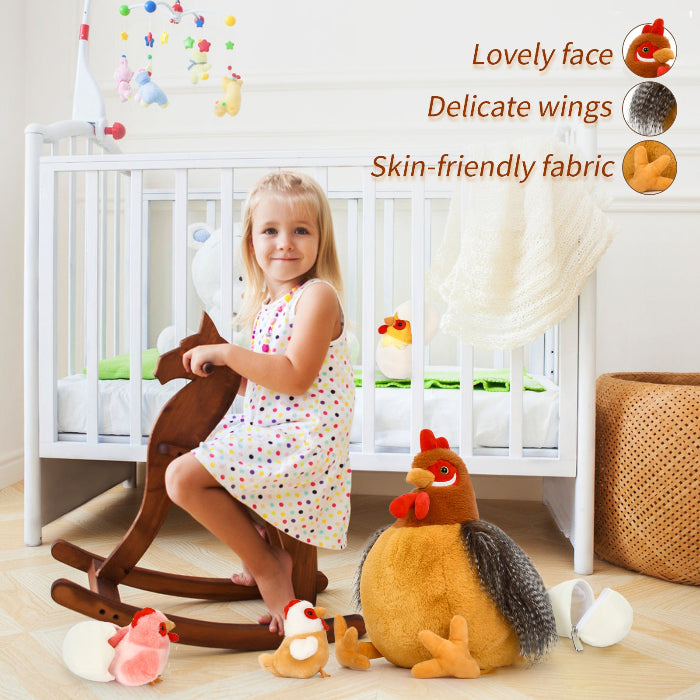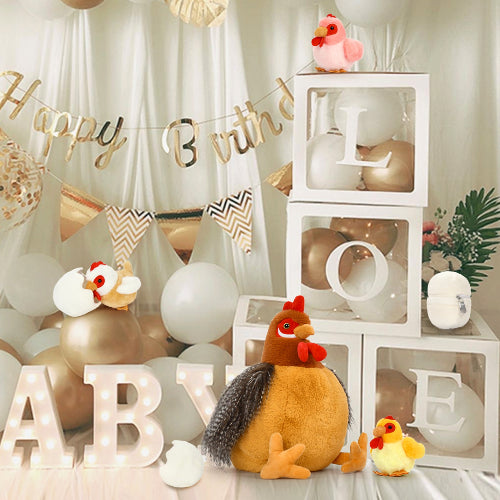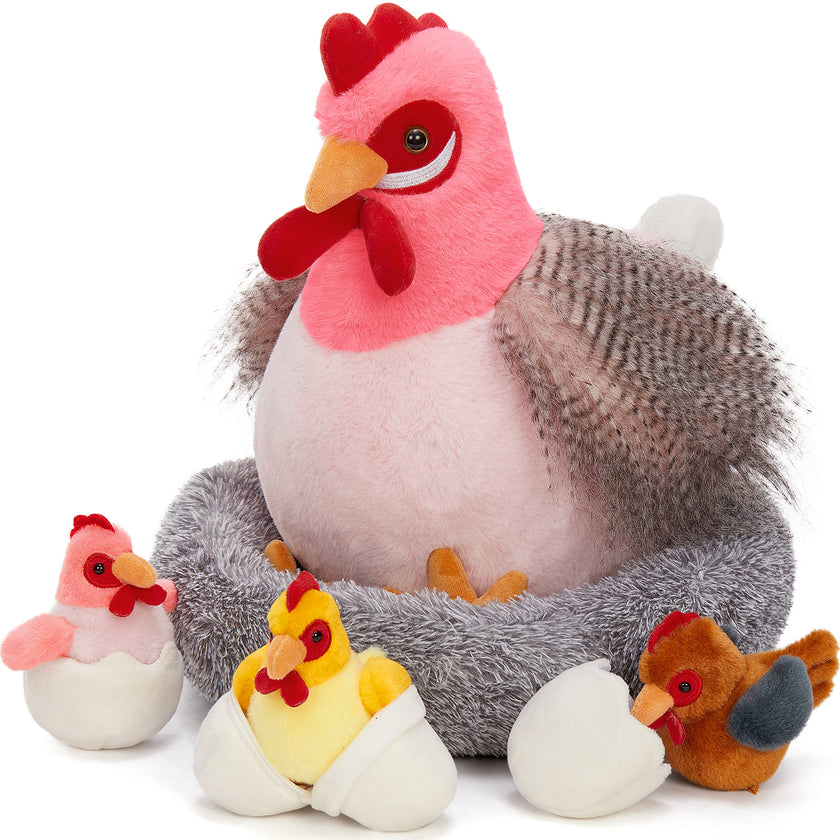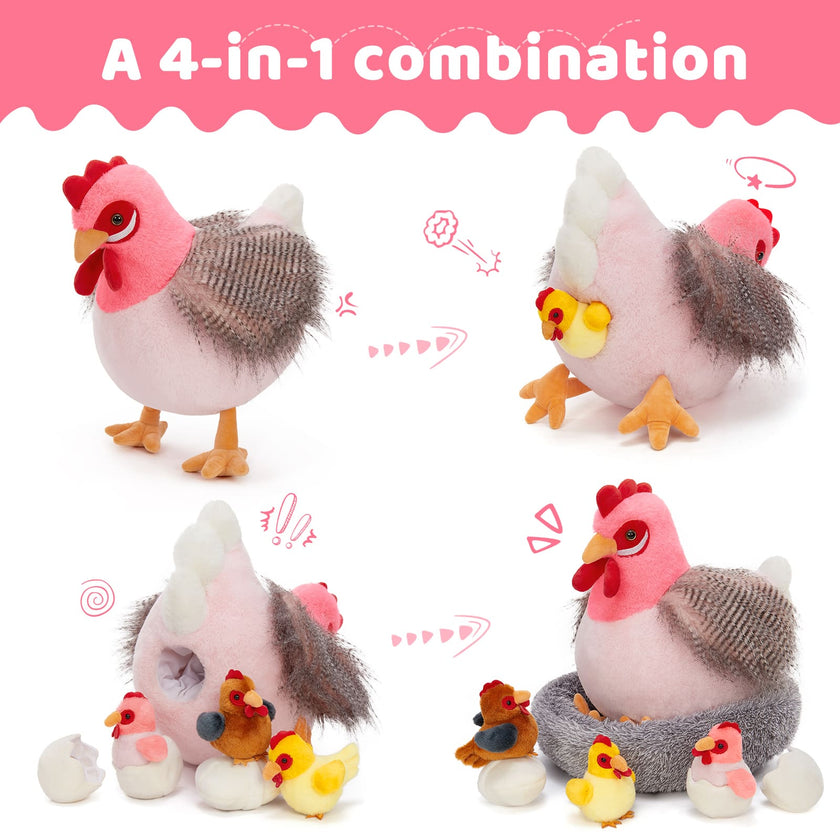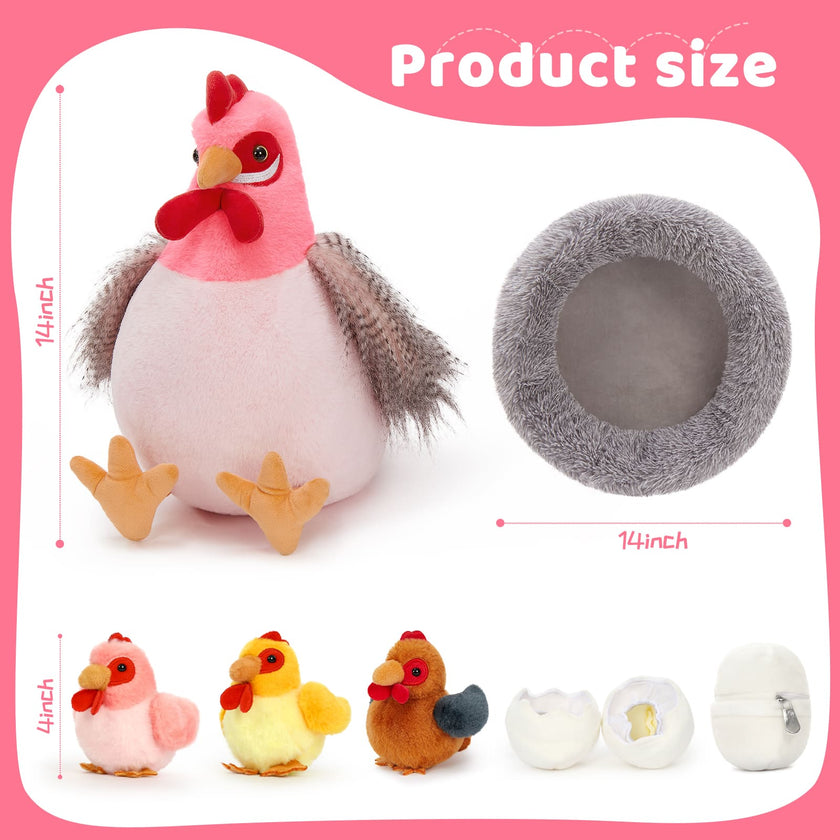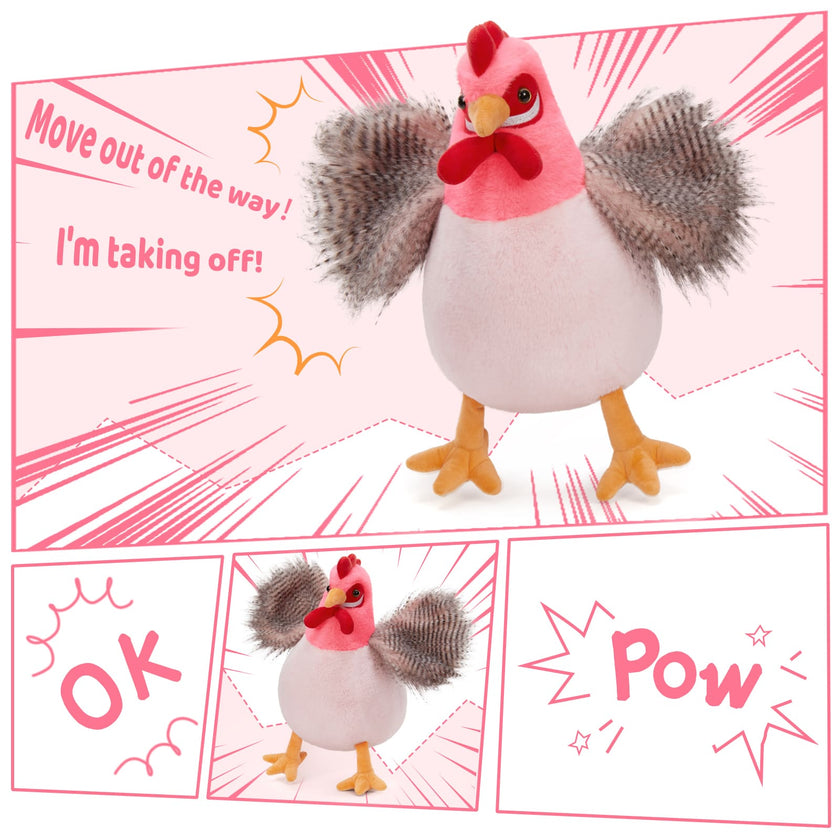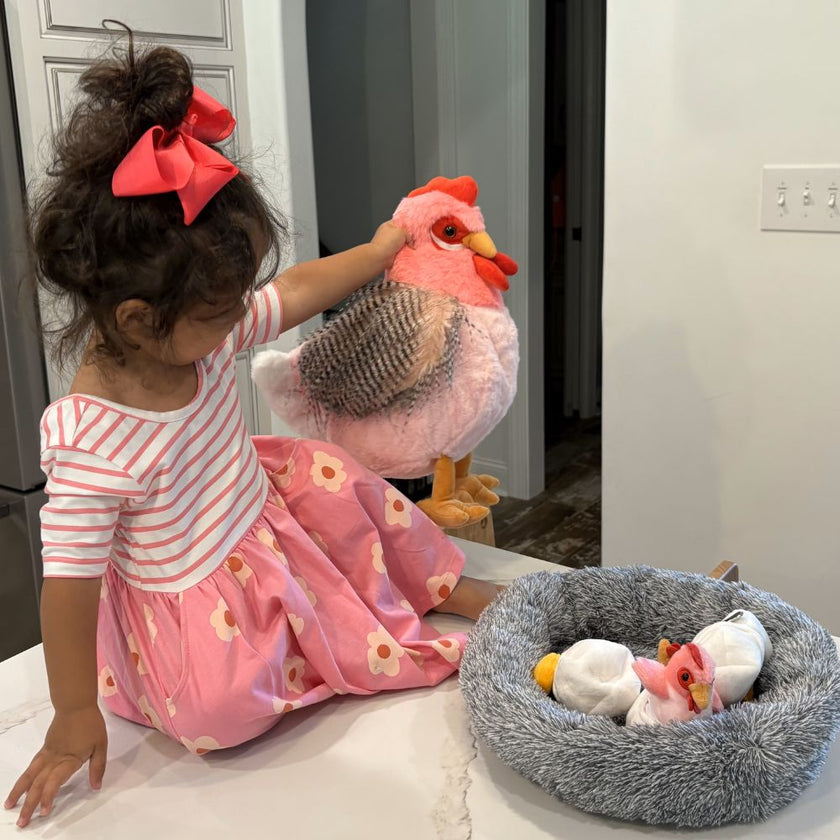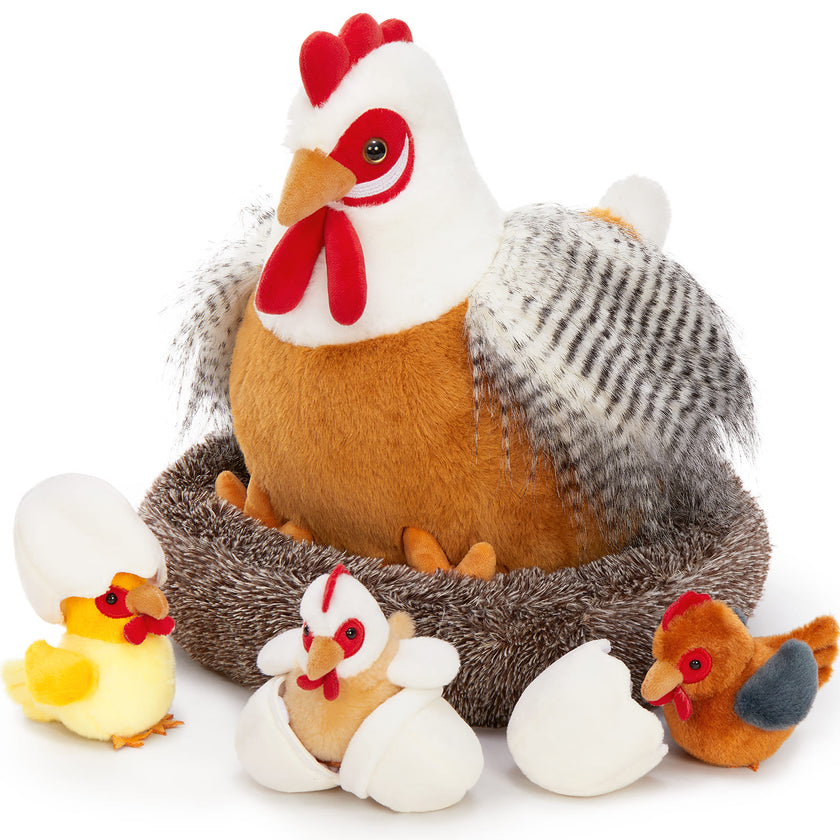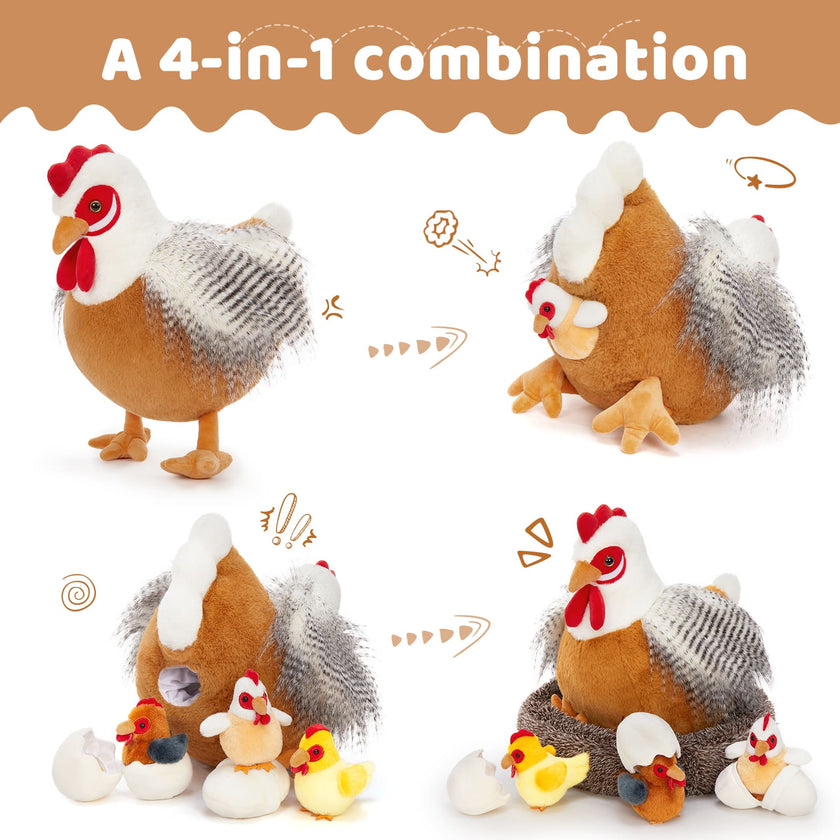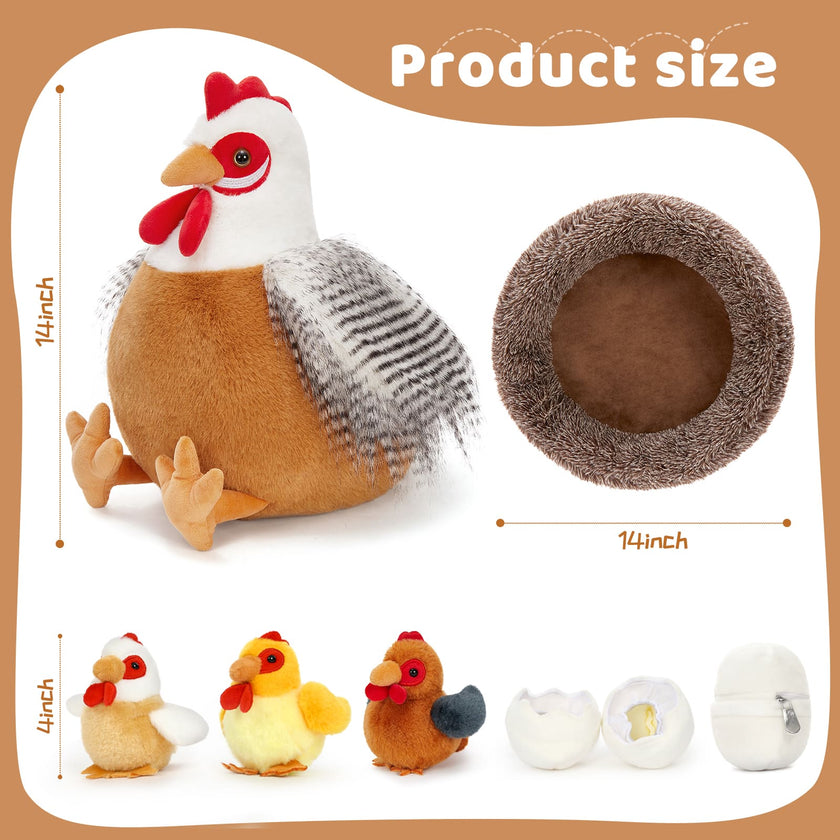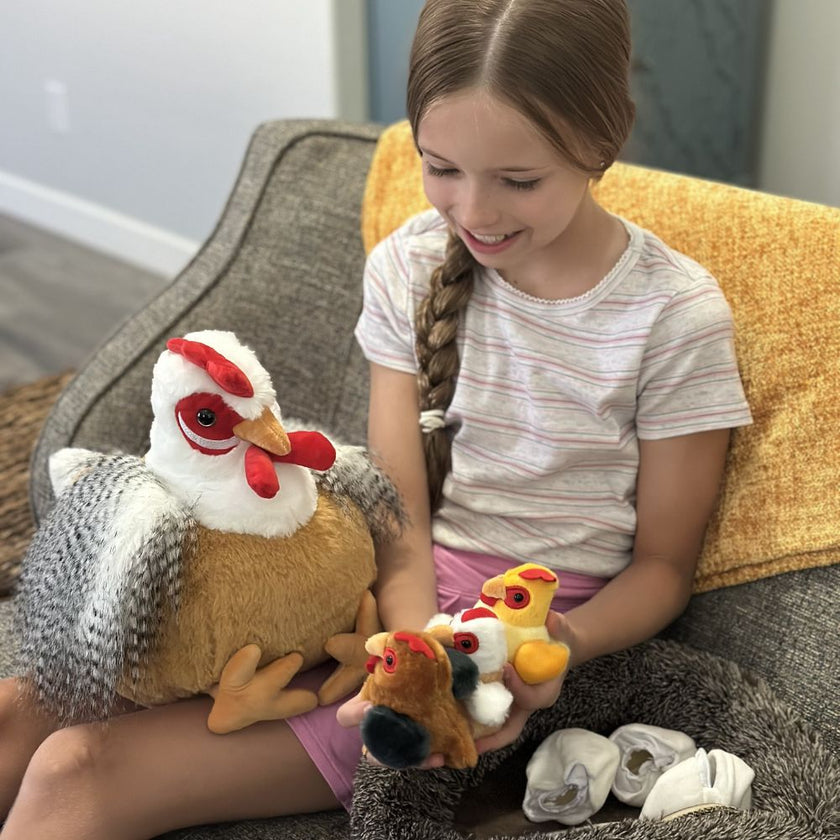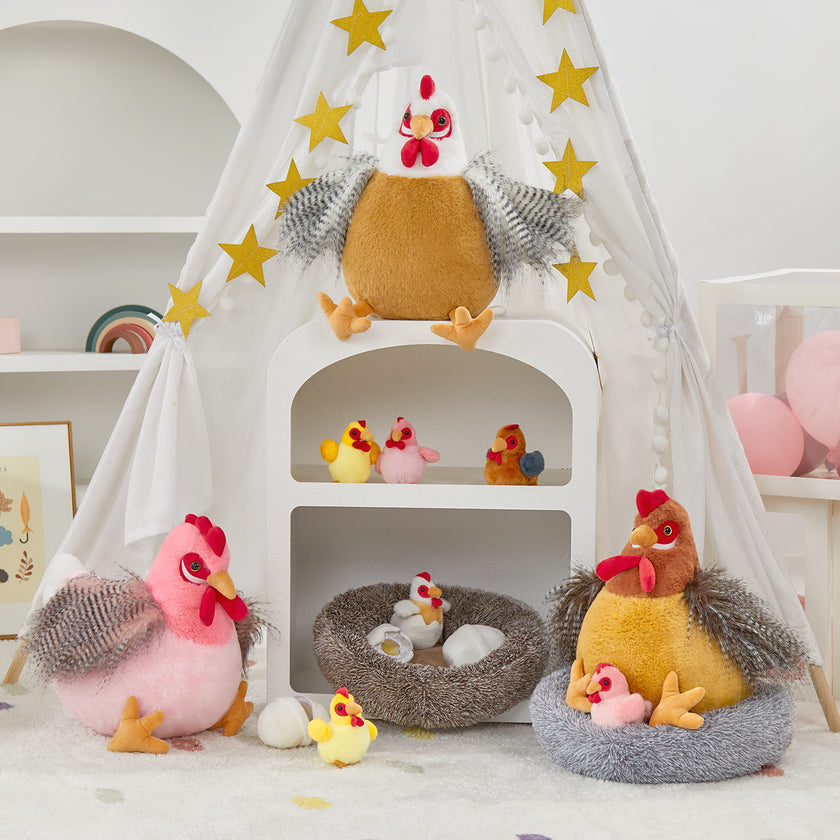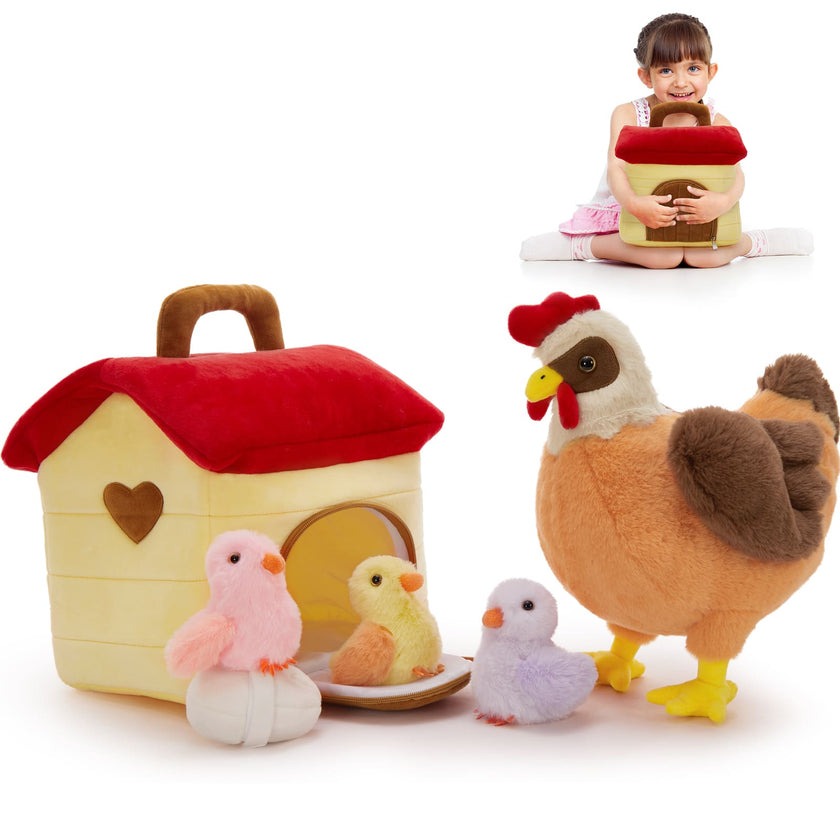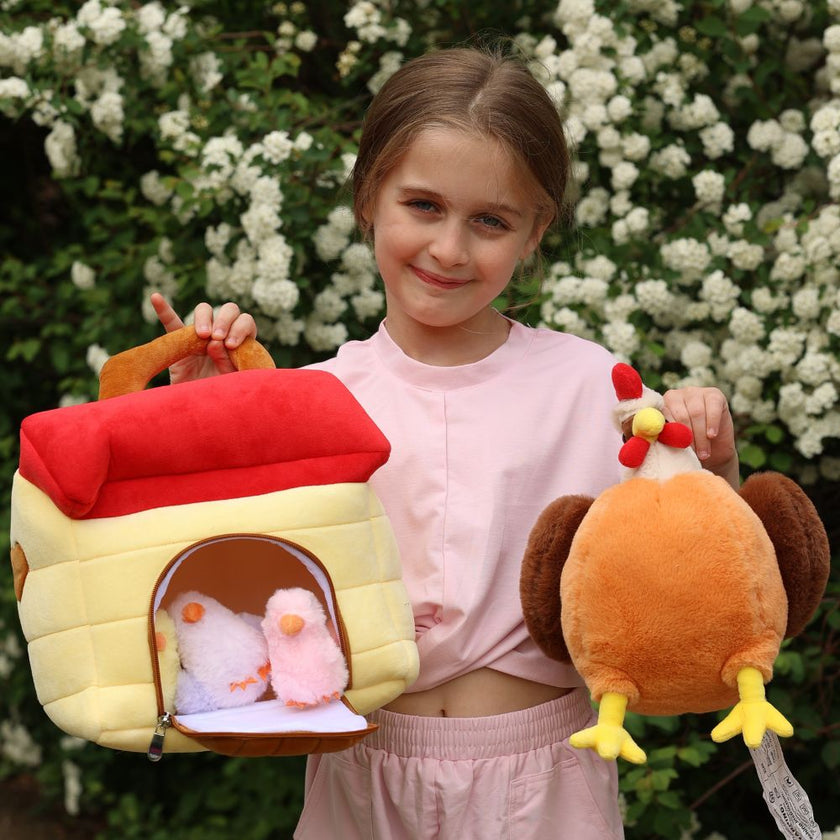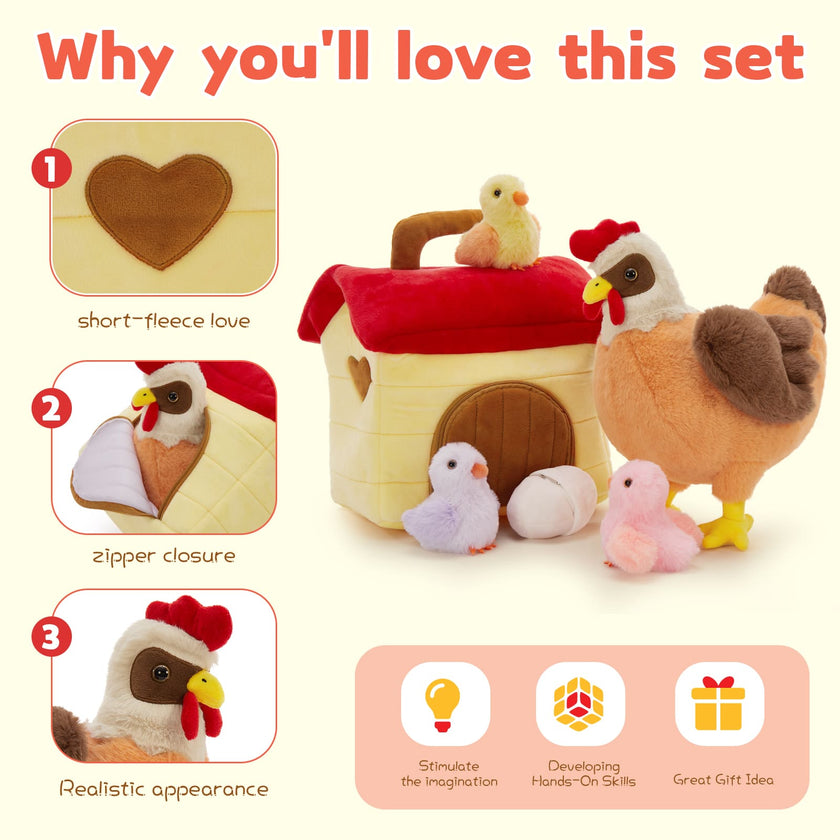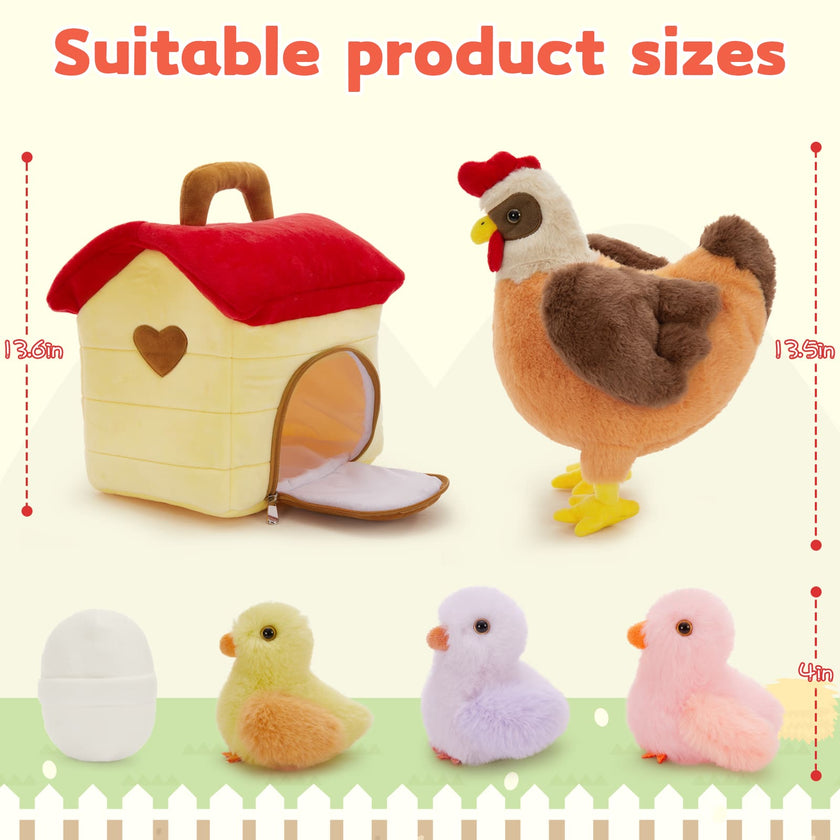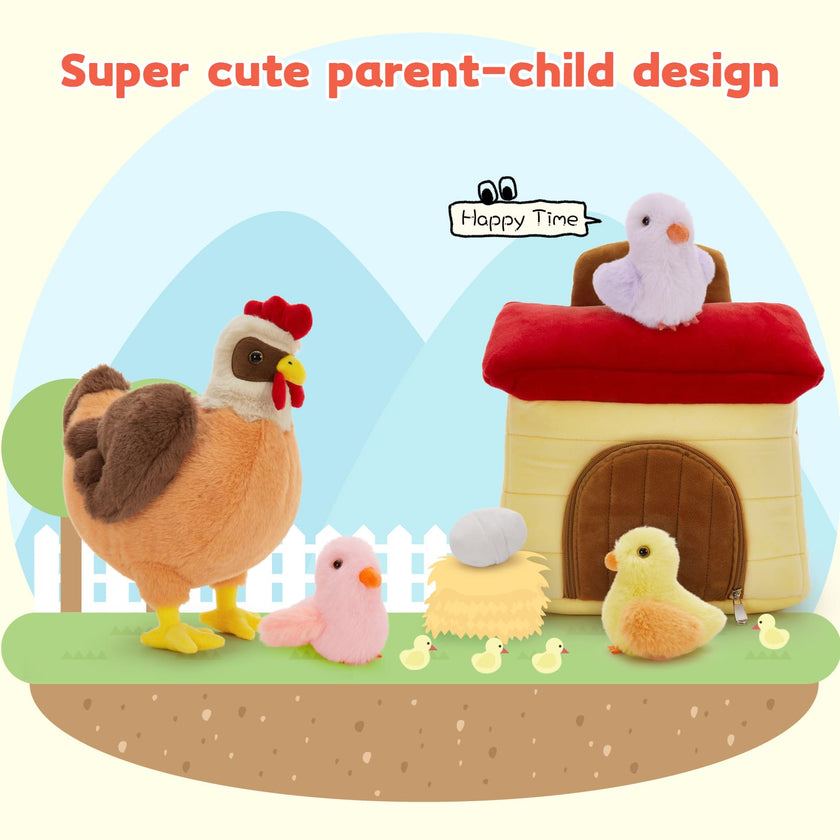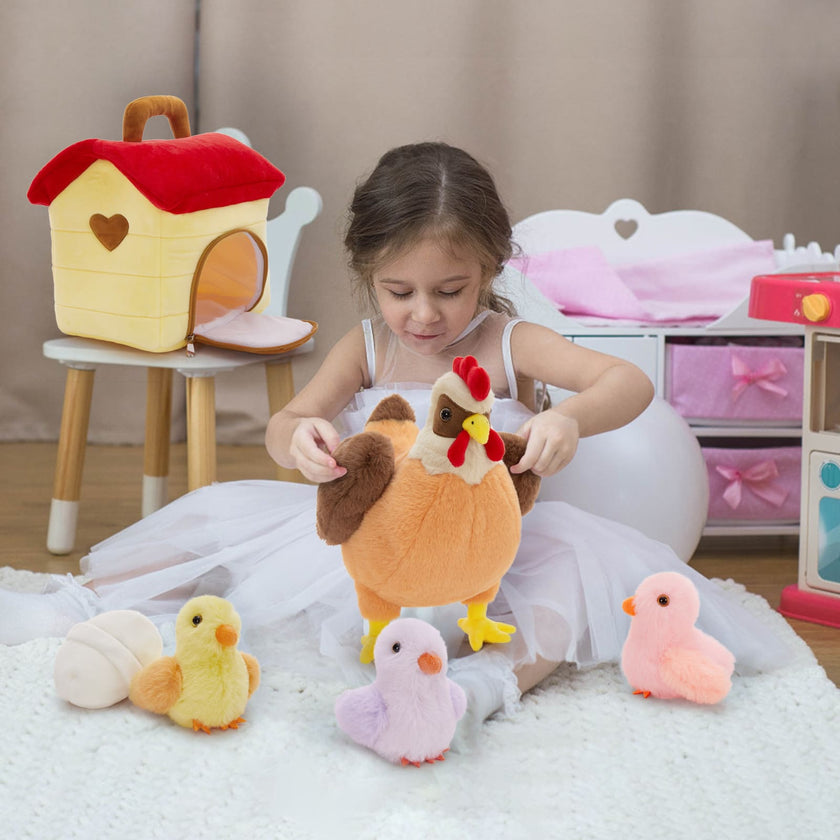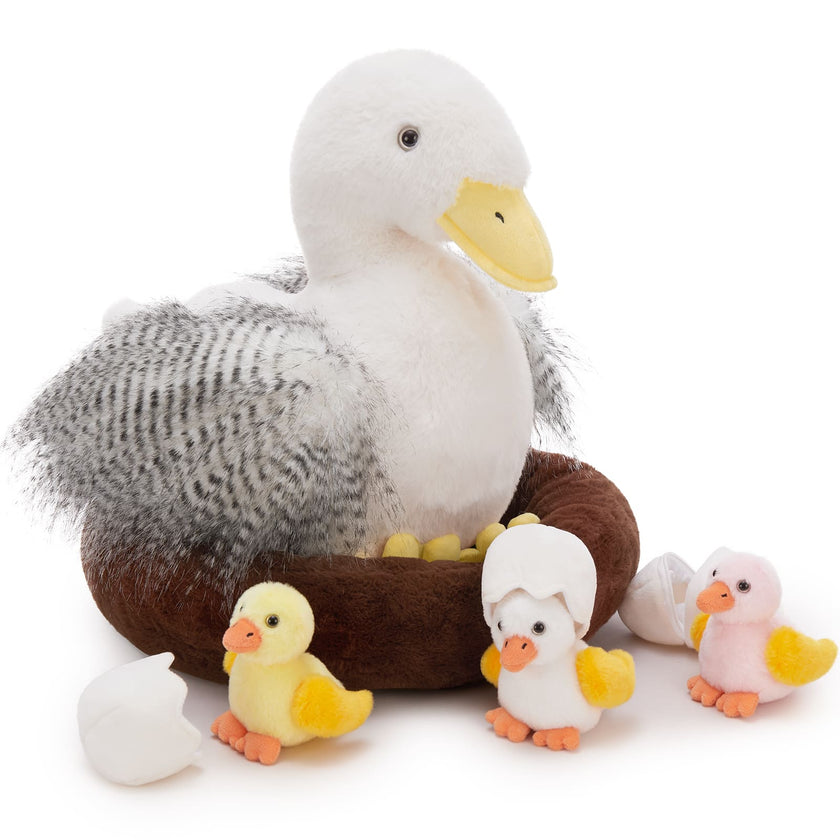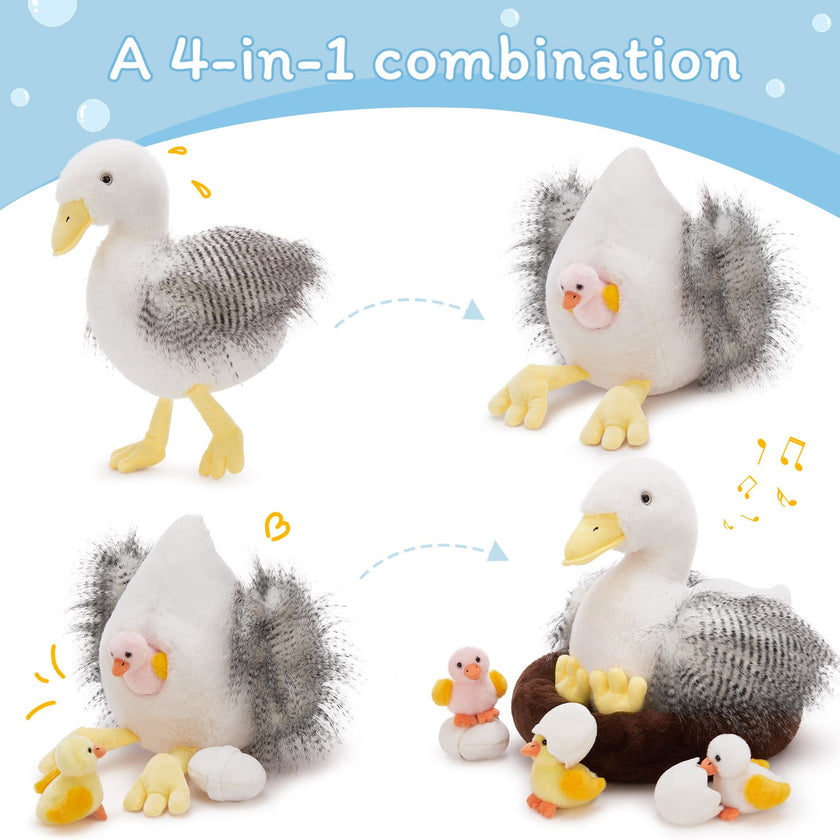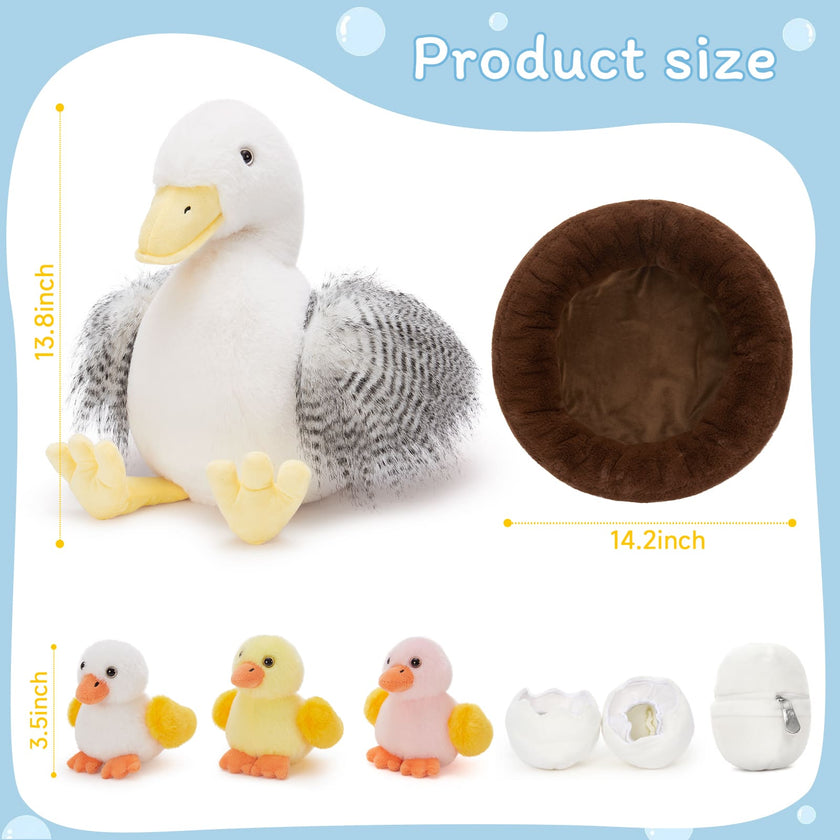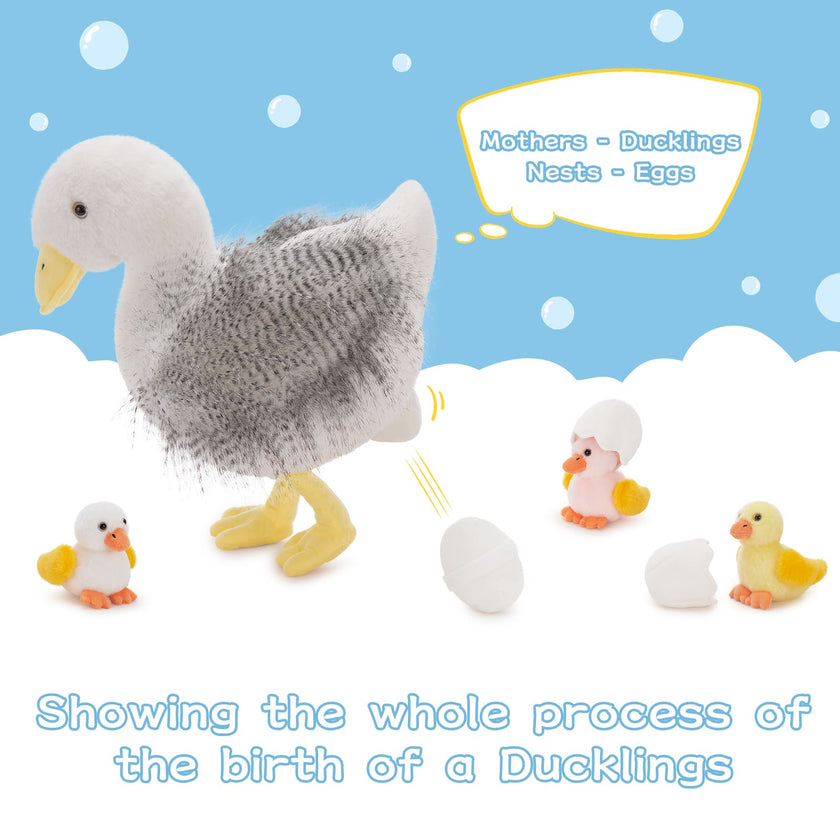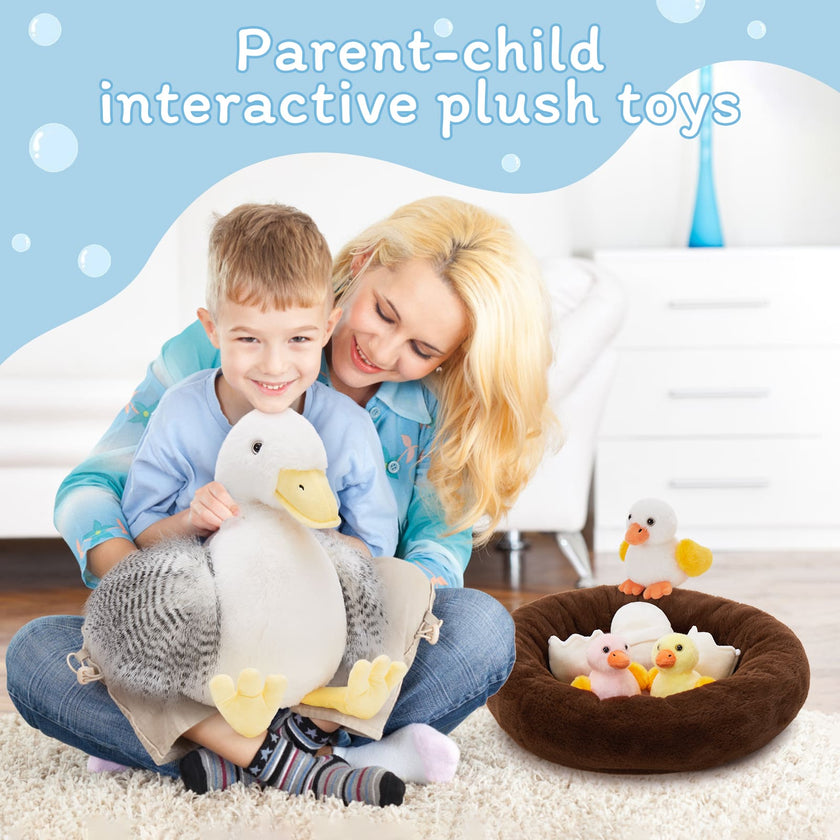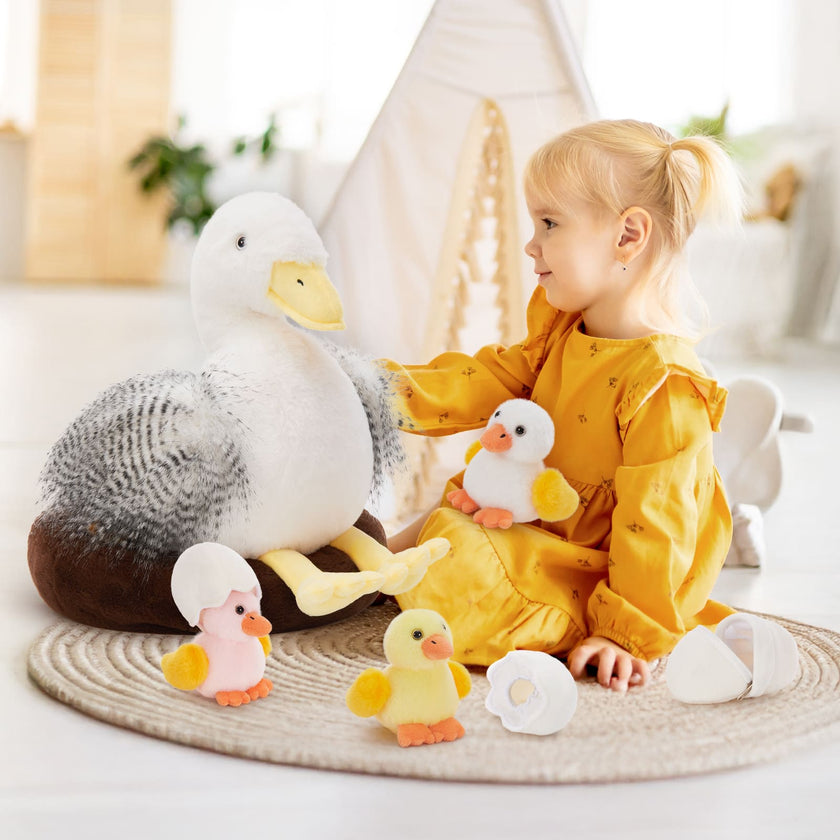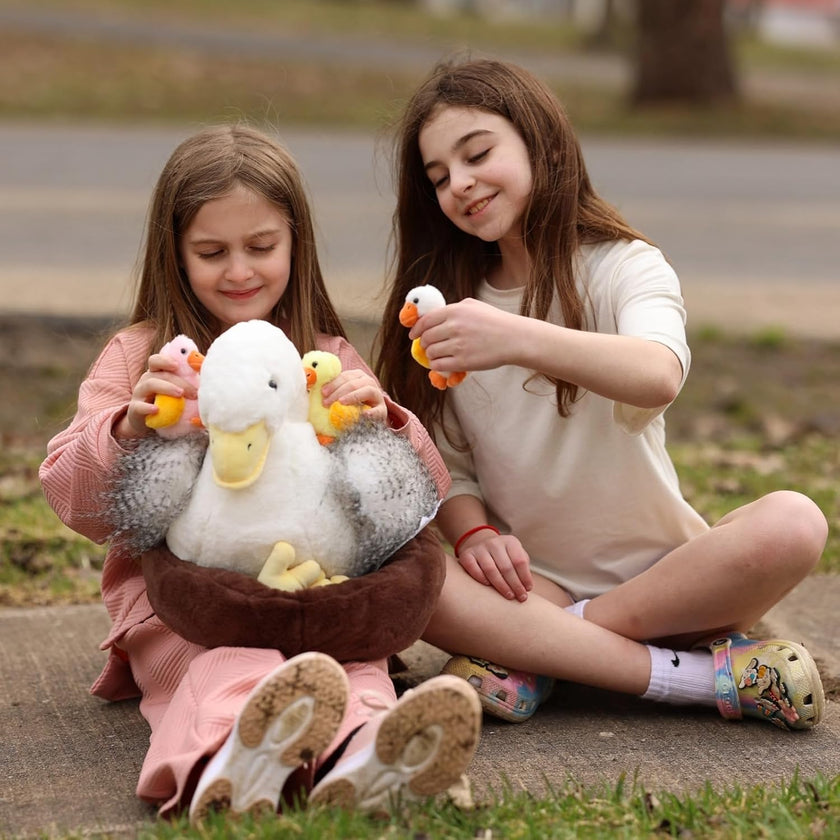Plush toys often arrive compressed in airtight packaging — especially when ordered online. This packaging method helps reduce shipping costs, protects the plush from dust, and allows stores to maintain inventory efficiently. However, when customers open the package, they may find their new plush toy looking flattened, wrinkled, or misshapen.
The good news?
A compressed plush toy is not damaged — it simply needs time and proper care to regain its original shape, softness, and fluffiness.
This comprehensive guide explains why plush toys come vacuum-packed, what happens to the materials inside, and step-by-step methods to restore full fluffiness safely and effectively, whether you’re a store owner, parent, or plush collector.
⭐ Why Plush Toys Are Airtight or Vacuum-Packed
Many brands vacuum-seal plush toys for several reasons:
1. Lower Shipping Costs
A plush toy can shrink to 20–40% of its size when compressed. This reduces:
-
shipping volume
-
warehouse space
-
transportation fuel
Lower costs help keep retail prices manageable.
2. Hygienic Protection
Airtight packaging prevents:
-
dust
-
moisture
-
bacteria
-
debris during shipping
Customers receive a cleaner product overall.
3. Shape Flexibility of Polyester Filling
Most plush toys use polyester fiberfill, which compresses easily and then expands back when exposed to air. This material is safe, durable, and perfect for vacuum packaging.
4. Eco-Friendly Shipping Practices
With less bulk in shipments:
-
fewer packaging materials are used
-
carbon footprint is reduced
-
shipping efficiency increases
⭐ What Happens to a Plush Toy When Vacuum-Packed?
Understanding the science behind compression helps you restore the plush correctly.
Polyester Fibers Compress
The stuffing flattens and forms temporary creases.
Air Is Removed
Without air, the plush shrinks and may appear:
-
wrinkled
-
lumpy
-
clingy or "sticky" to the touch
Fabric May Crease
Fur, minky fabric, and velboa can develop lines or folds.
Shape Can Distort
Arms, legs, or the head might look bent or twisted, but this is easily fixable.
⭐ How Long Does It Take for a Vacuum-Packed Plush to Fluff Up Naturally?
On its own, most plush toys regain shape within:
-
30 minutes to 2 hours for small plush
-
6–24 hours for medium to large plush
-
Up to 48 hours for giant plush
But you can speed up the process with the methods below.
🔥 The Ultimate Step-by-Step Guide to Making an Airtight Plush Toy Fluffy Again
Below are the most effective techniques, from gentle methods to professional-level restoration.
Method 1: The Natural Air Expansion Method (Recommended for All Plush)
Steps:
-
Open the vacuum-sealed bag carefully using scissors.
-
Let the plush sit in a warm, breathable room.
-
Shake the plush gently to loosen the stuffing.
-
Allow air to slowly reinflate the fibers.
Why It Works:
-
Polyester naturally expands when exposed to air.
-
Gentle shaking redistributes the fiberfill.
Best For:
All plush toys, especially delicate ones.
Method 2: Massage & Fluff Restoration Technique
This method is extremely effective for plush that still looks flat after opening.
Steps:
-
Hold the plush firmly.
-
Use both hands to massage the surface, especially:
-
the belly
-
cheeks
-
head
-
limbs
-
-
Gently knead the stuffing like dough.
-
Break up compressed fiber clumps with your fingers.
Why It Works:
Massaging allows air to enter deeper layers of fiberfill and restores volume quickly.
Time Needed:
3–10 minutes depending on plush size.
Method 3: Shake & Pat Technique
Perfect for plush toys that look wrinkled or limp.
Steps:
-
Hold the plush by the torso or neck.
-
Shake it vigorously but safely.
-
Pat the plush's body and limbs to help redistribute stuffing.
Why It Works:
Shaking helps clumped fibers separate and regain loft.
Method 4: Warm Air “Fluff Boost” Method (No Heat!)
⚠️ No hot air. No direct heat.
Heat can melt or damage synthetic fibers.
Steps:
-
Use a hairdryer on cool or warm (not hot) setting.
-
Blow air evenly over the plush.
-
Use your fingers to fluff the fur at the same time.
Benefits:
-
Helps fabric relax
-
Speeds up air expansion
-
Fluffs fur safely
Ideal For:
Plush toys with medium-length fur or velboa.
Method 5: Towel Dry Roll Technique (For Deep Creases)
This method works wonders for plush that looks heavily wrinkled.
Steps:
-
Lay a clean towel on a flat surface.
-
Place the plush on top.
-
Roll the towel and plush together like a burrito.
-
Press lightly for 10–20 seconds.
-
Unroll and fluff the plush by hand.
Why It Works:
The towel helps pull moisture and air around the fibers, reducing creases quickly.
Method 6: Steam Refresh (ONLY Surface Steam)
⚠️ Do NOT directly soak or steam inside components.
Steps:
-
Use a handheld steamer or iron with steam mode only.
-
Keep the steamer at least 20–30 cm (8–12 inches) away.
-
Lightly steam the fabric surface only, never interior filling.
-
Fluff with fingers immediately after steaming.
Benefits:
-
Removes wrinkles
-
Softens fabric
-
Speeds up expansion
Best For:
High-quality plush or thick fabrics like faux fur.
Method 7: Dryer “Air-Fluff” Setting (Only for Safe, Durable Plush)
⚠️ Check the tag first.
This method is powerful but not suitable for delicate or small parts.
Steps:
-
Place the plush in a mesh laundry bag.
-
Add 1–2 clean towels for balance.
-
Set the dryer to Air Fluff / No Heat / Low Tumble.
-
Run for 5–10 minutes, checking frequently.
Benefits:
-
Adds volume
-
Breaks up stuffing clumps
-
Softens fur
⭐ How to Restore the Plush Fur After Compression
Once the plush regains shape, you may still want to refresh the fur.
1. Brush the Fur
Use:
-
a pet slicker brush (gentle type), or
-
a soft-bristle brush
Brush in one direction to avoid frizz.
2. Use Micro-Misting
A very light spray of clean water (not soaking) helps fur relax.
3. Finger Fluffing
Use fingertips to “lift” the fur fibers back to normal height.
⭐ How to Fix Specific Problems After Airtight Packaging
Problem: Plush looks lumpy
Solution: Massage and knead stuffing in circular motions.
Problem: Plush won’t stand or sit properly
Solution: Redistribute stuffing toward the base or legs.
Problem: Fabric has deep fold lines
Solution: Steam from a distance + gentle brushing.
Problem: Plush feels “crunchy” or stiff
Solution: Use the natural air expansion method for 12–24 hours.
⭐ When to Be Concerned (Rare Cases)
A vacuum-packed plush toy is almost always safe, but watch for:
-
Torn seams
-
Leaking stuffing
-
Hard clumps that don’t break apart
-
Unusual smells
If any of these appear, contact customer support.
⭐ Tips to Keep Plush Toys Fluffy Long-Term
-
Do not store plush toys sealed long-term.
-
Keep plush toys in a dry, cool room.
-
Brush plush fur every few months.
-
Avoid pressing them under heavy objects.
-
Wash and dry properly using gentle methods.
Small maintenance keeps the plush beautiful and soft for years.
⭐ Final Thoughts: Your Plush Will Return to Its Perfect Shape
Vacuum-sealing is a normal and safe practice used by many plush stores worldwide. Although plush toys may arrive looking flat or wrinkled, they’re designed to bounce back beautifully with just a little care.
Using the methods above — from simple air expansion to advanced fluffing techniques — you can restore any plush toy to its original, adorable, fluffy state.

